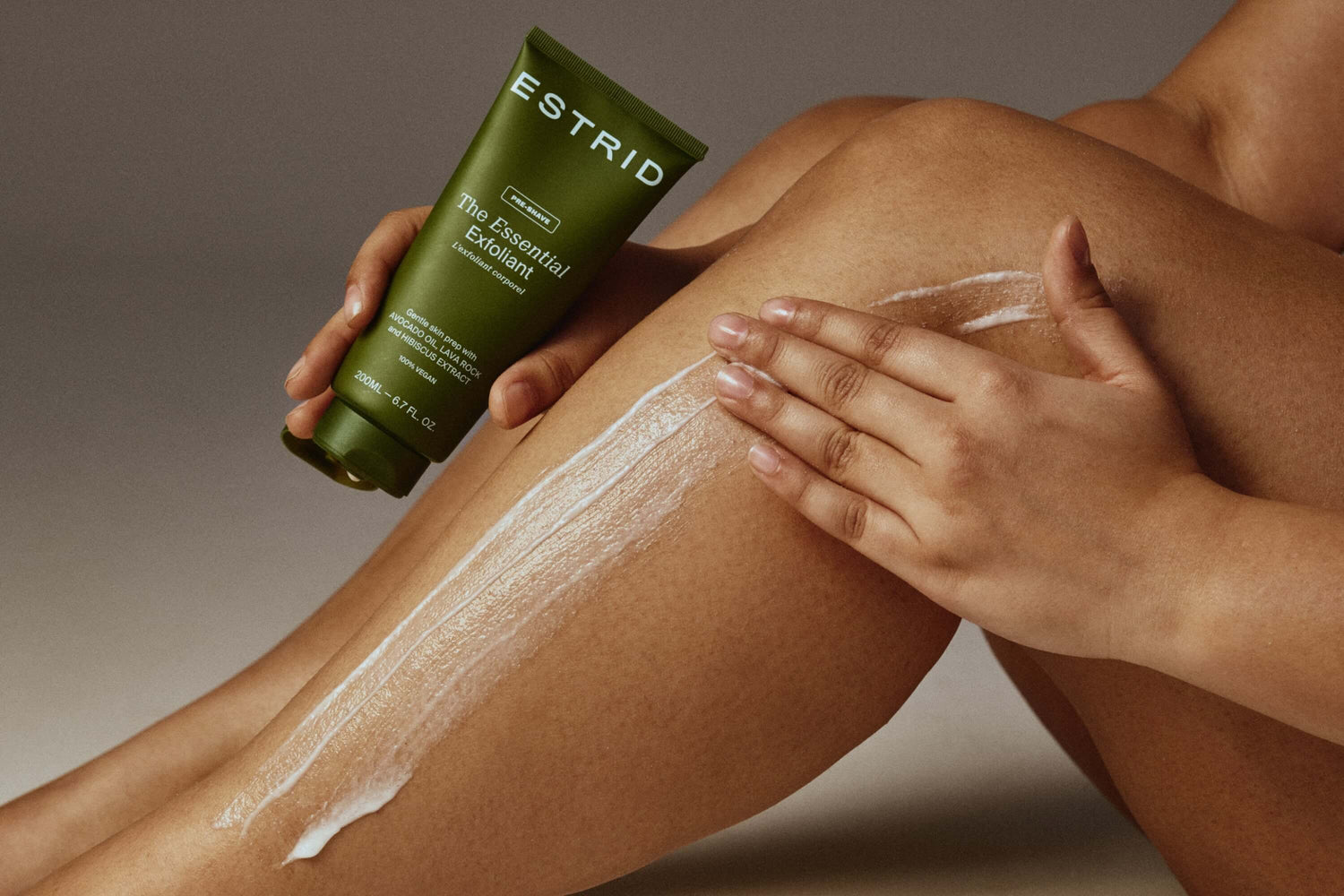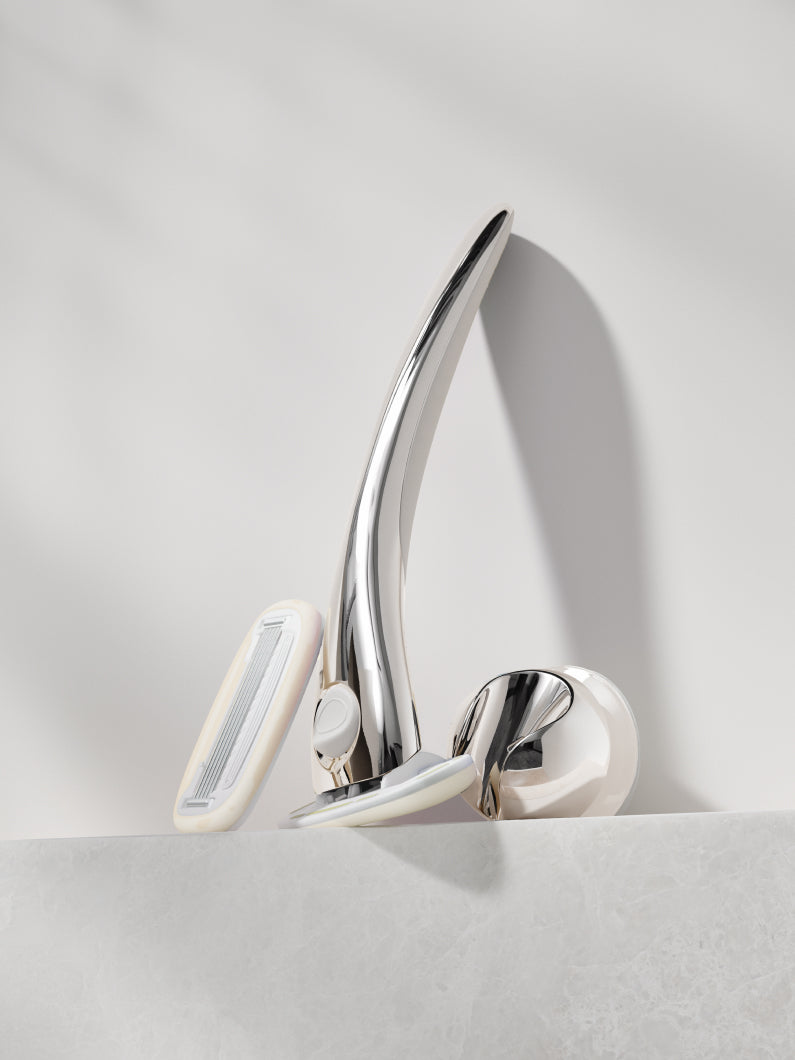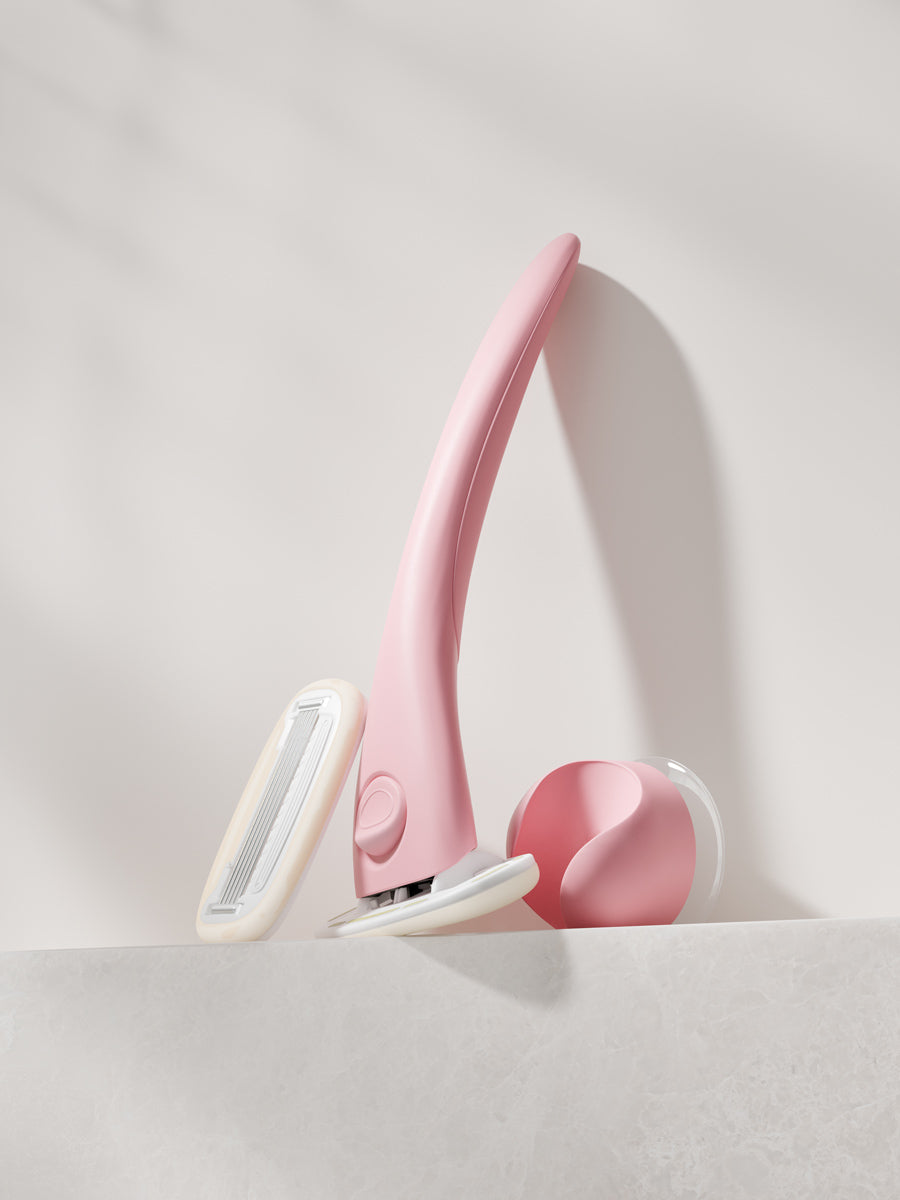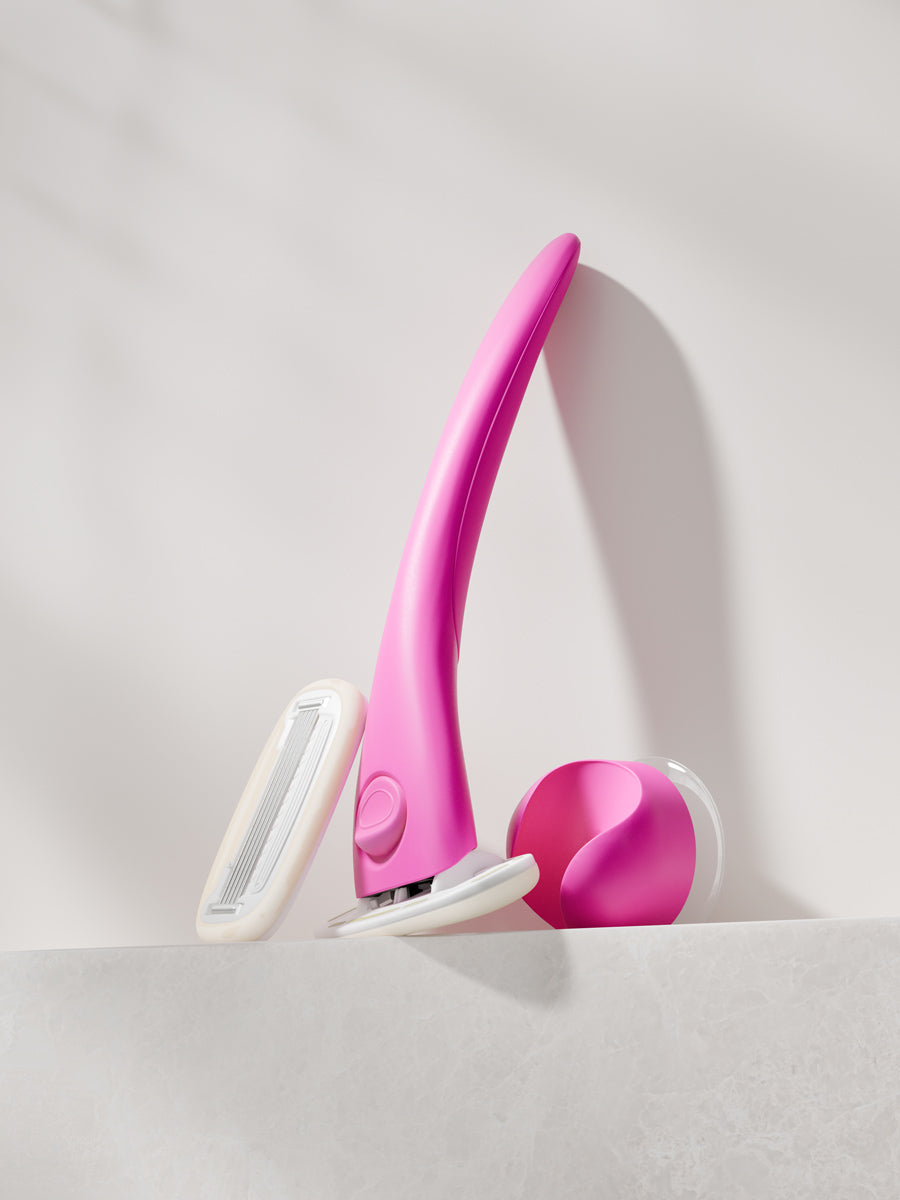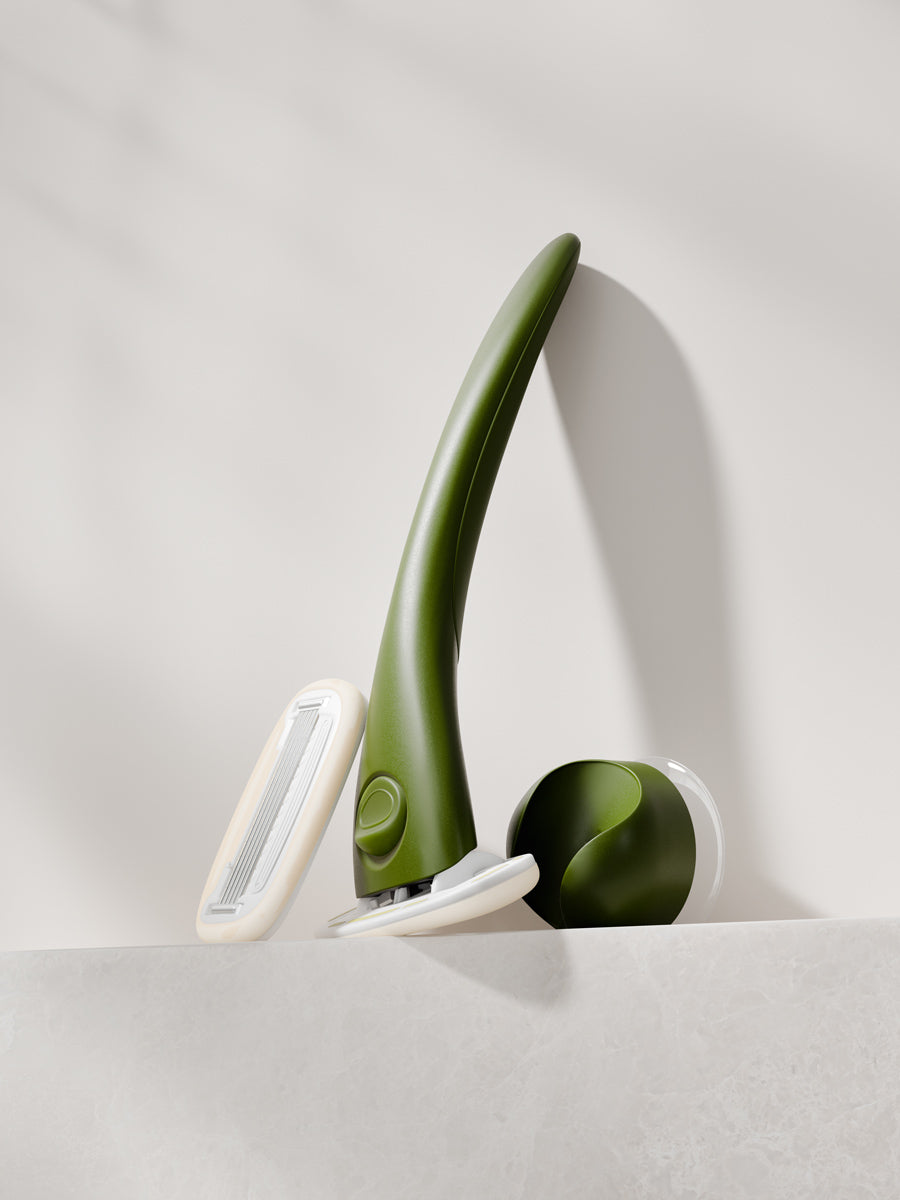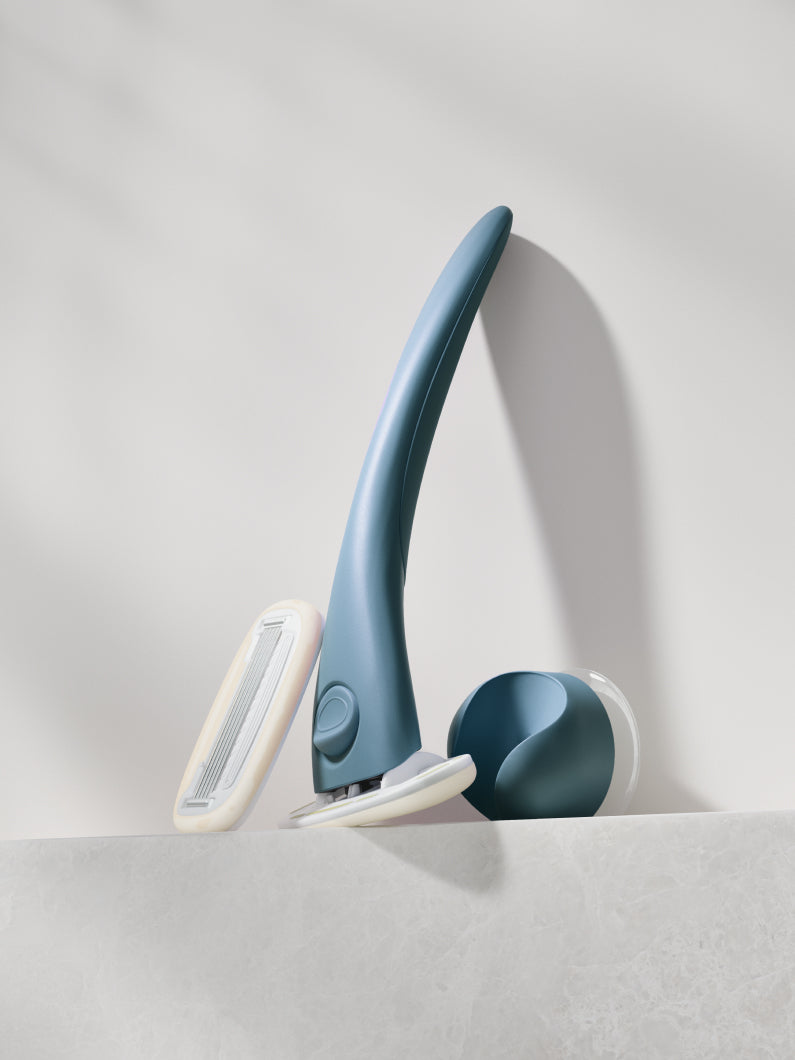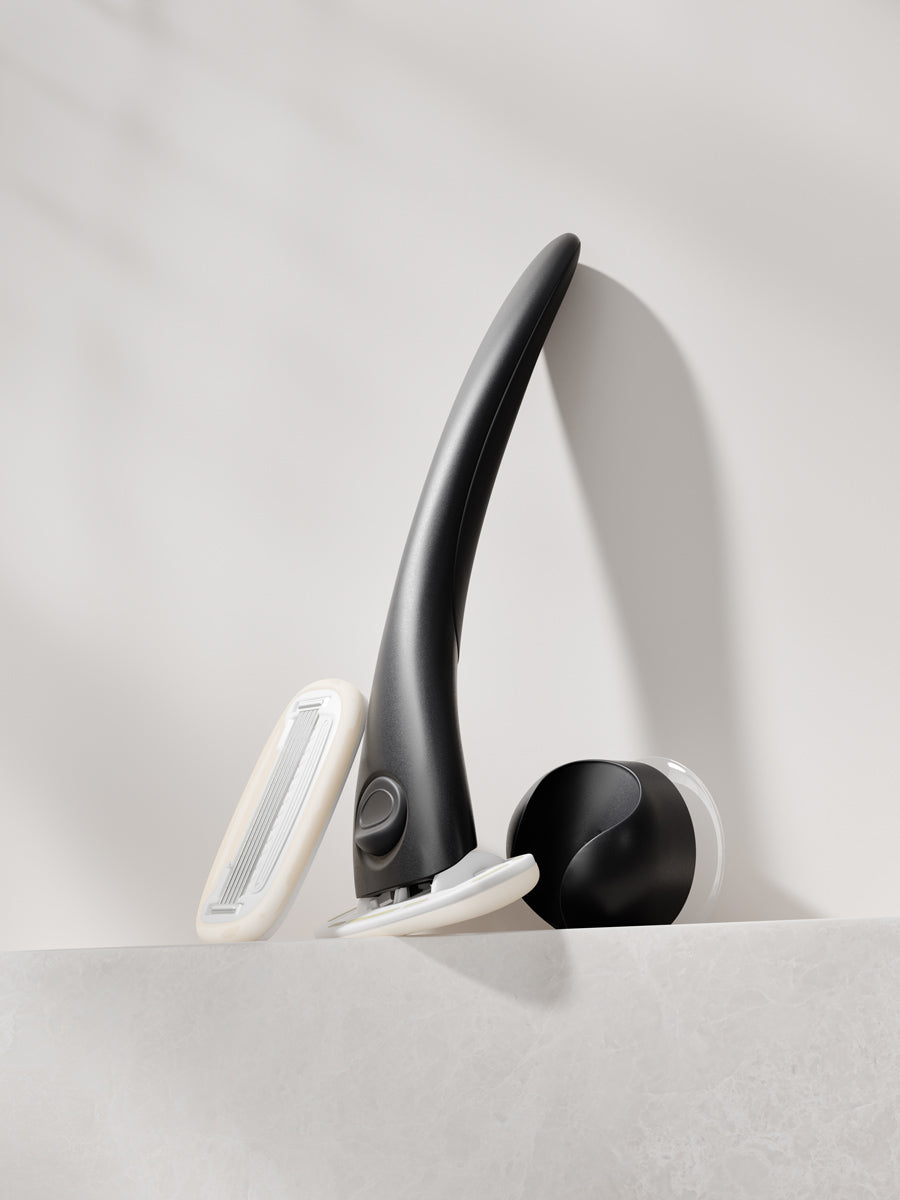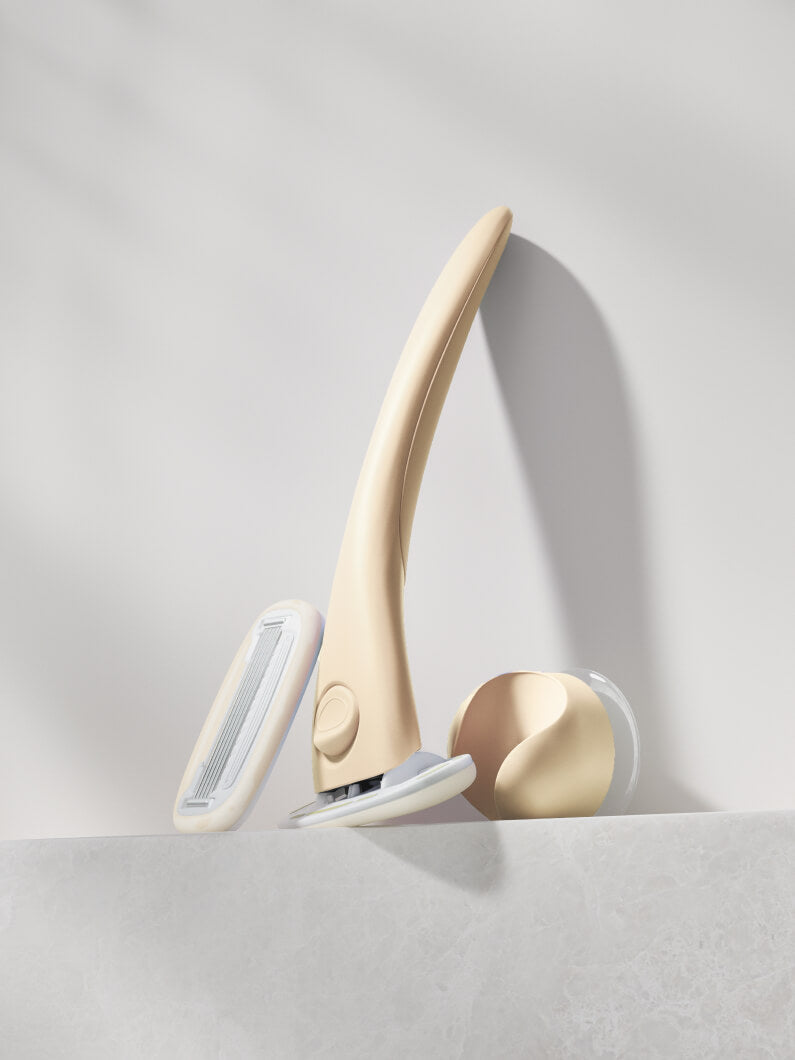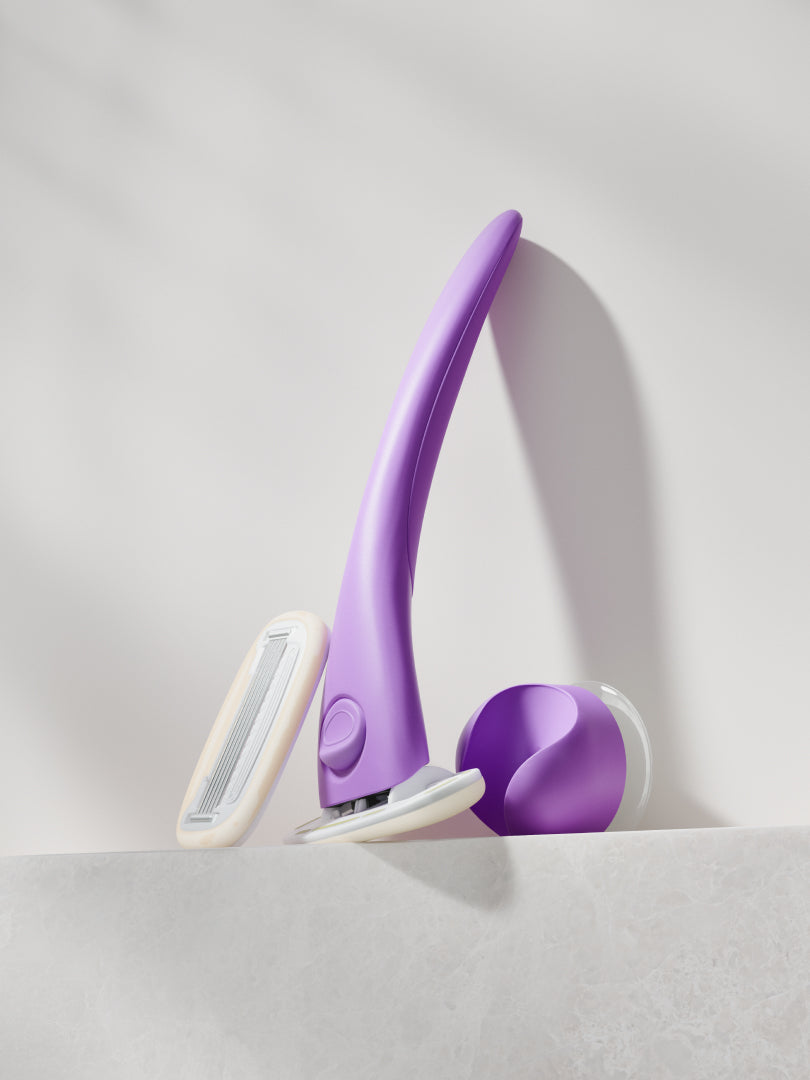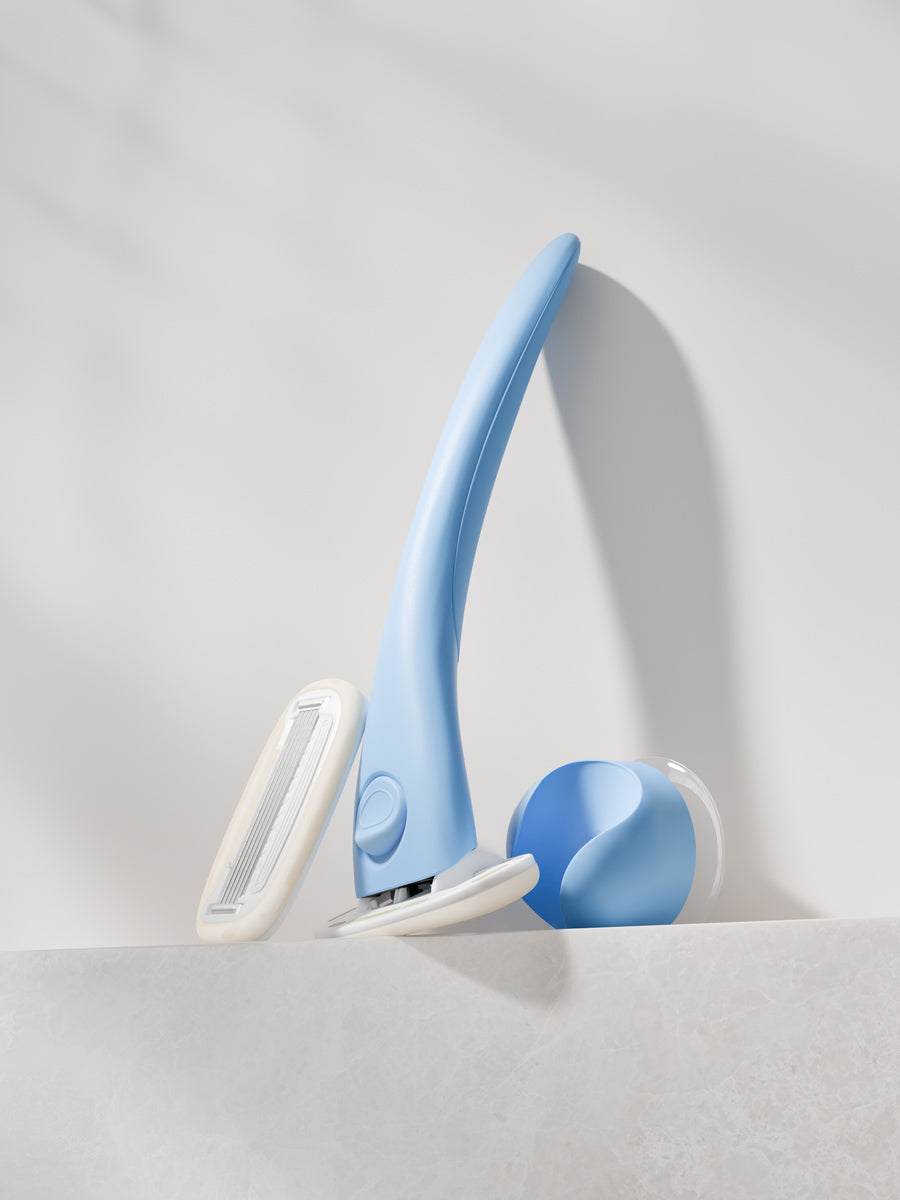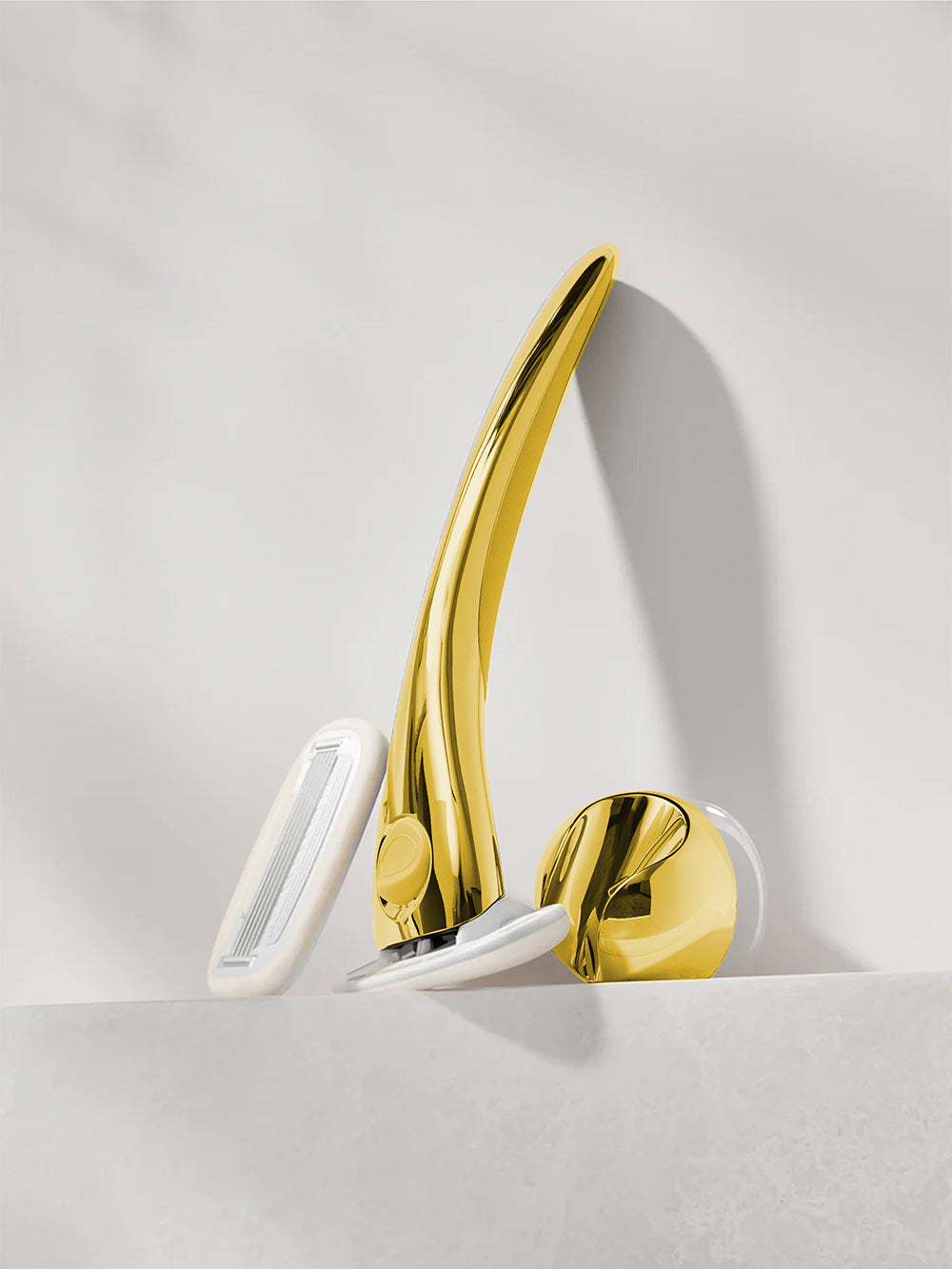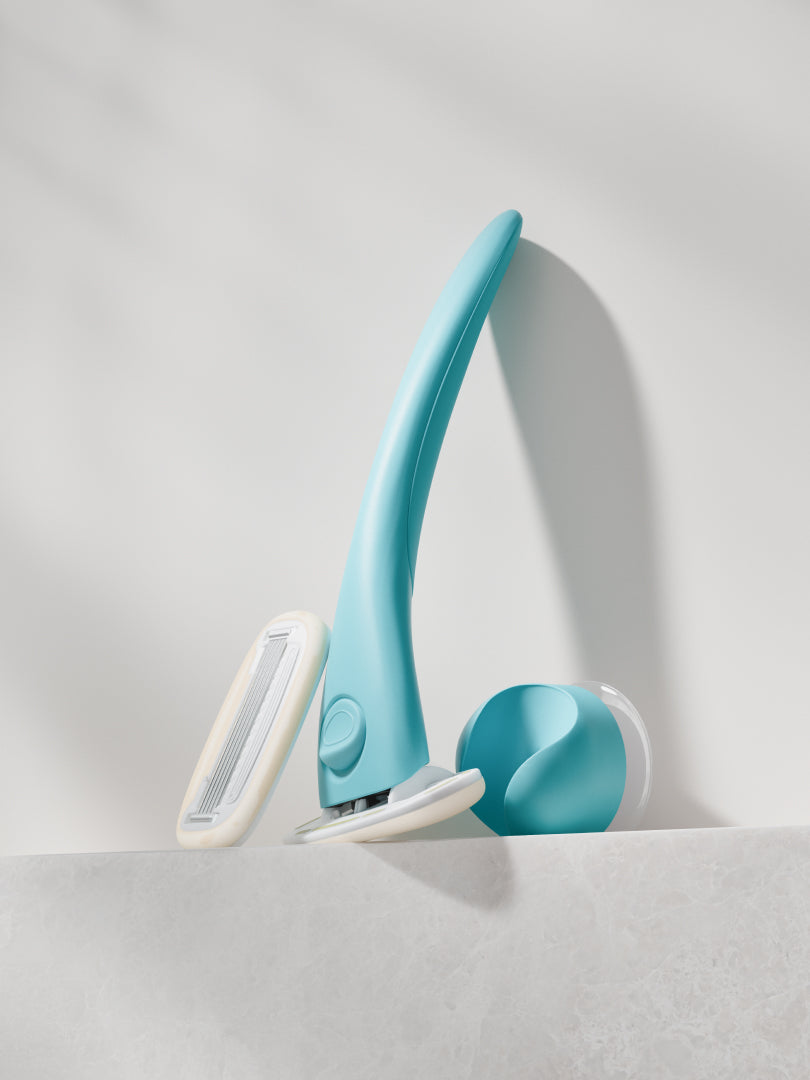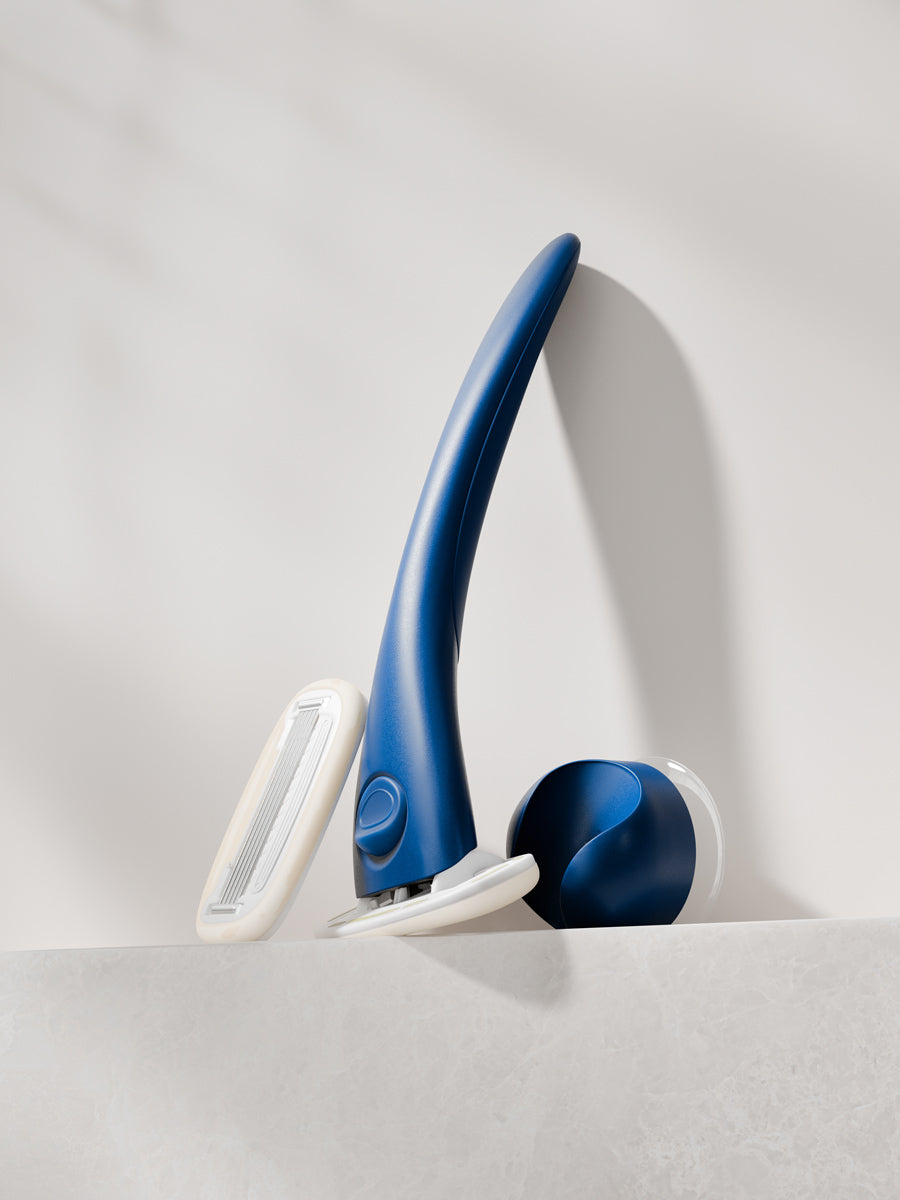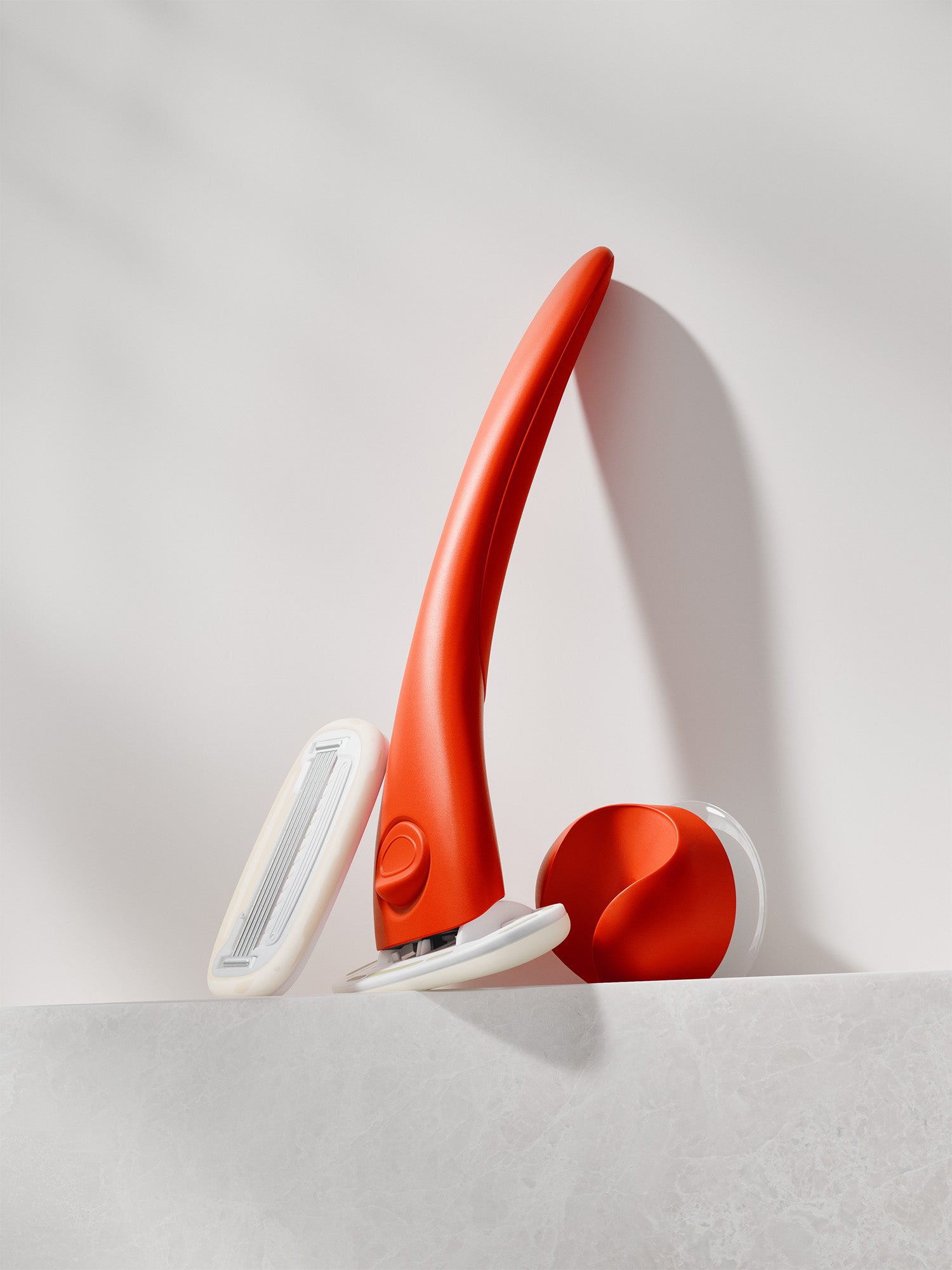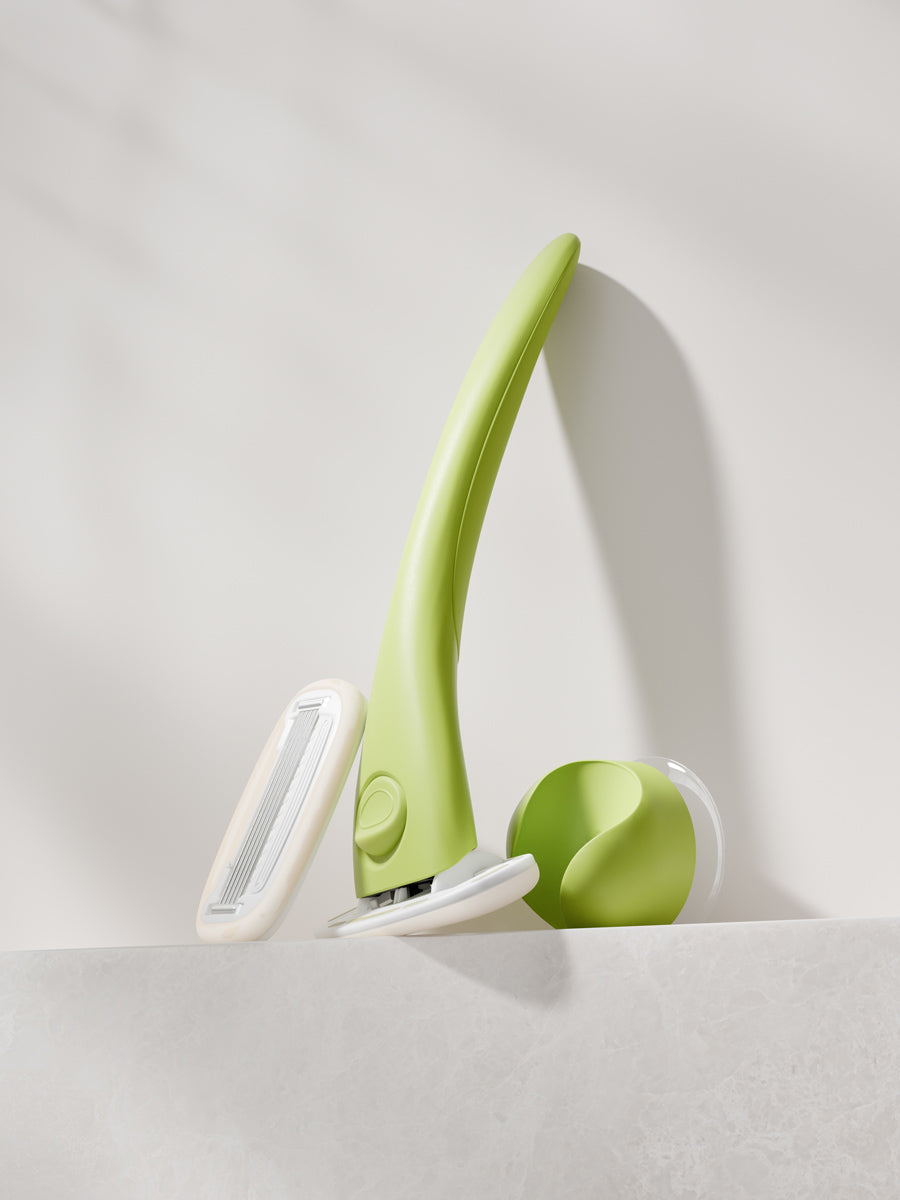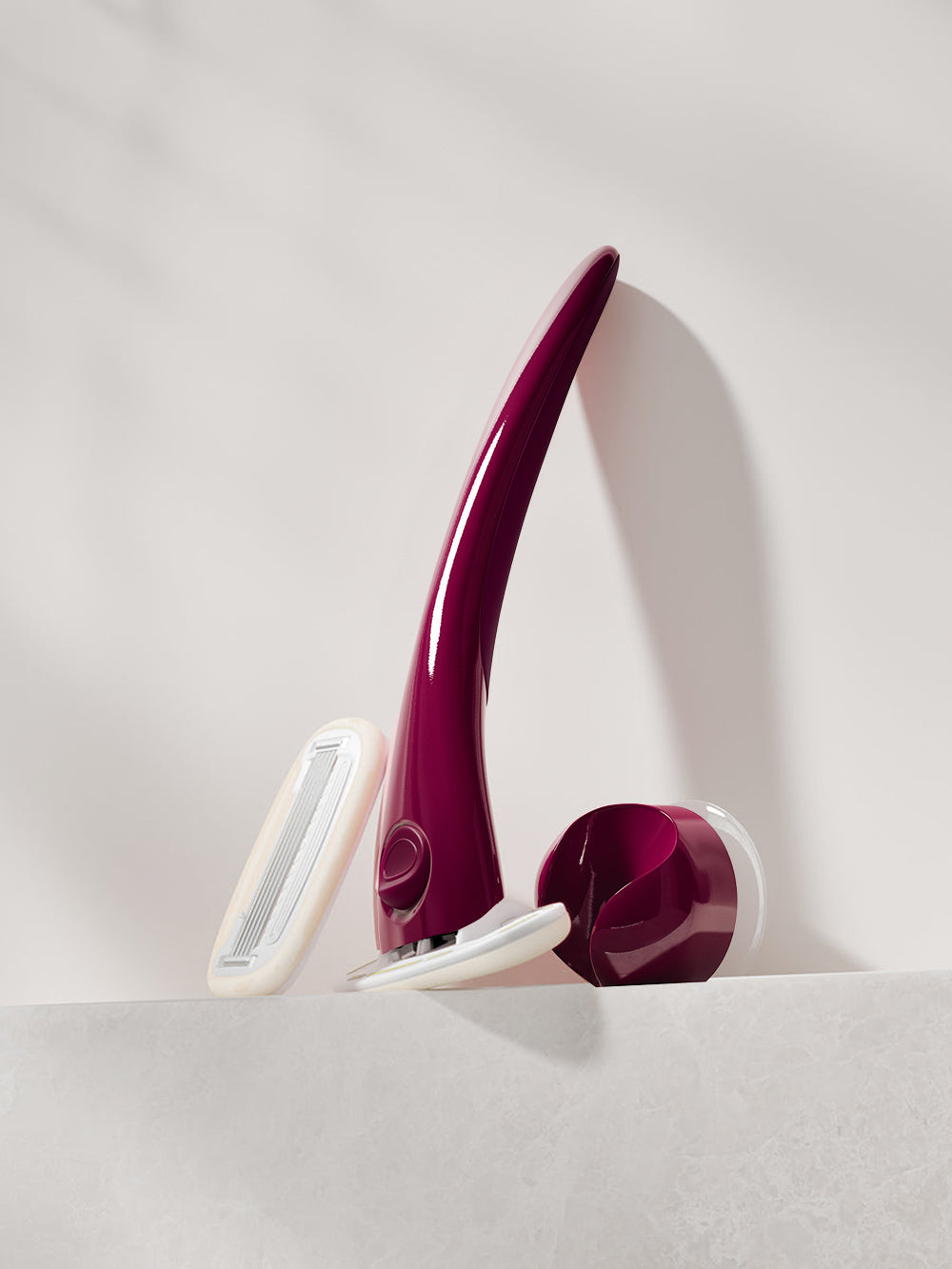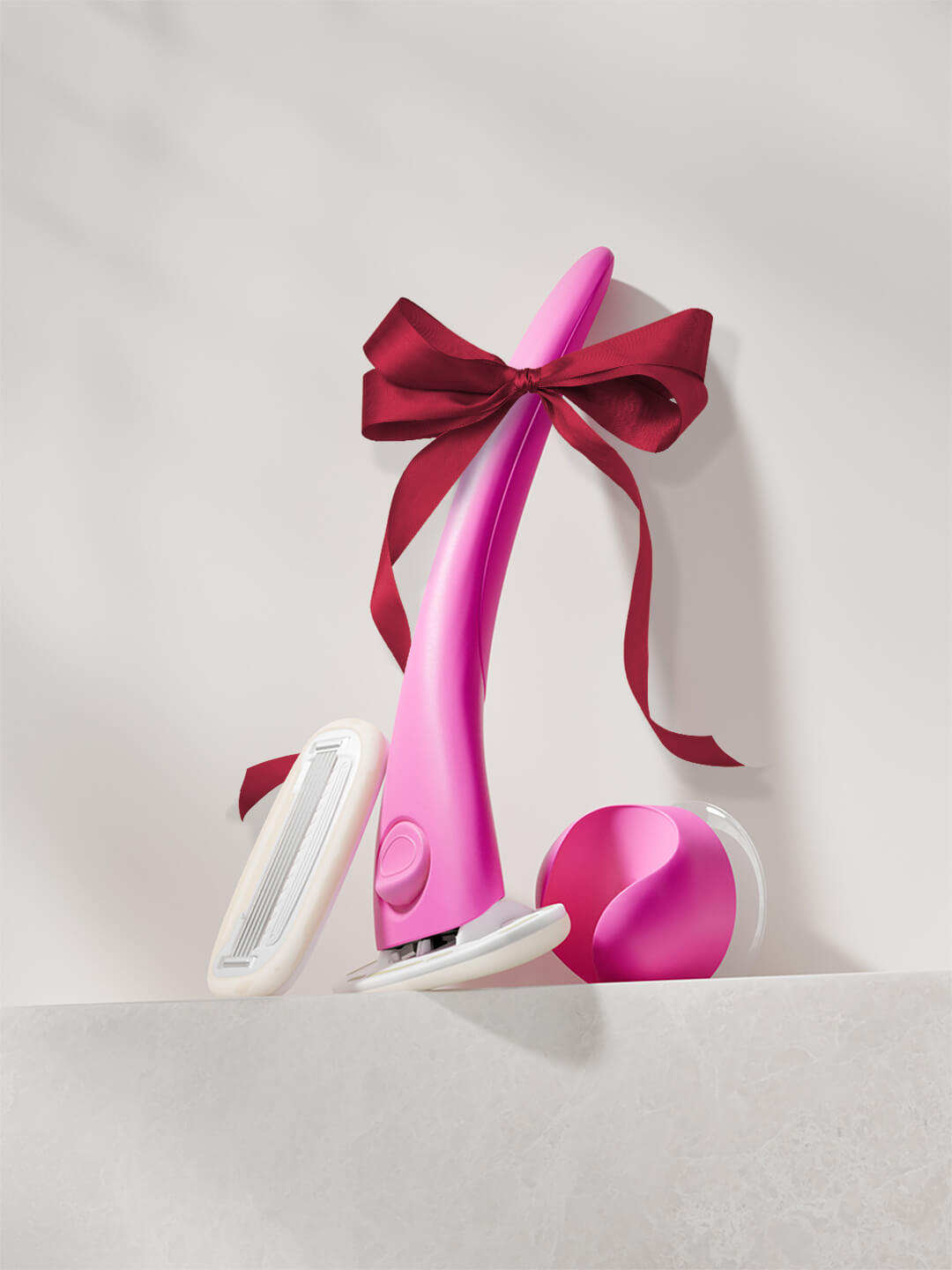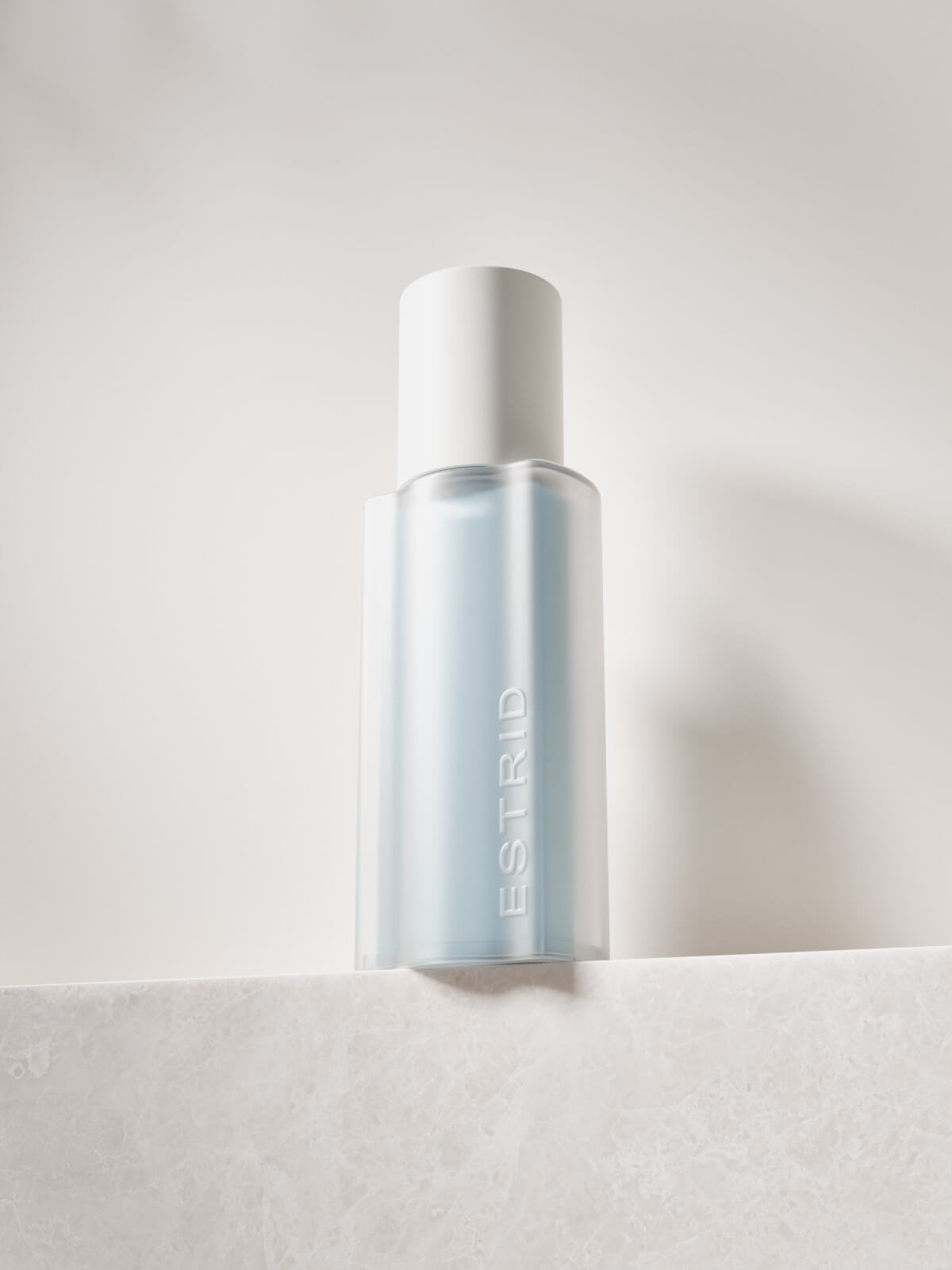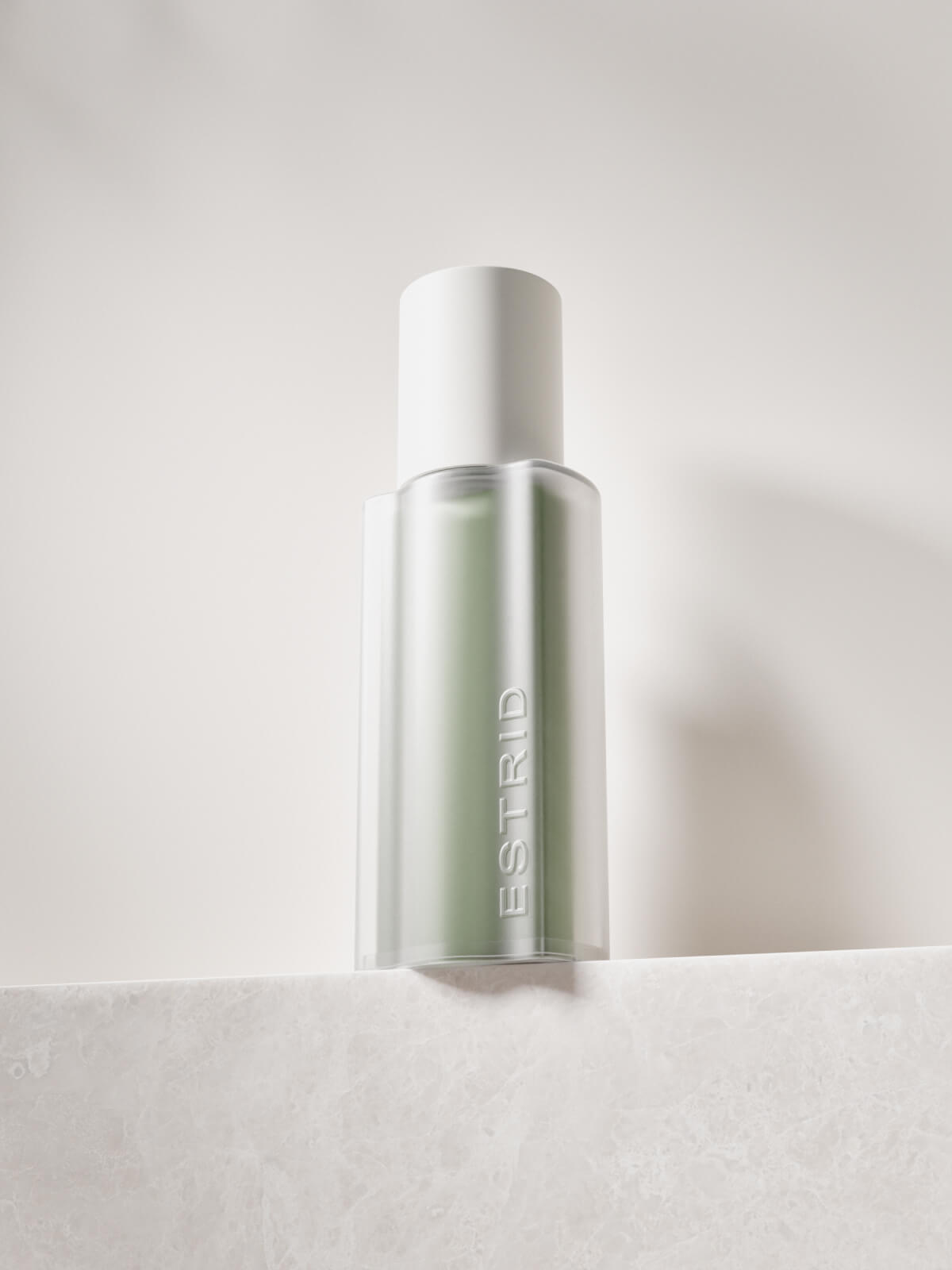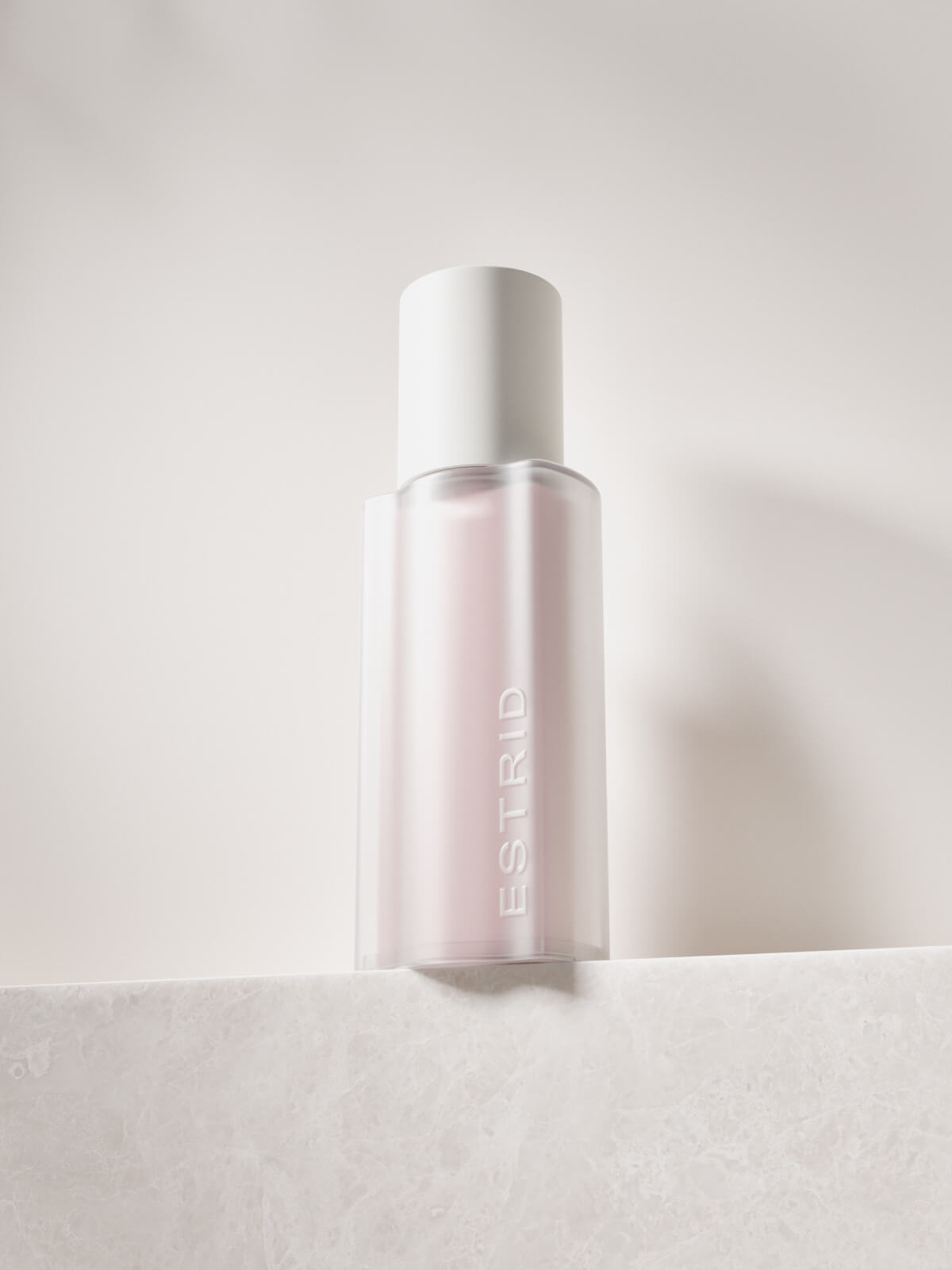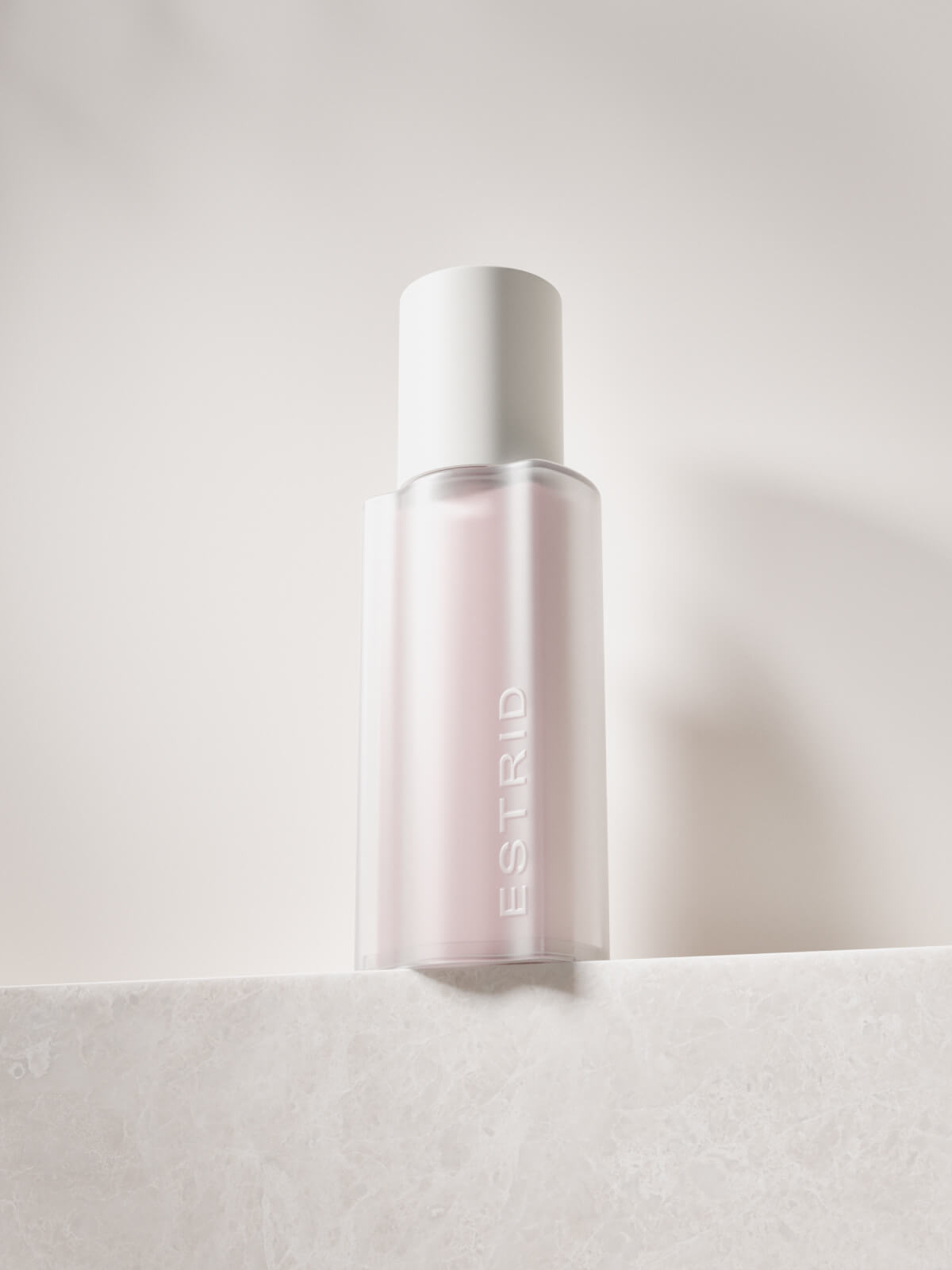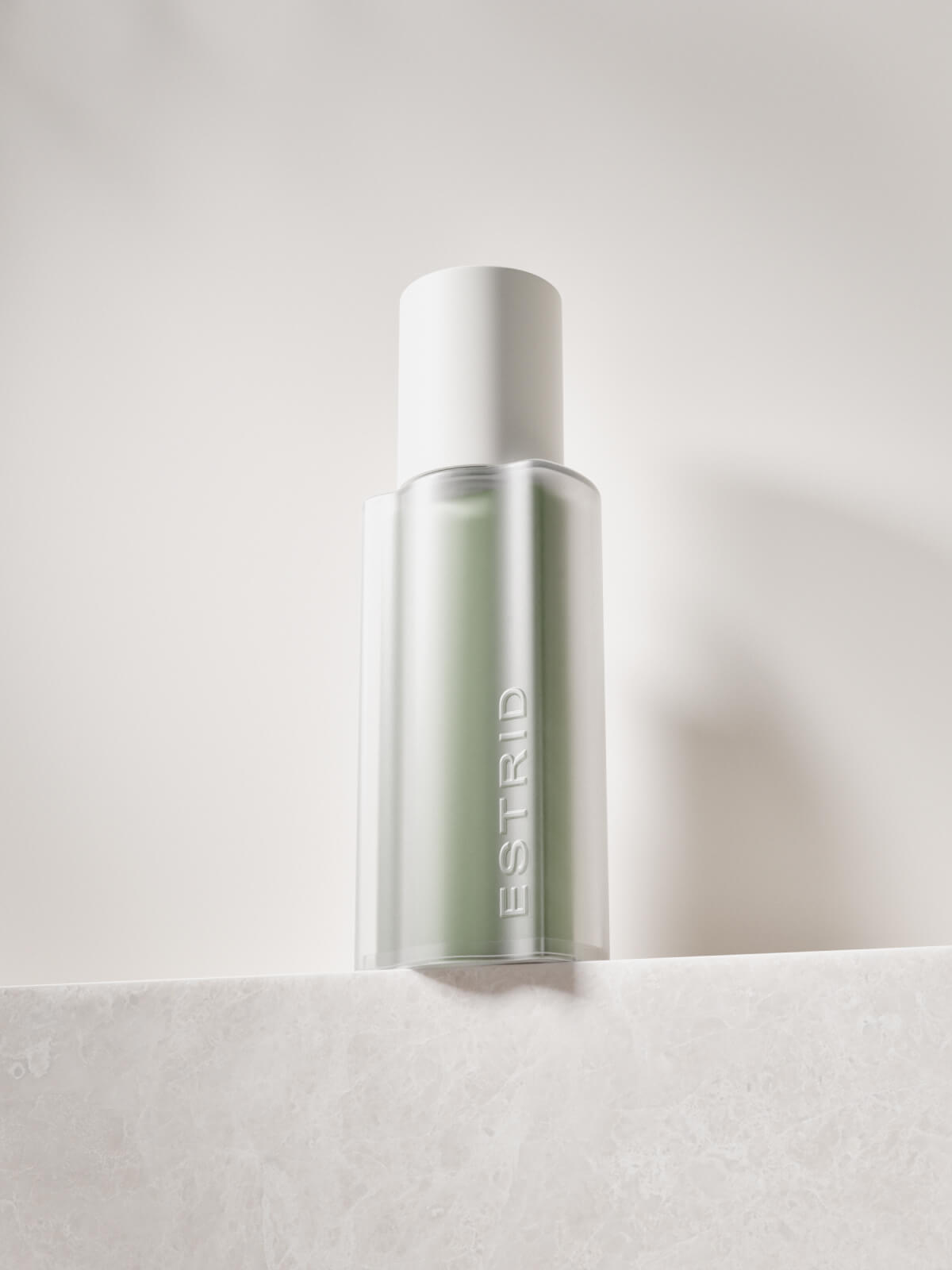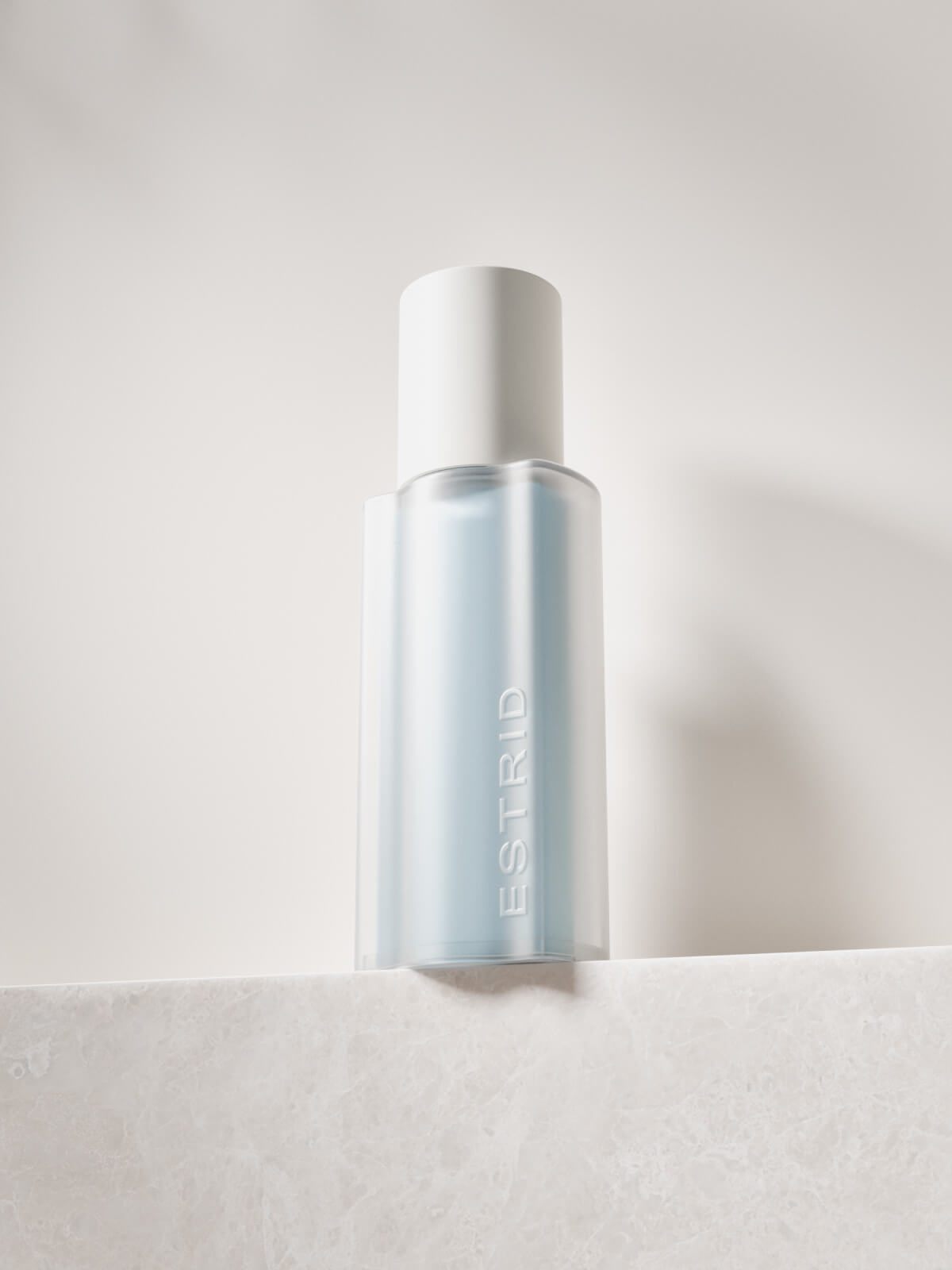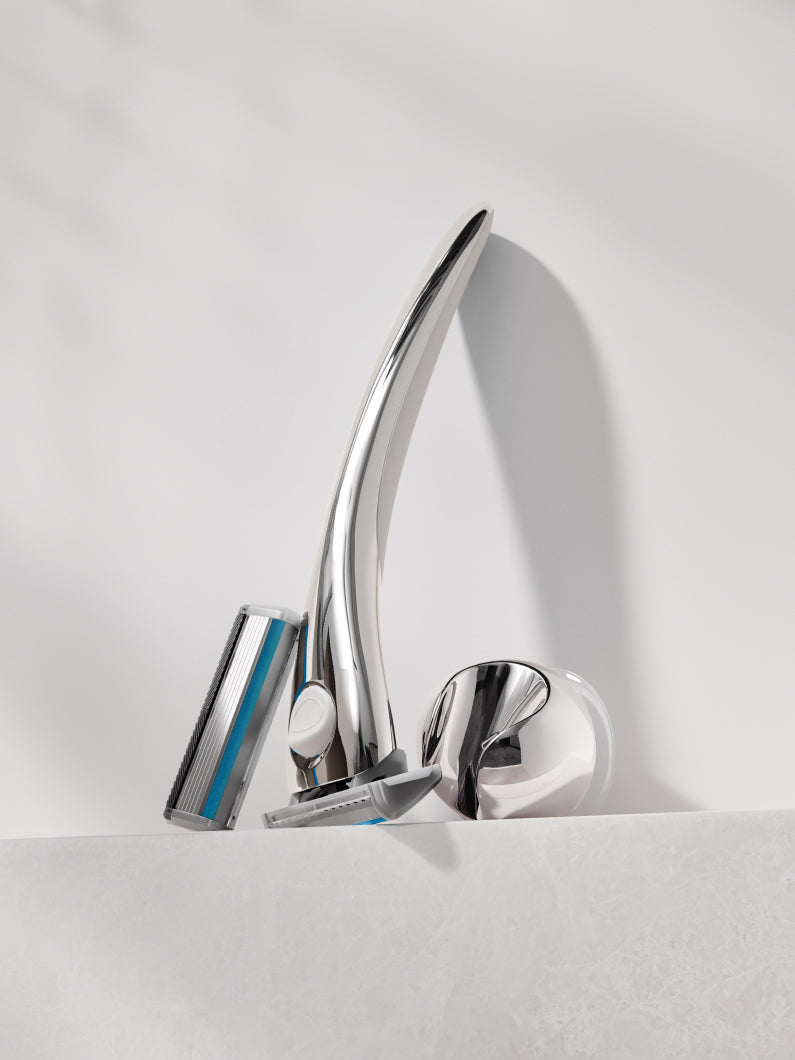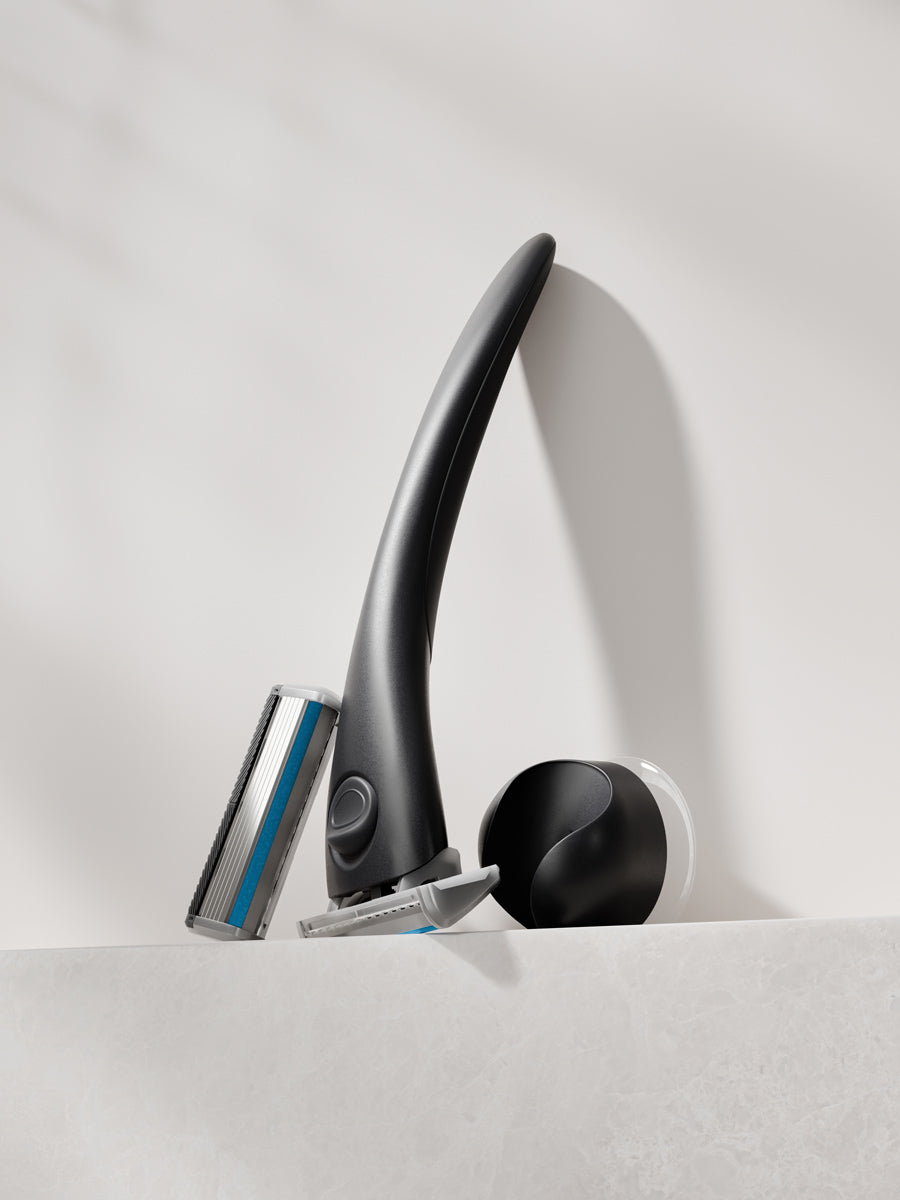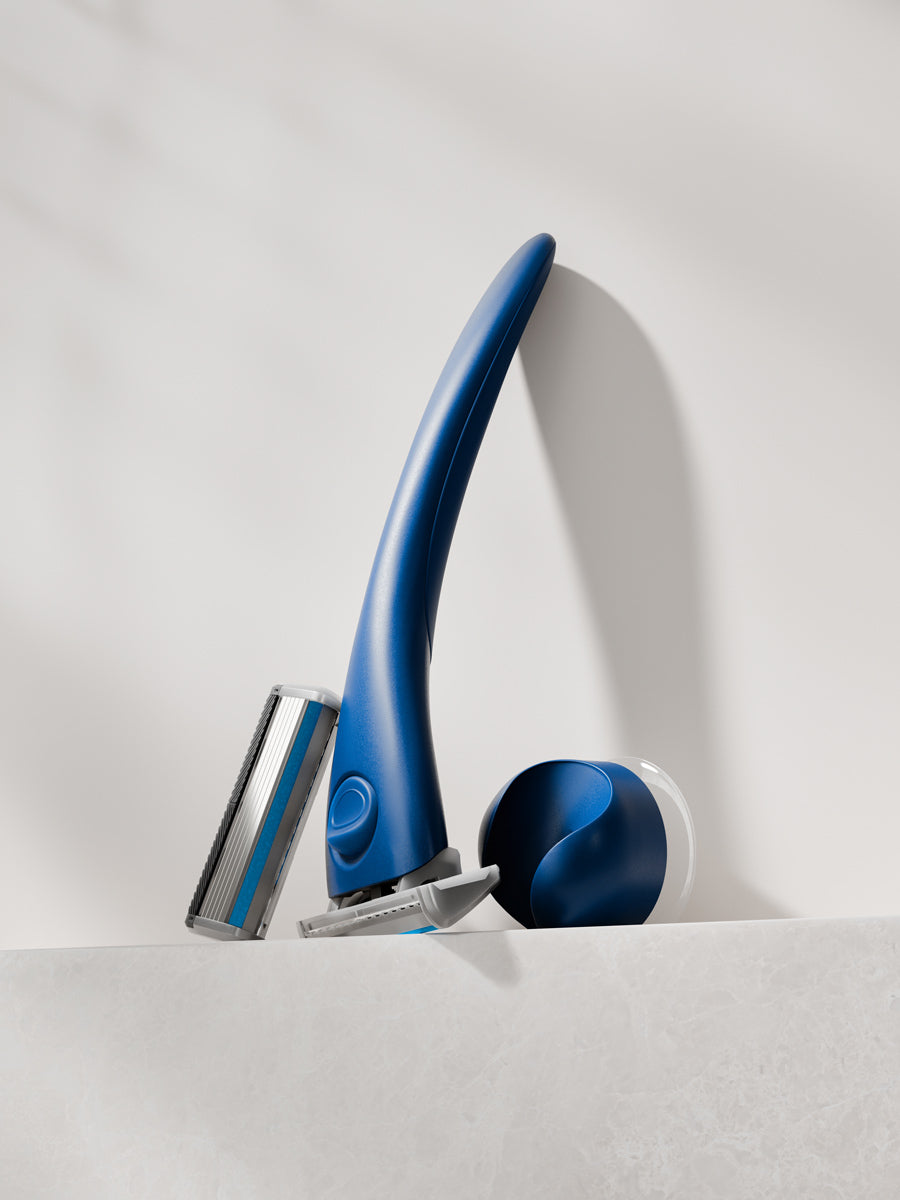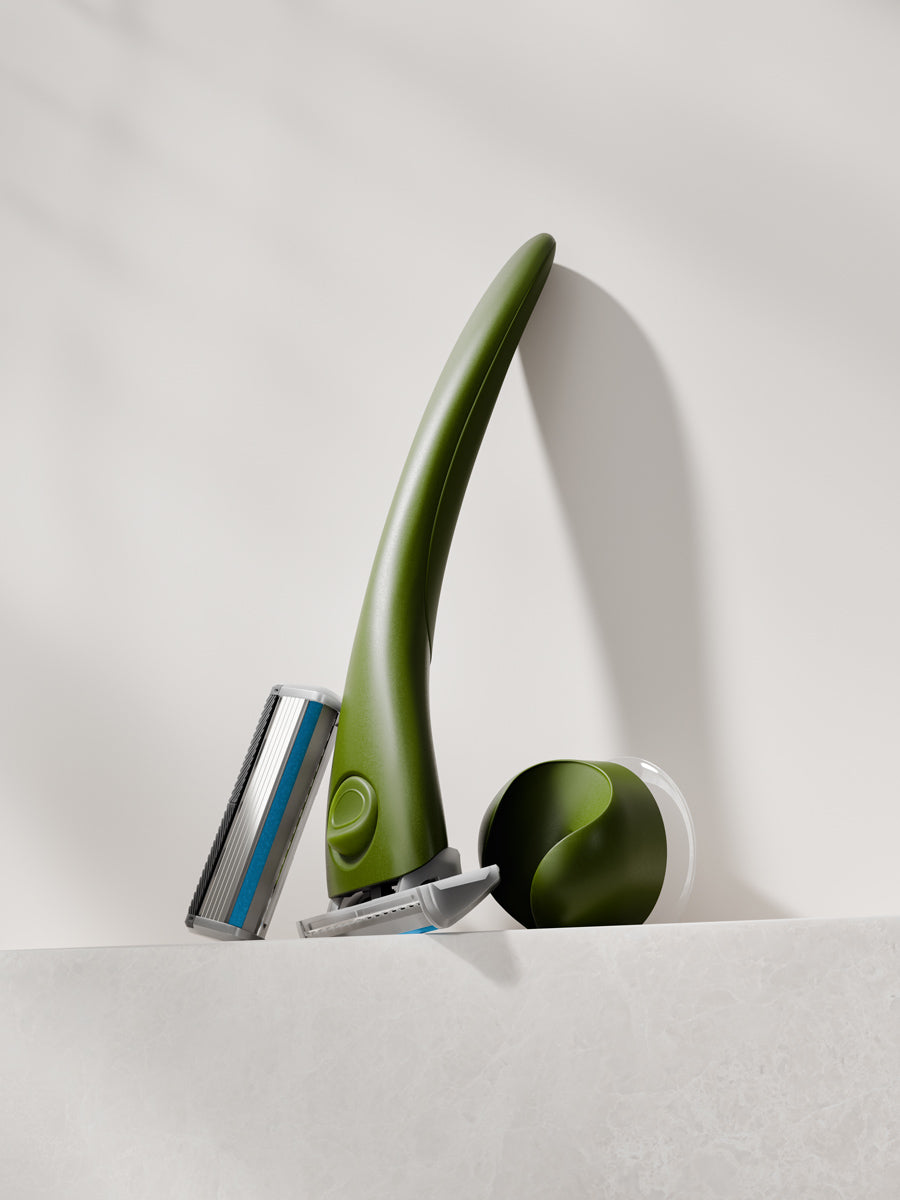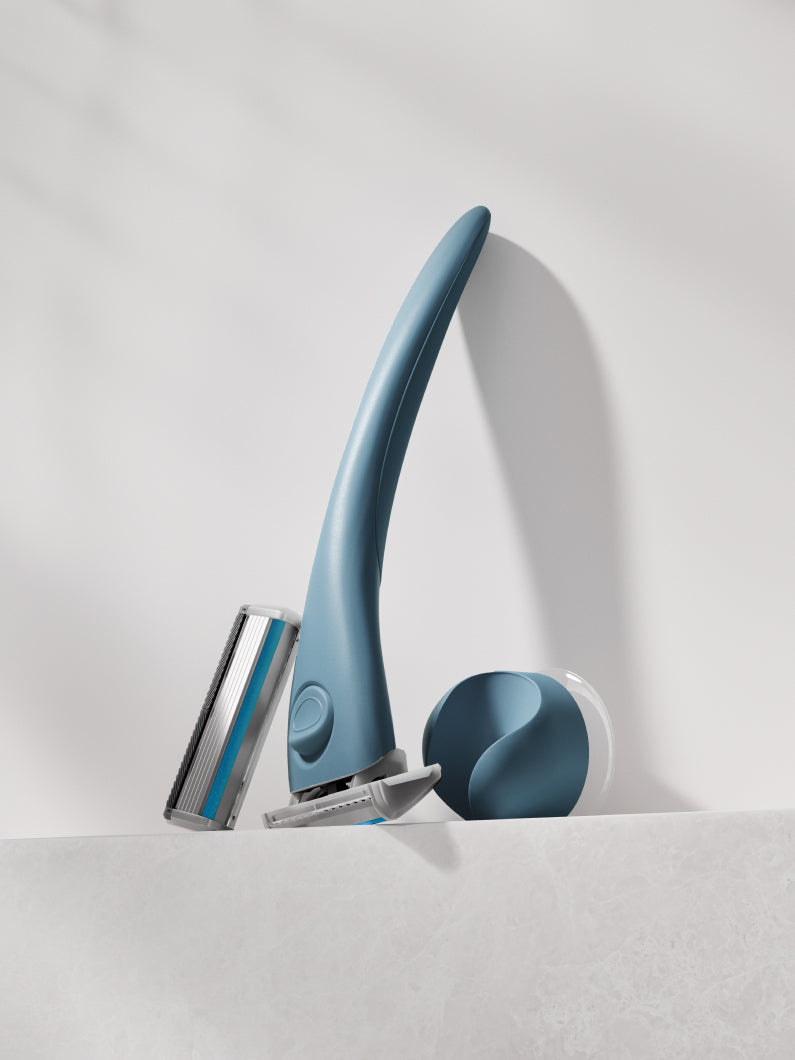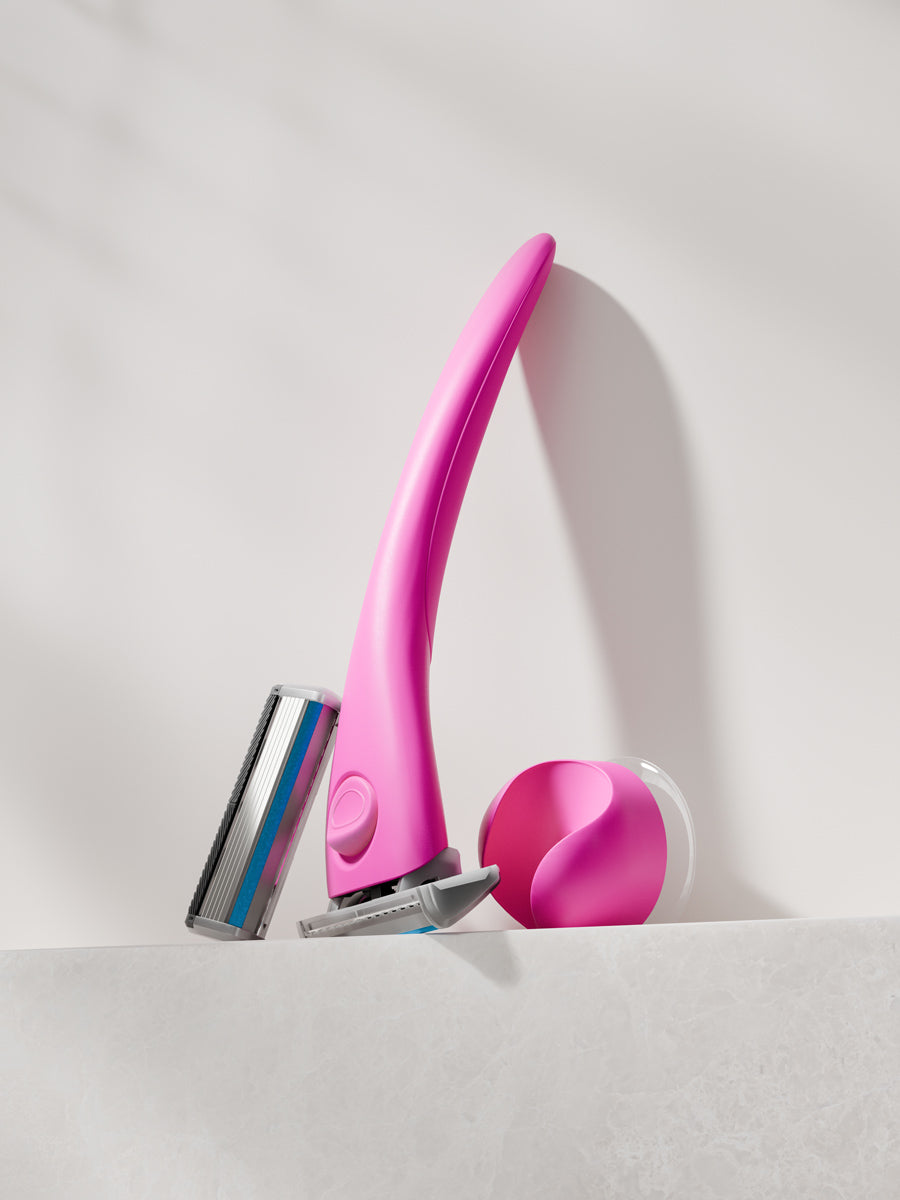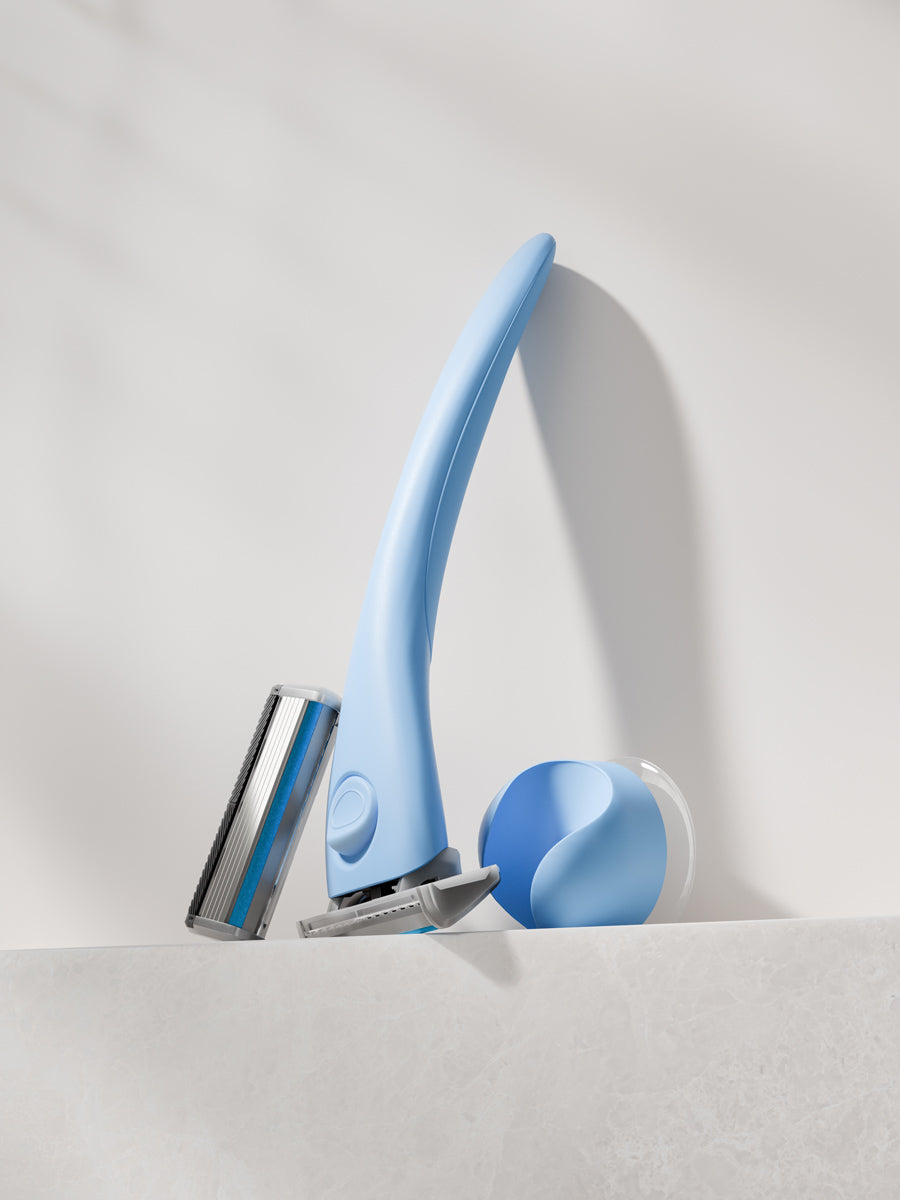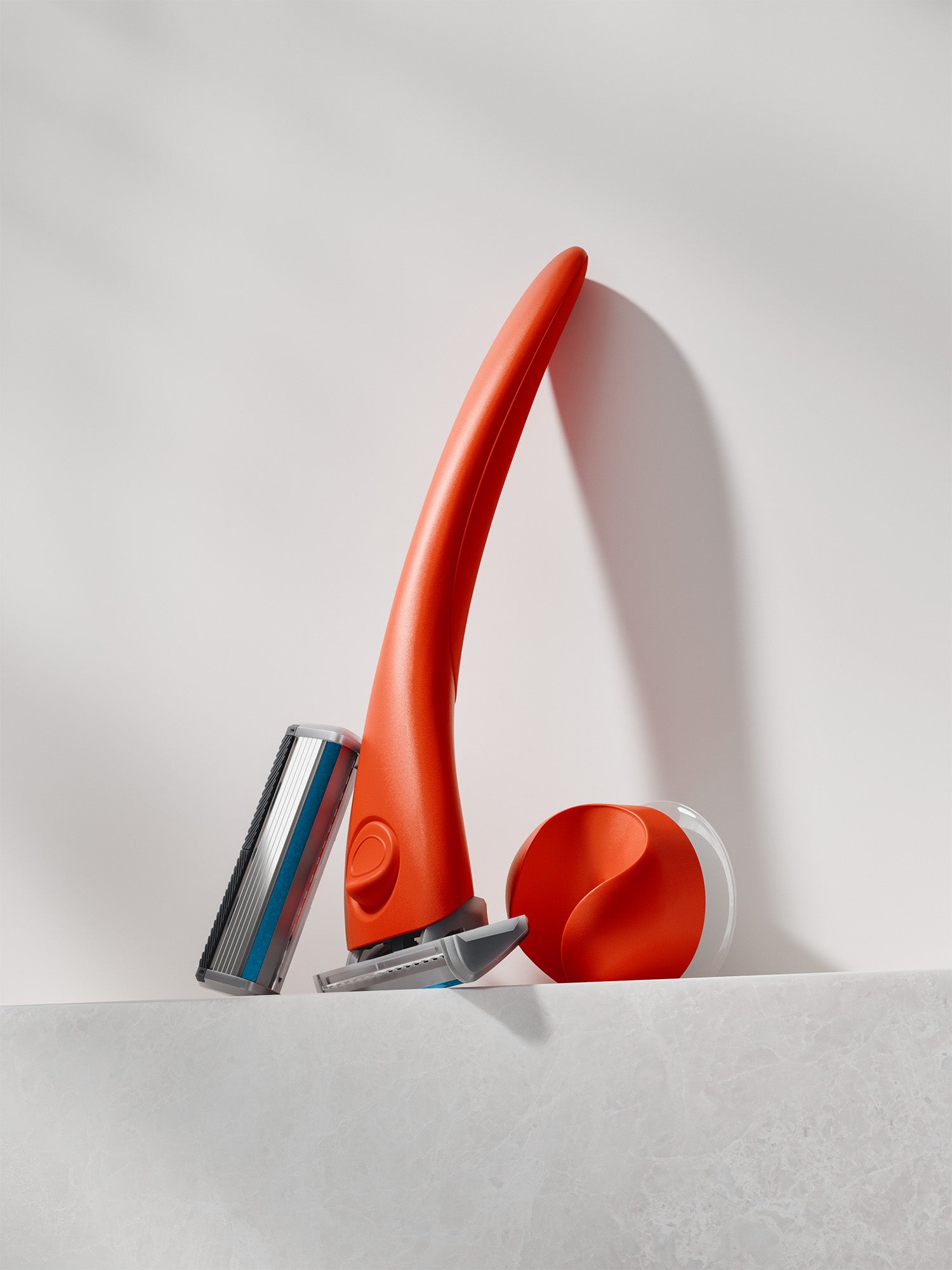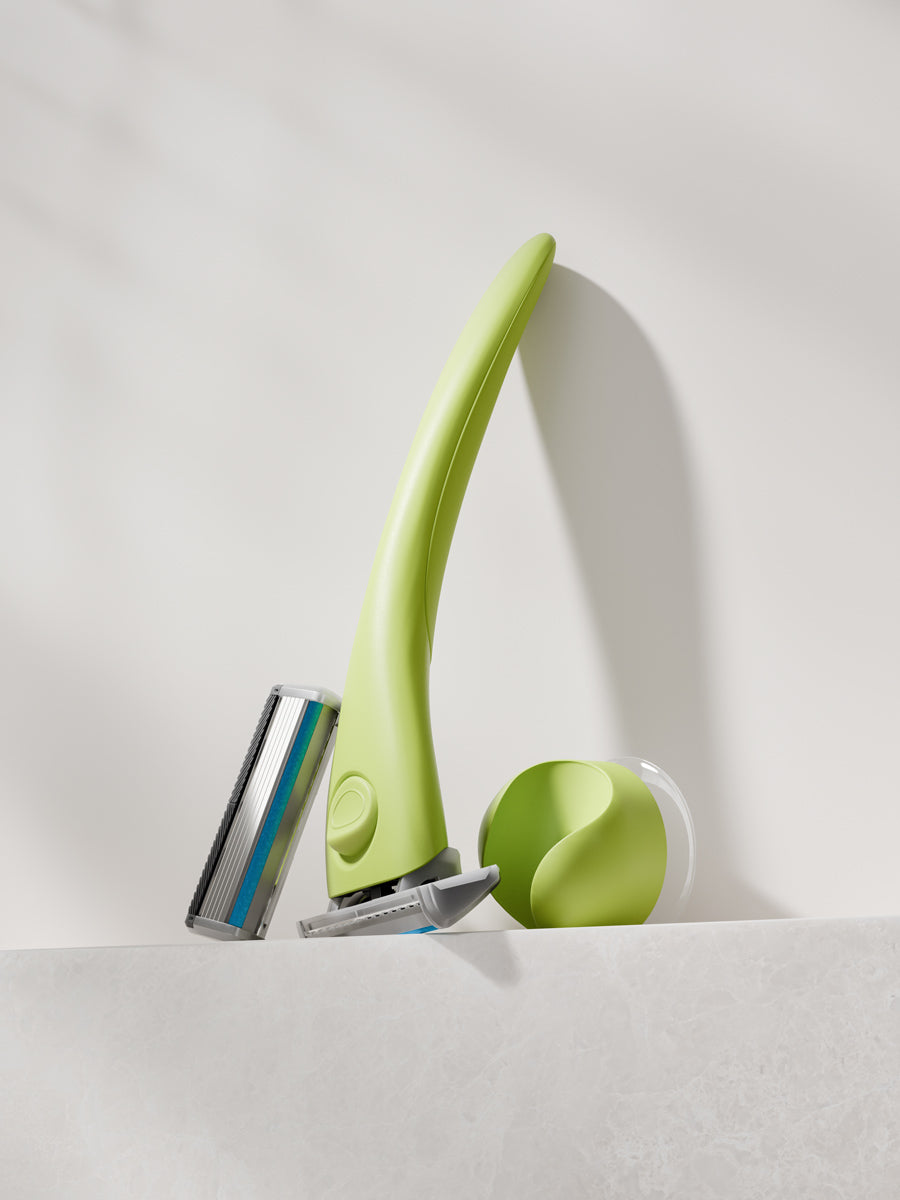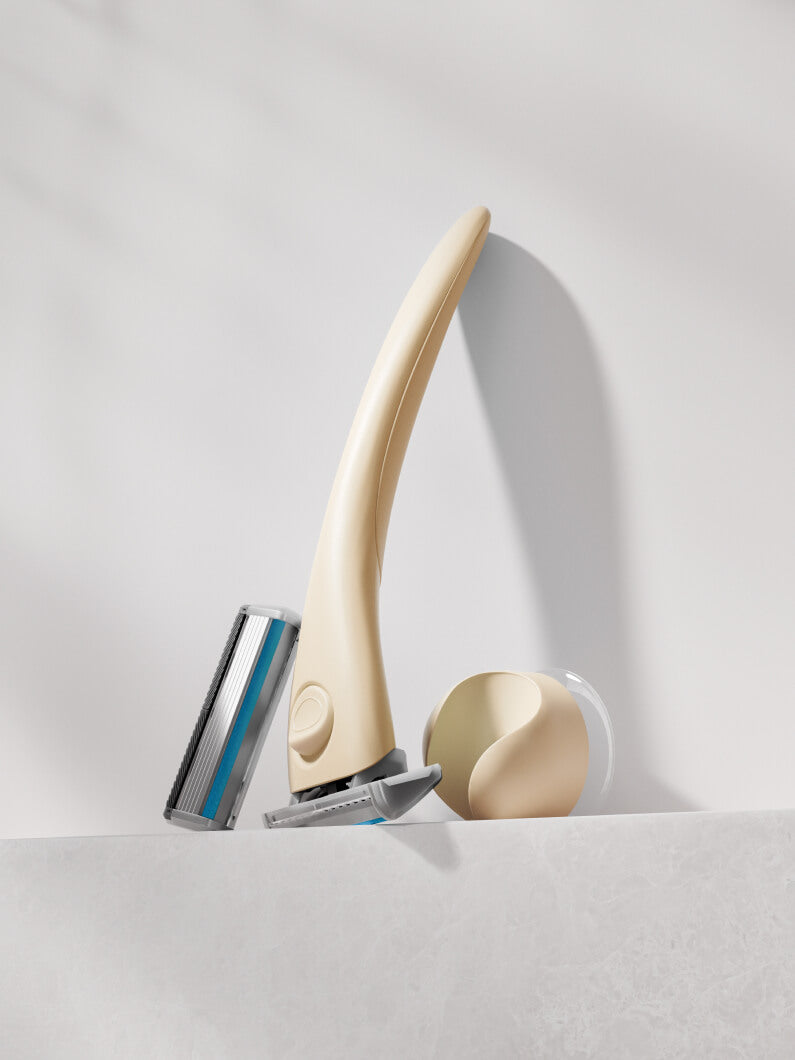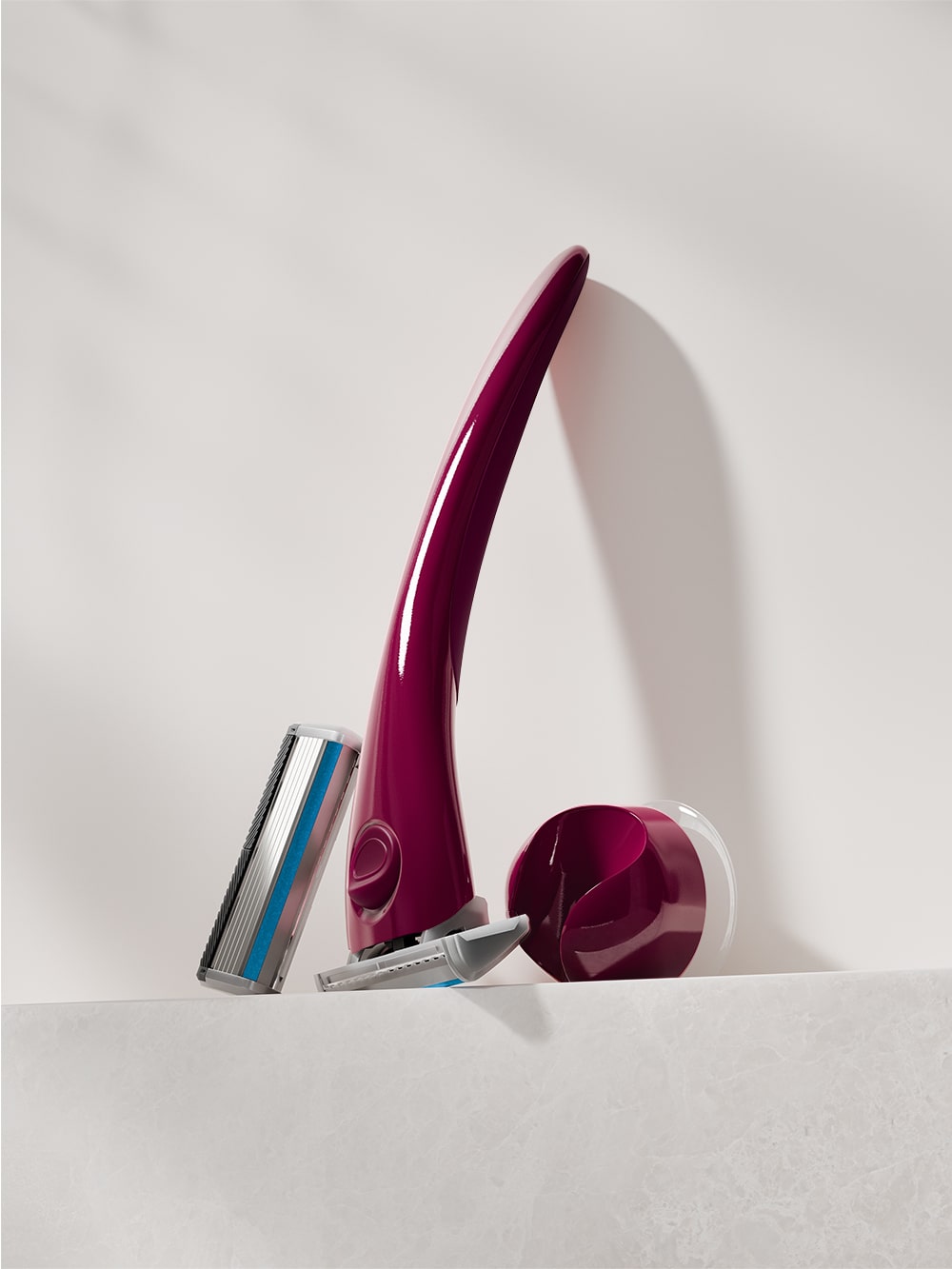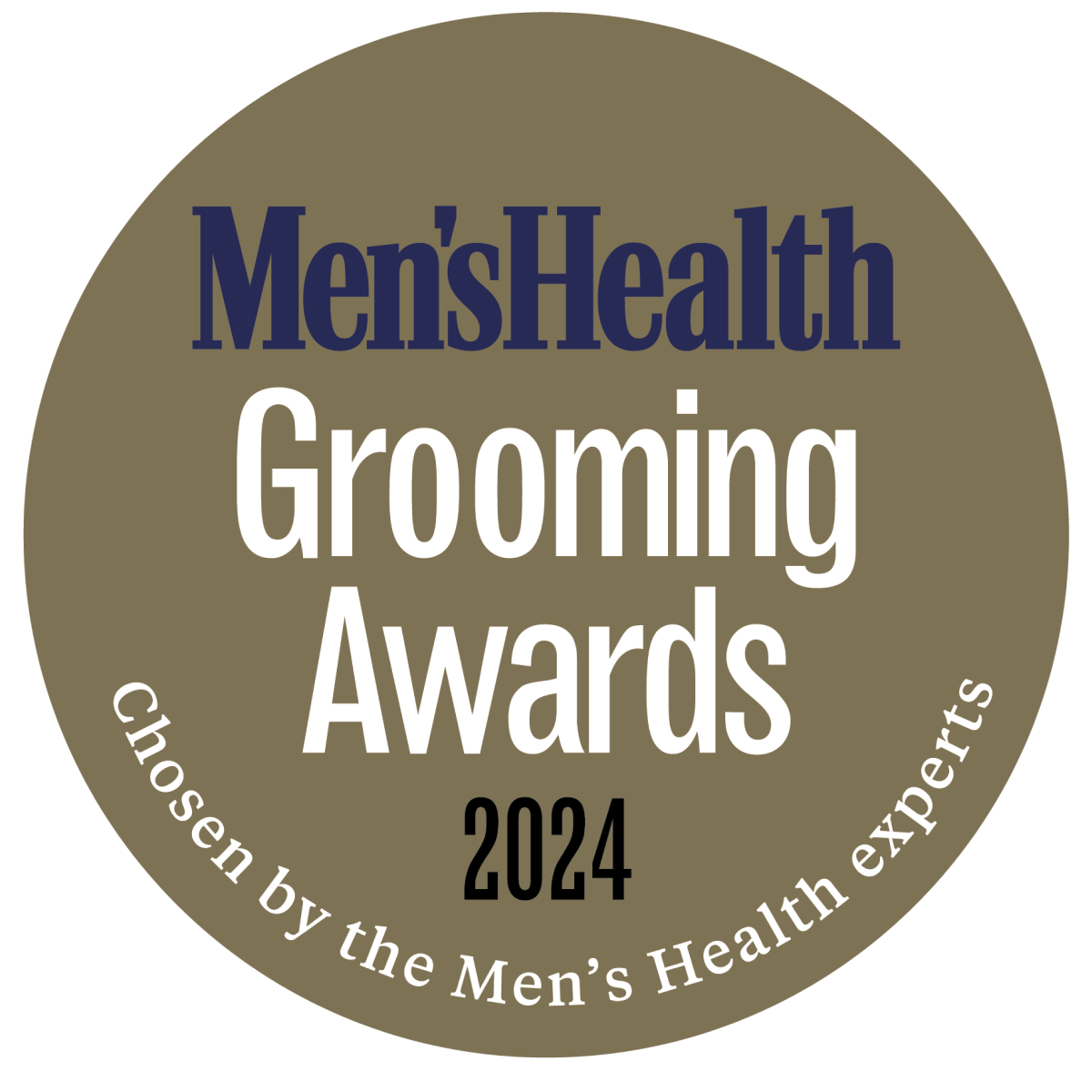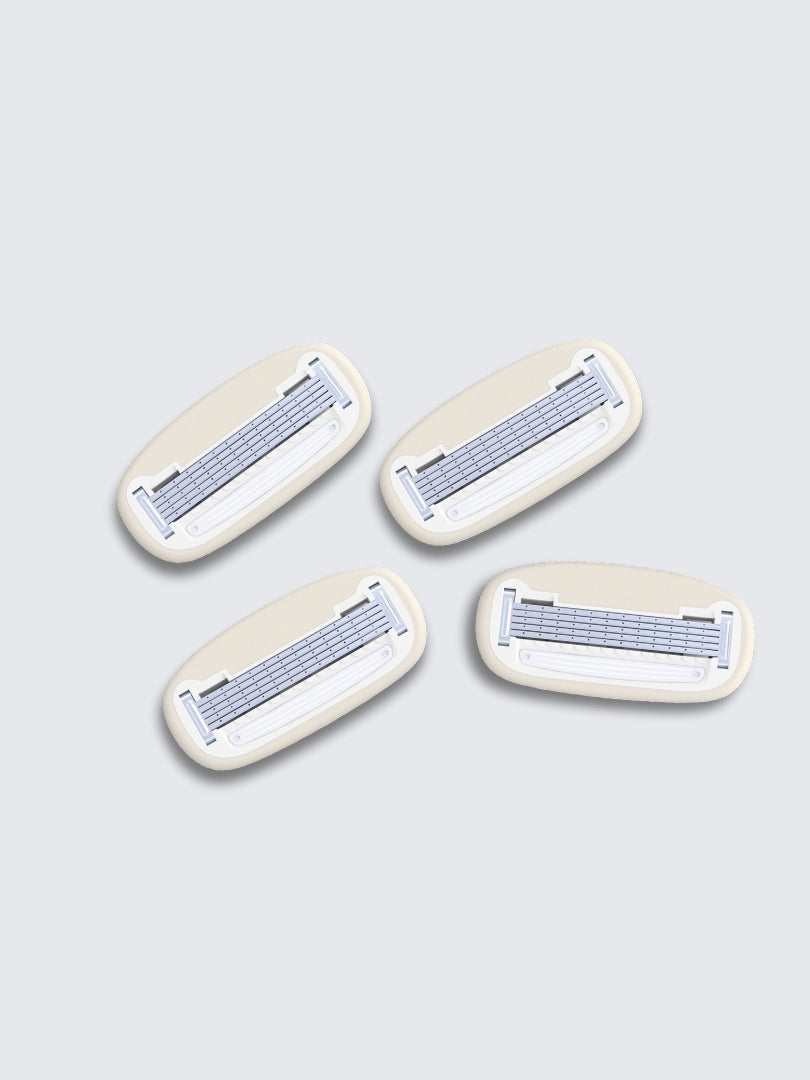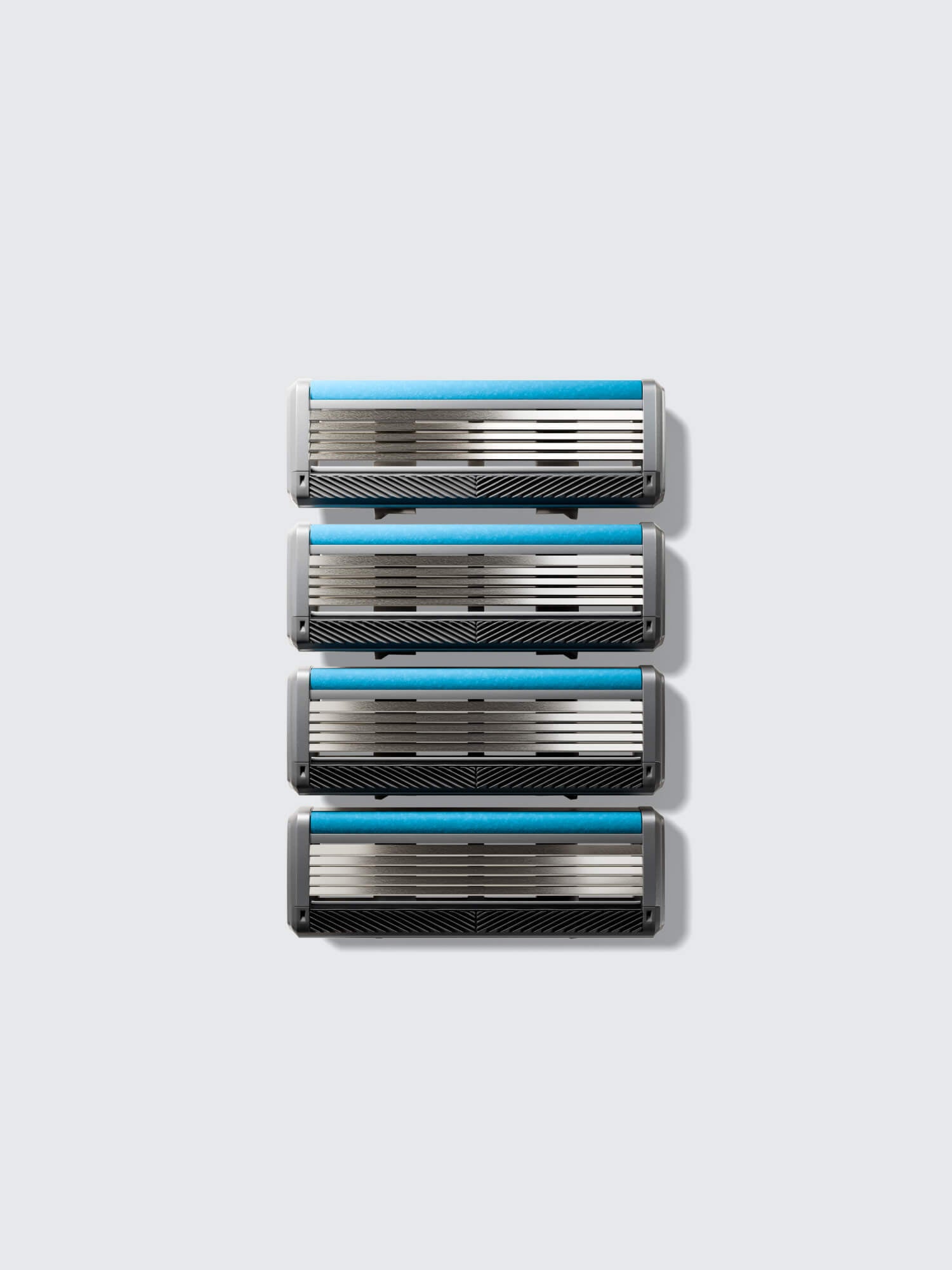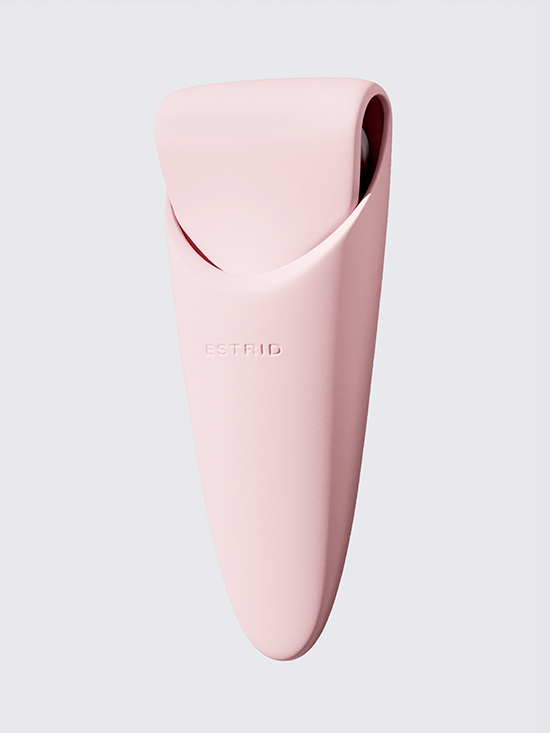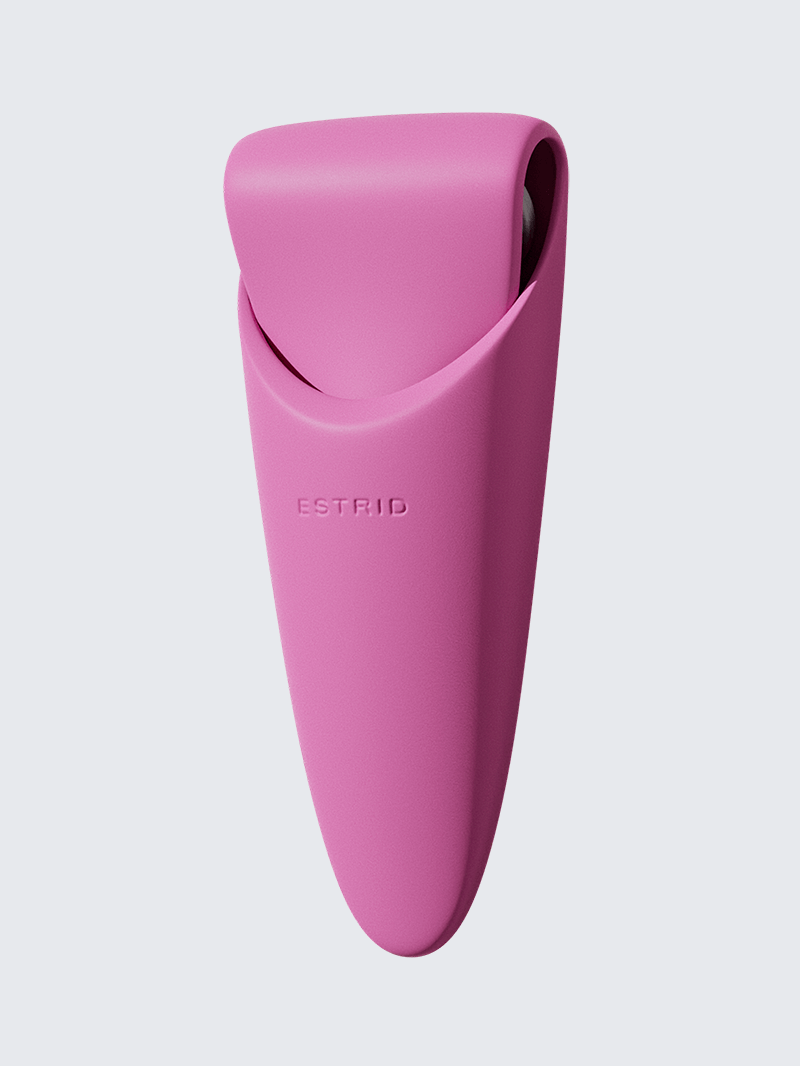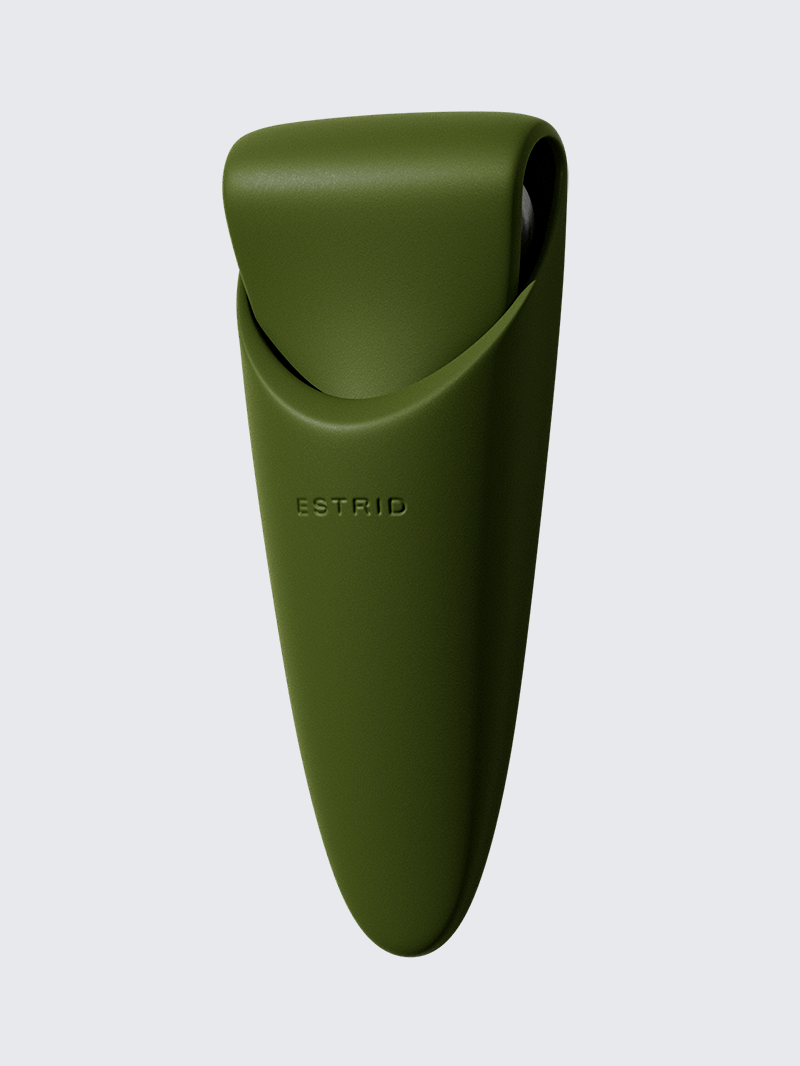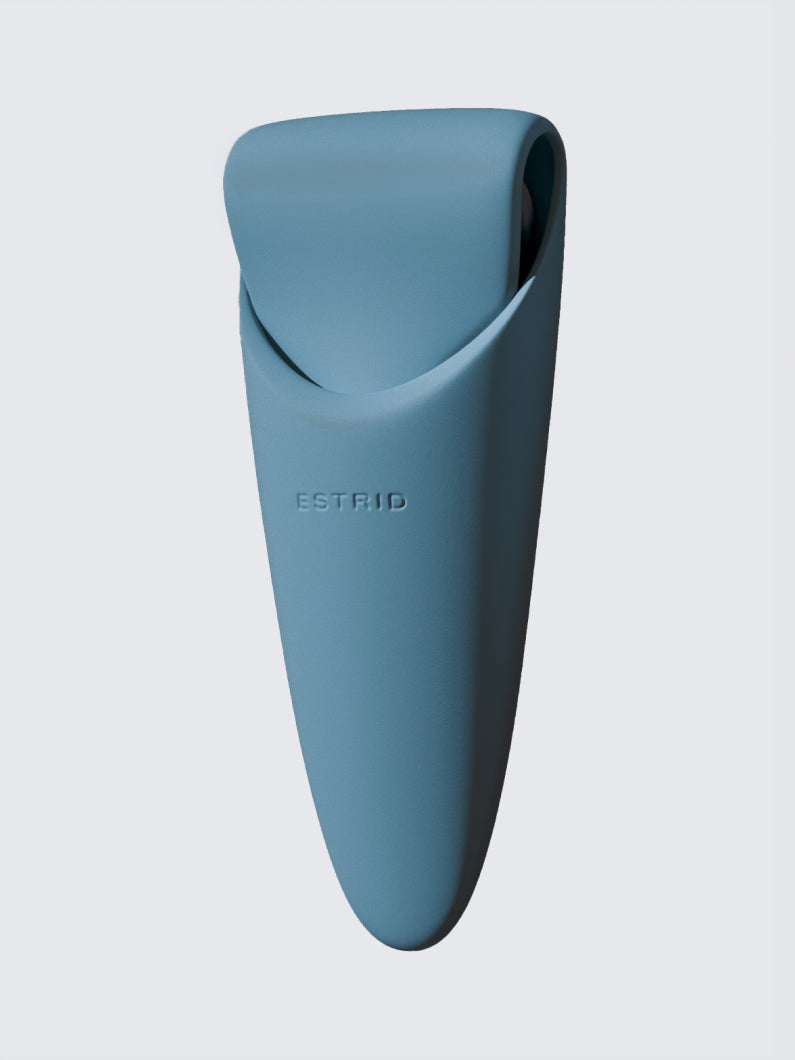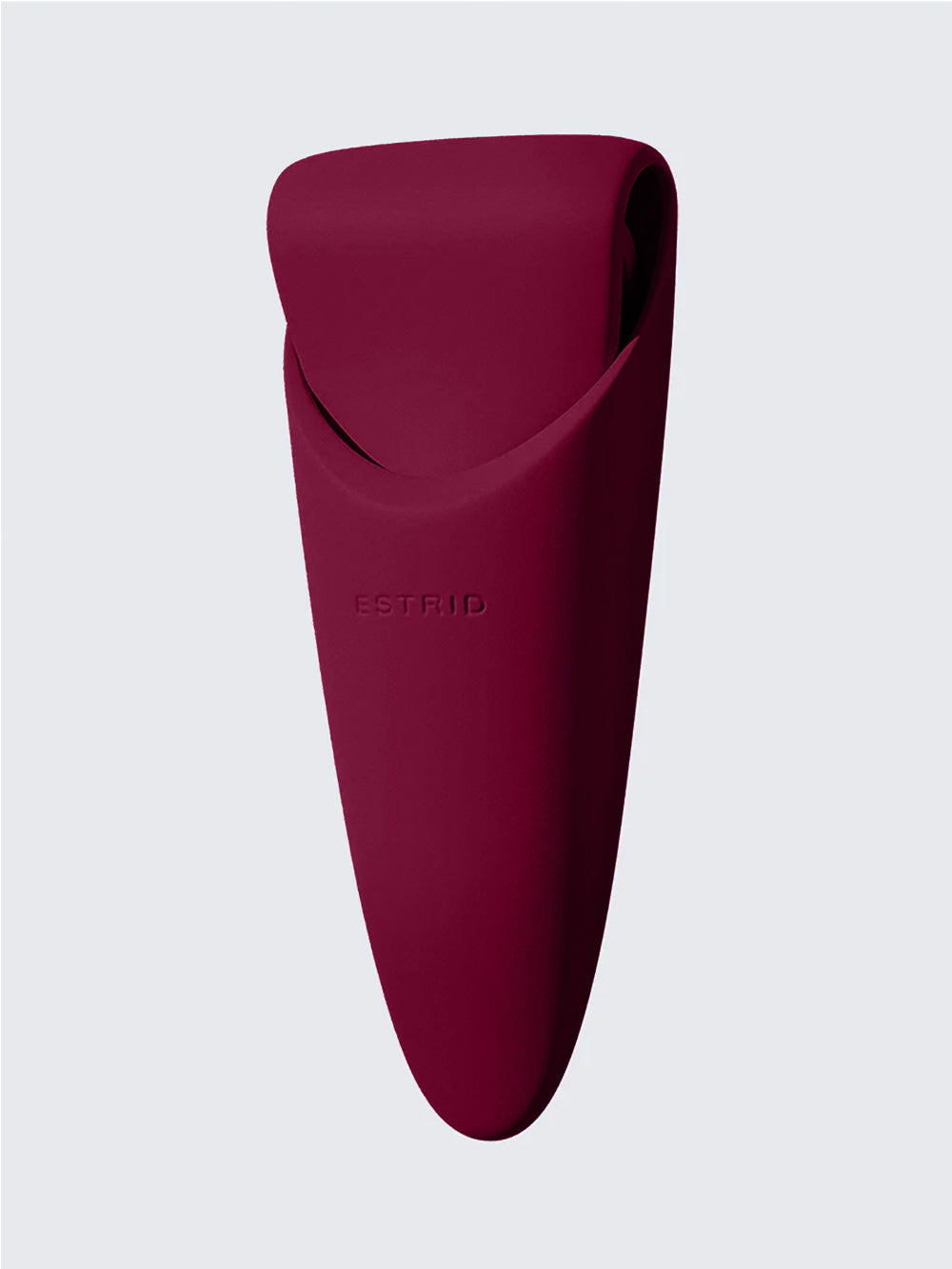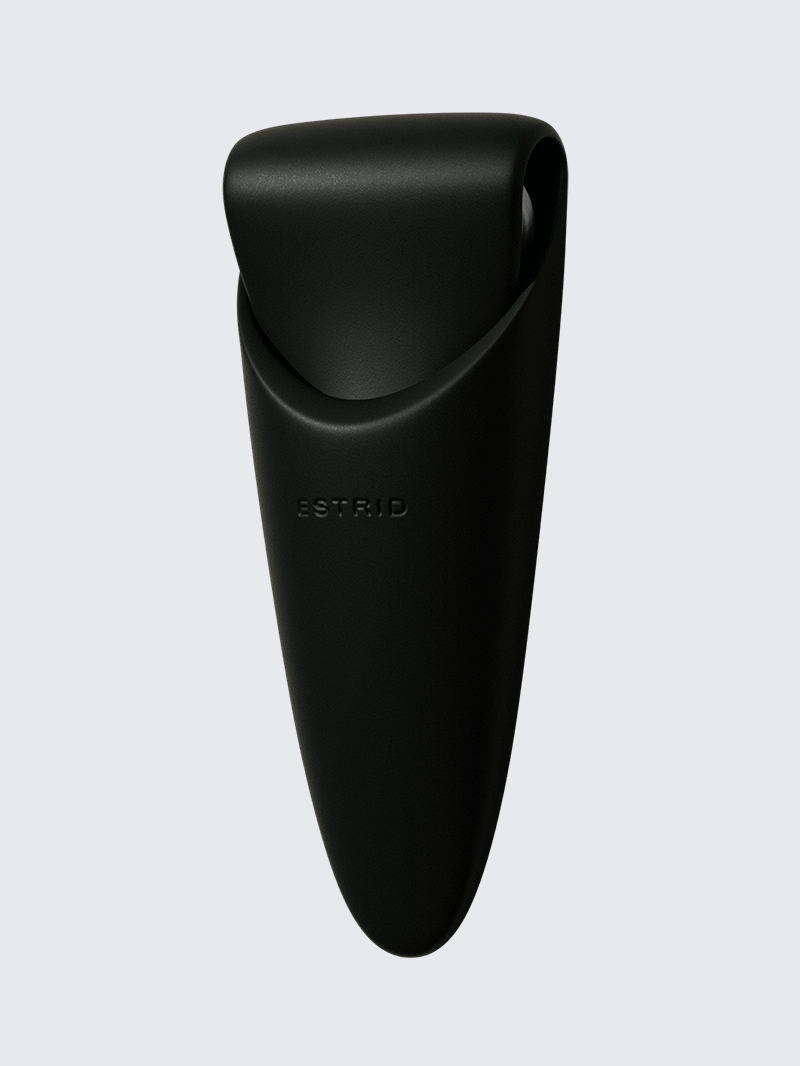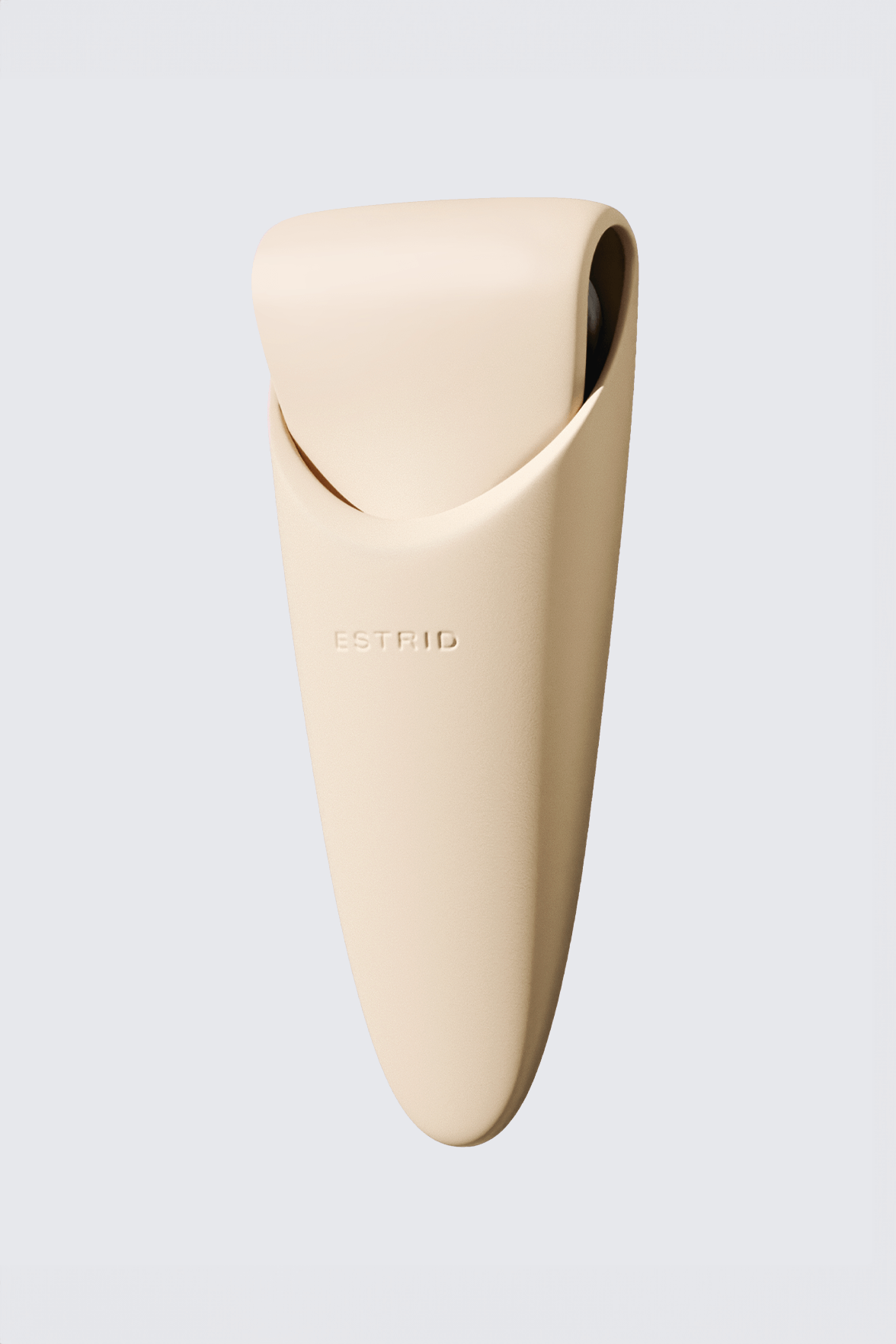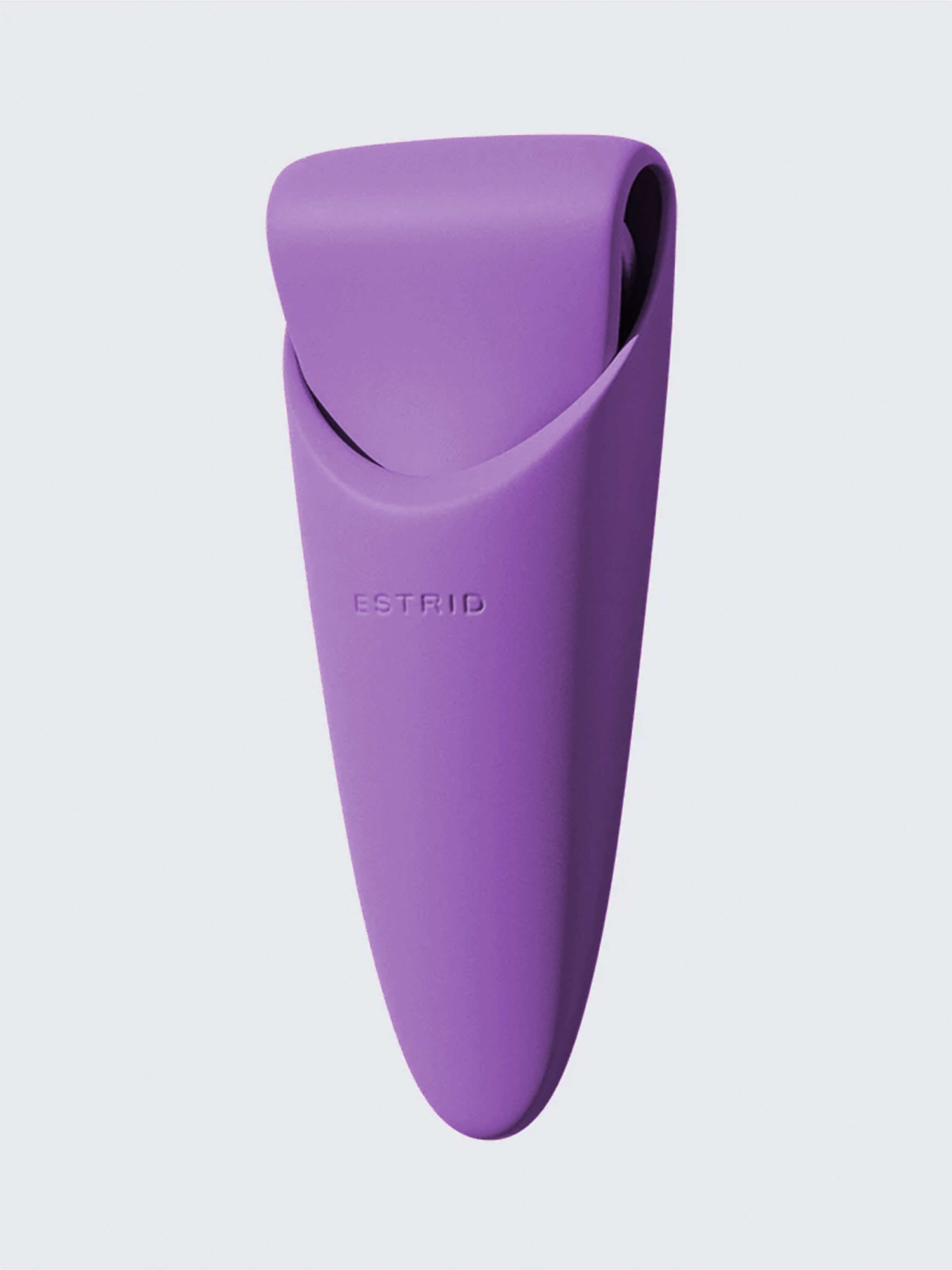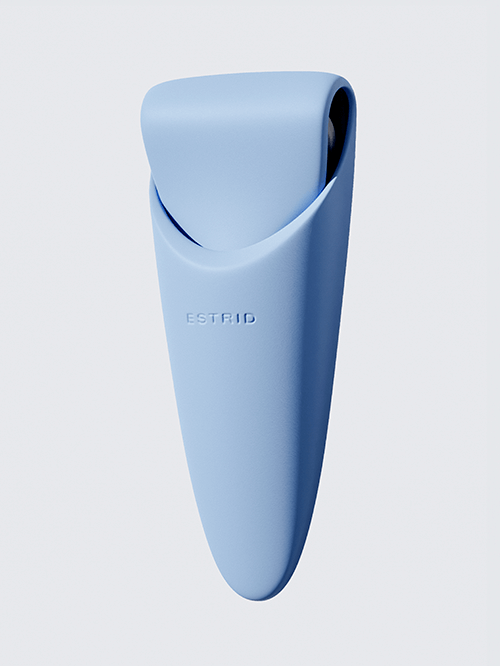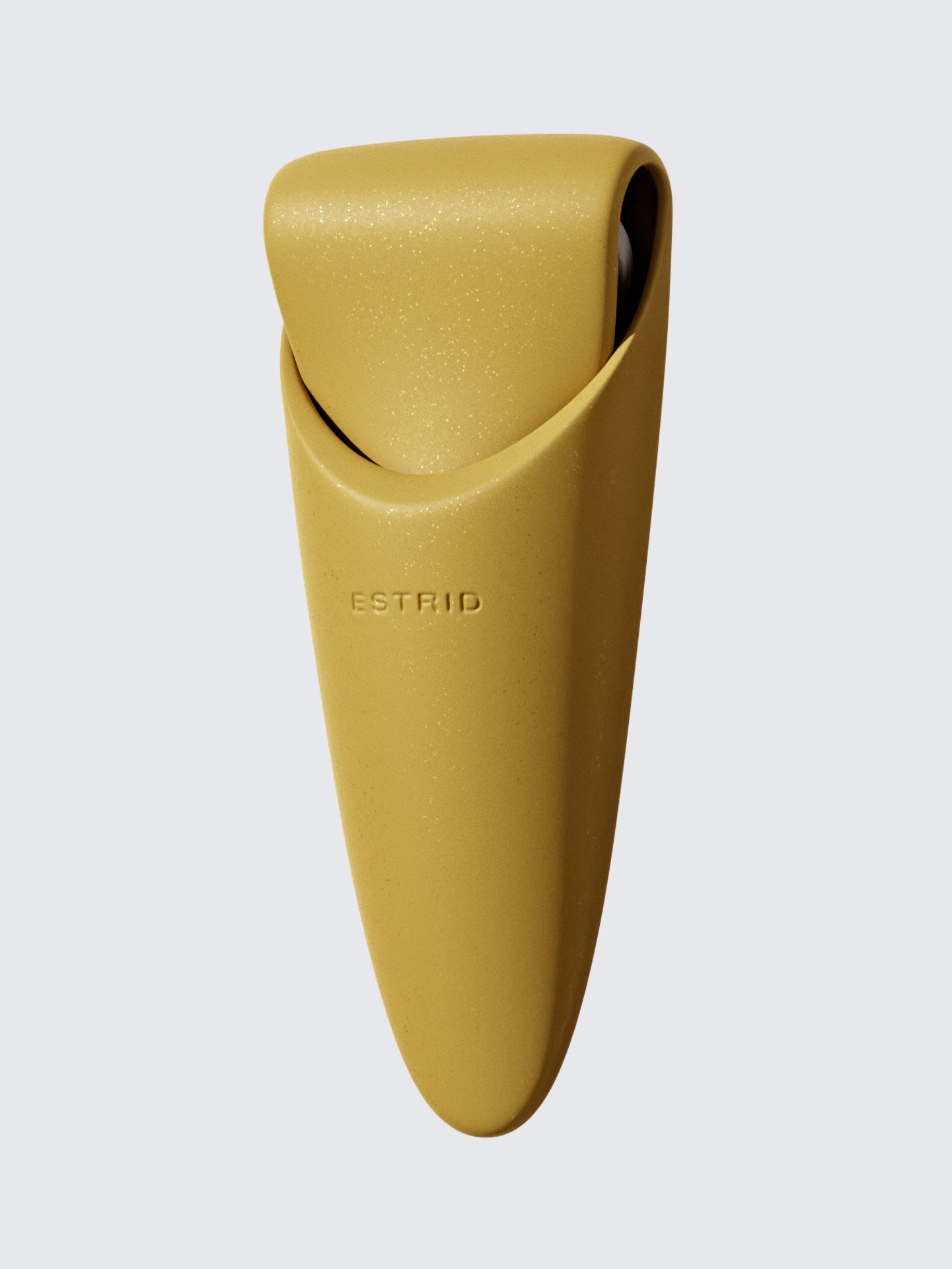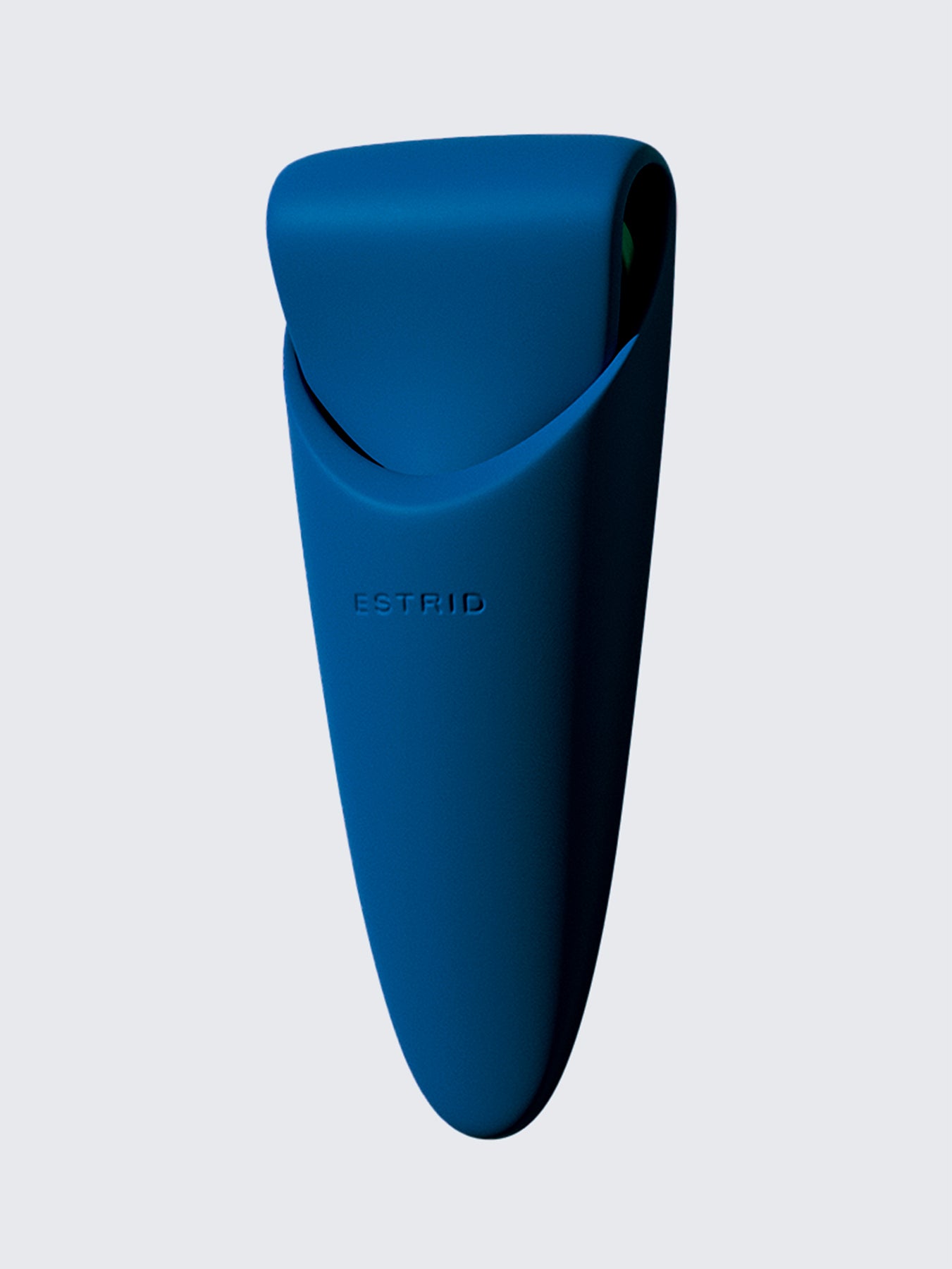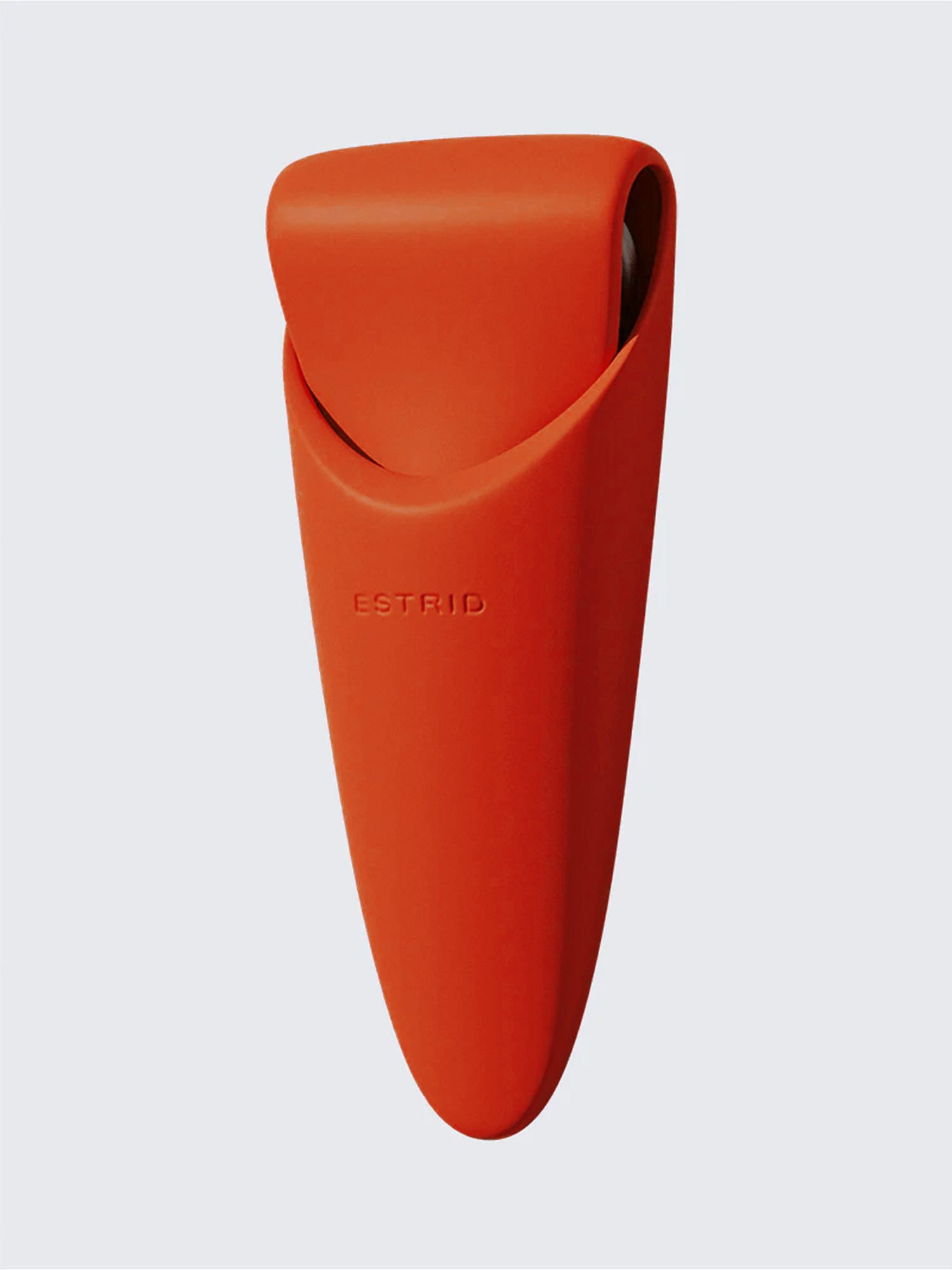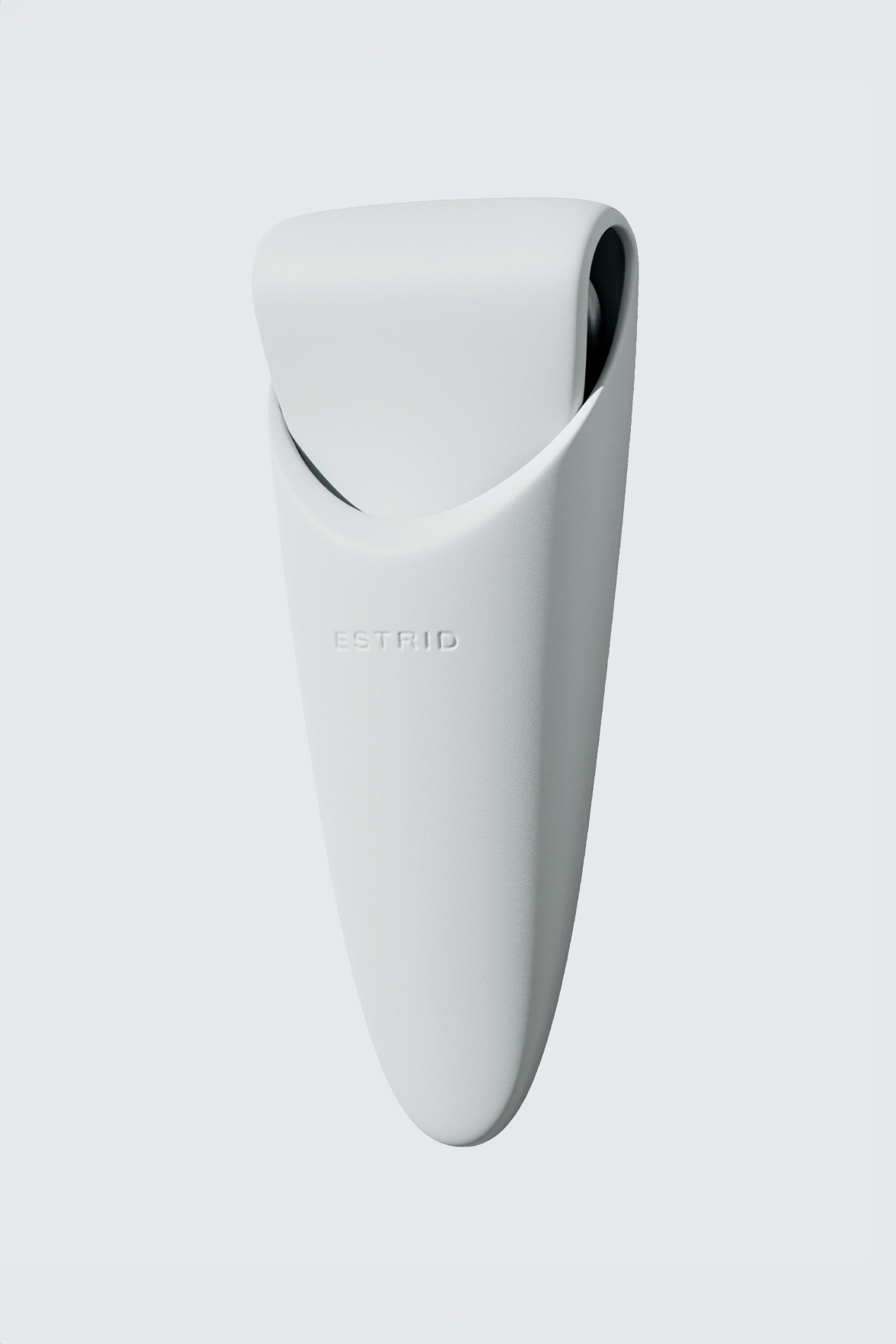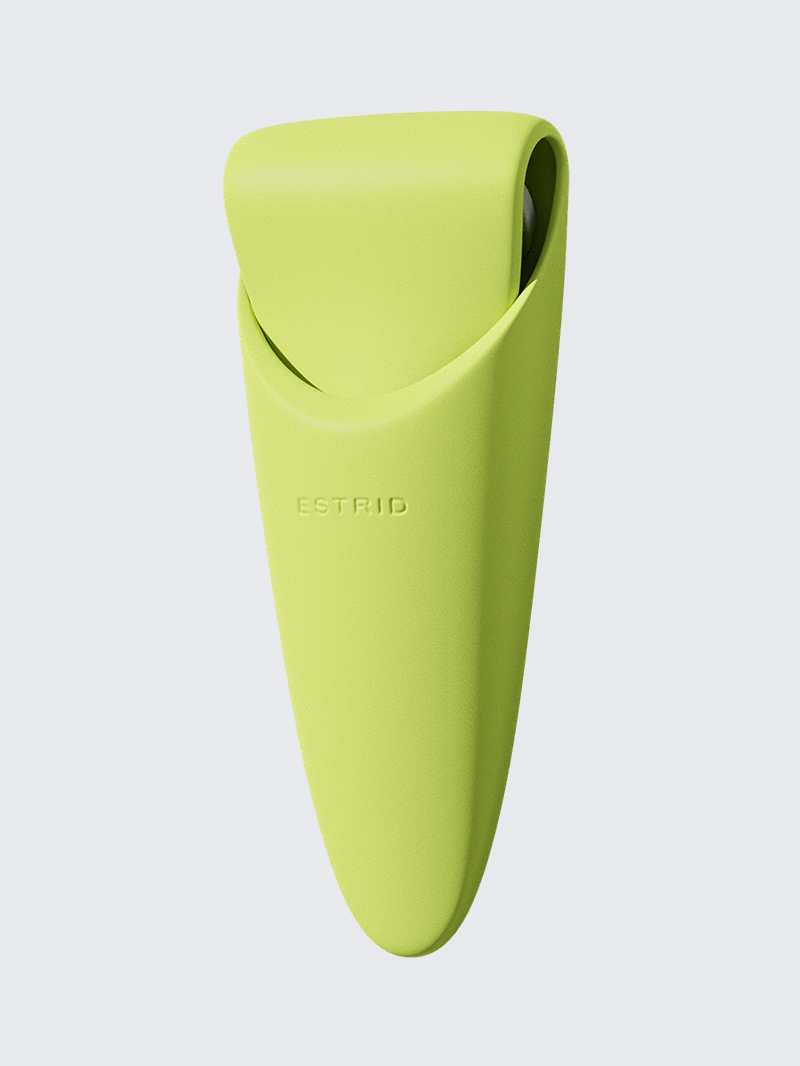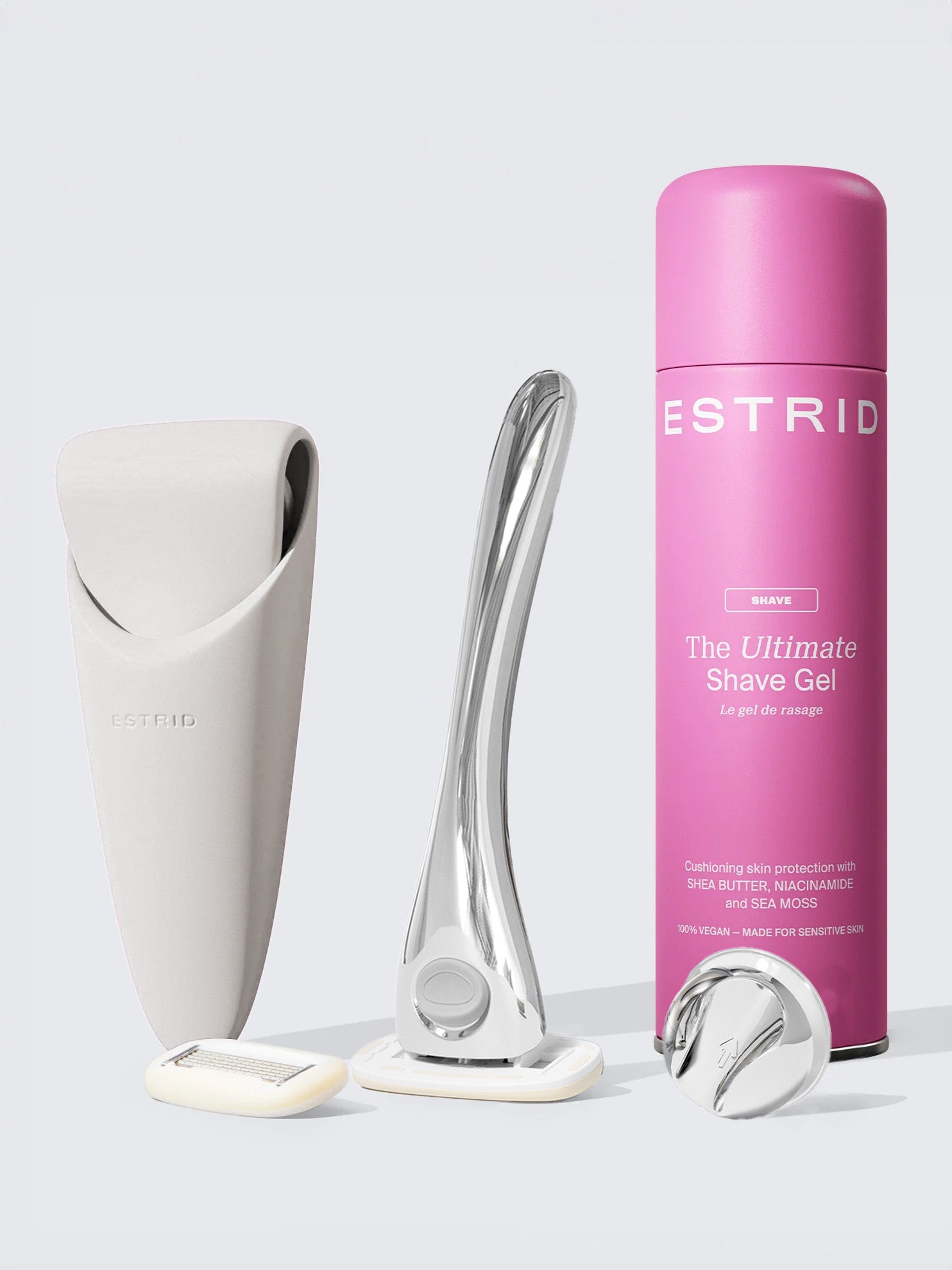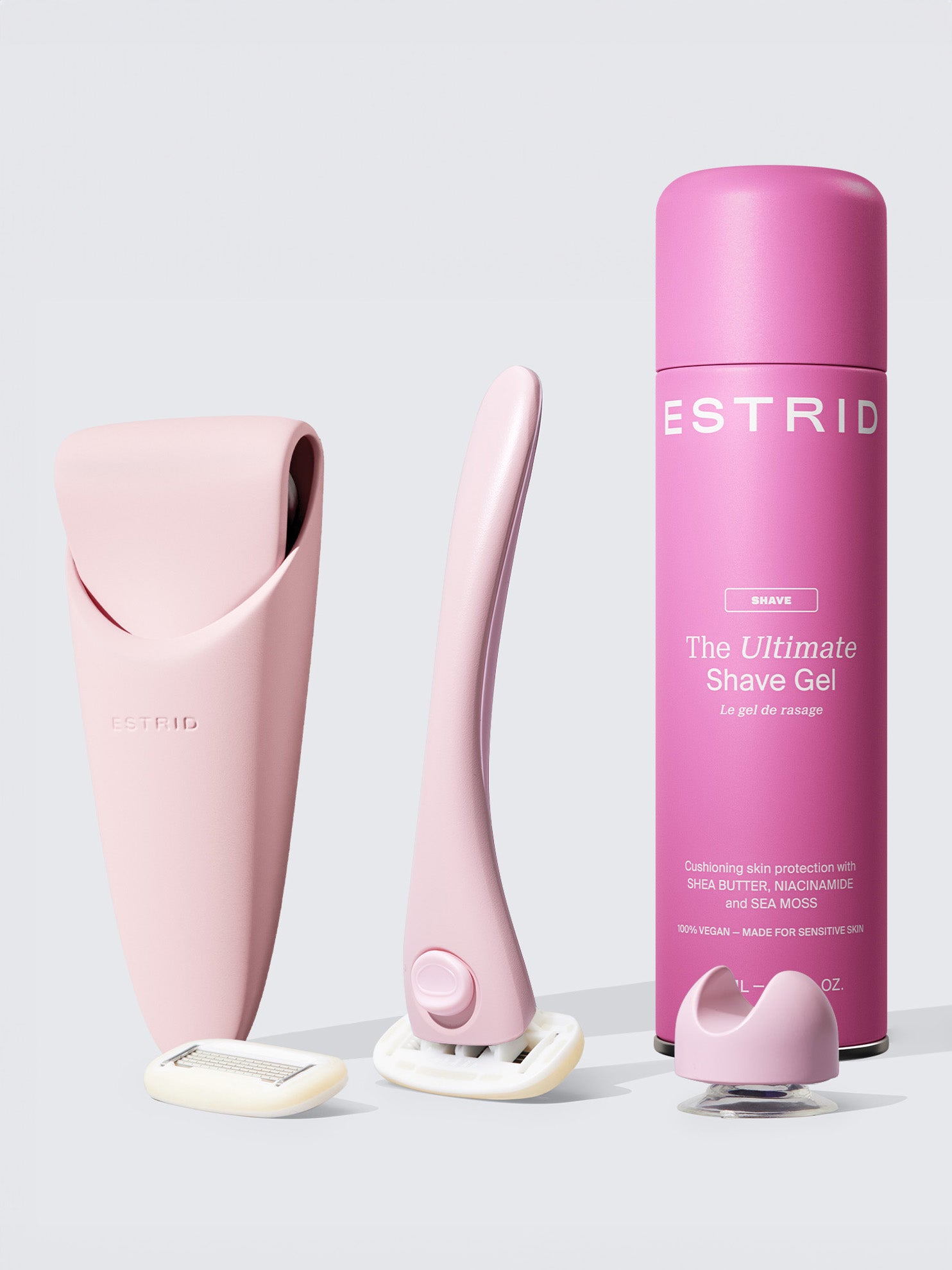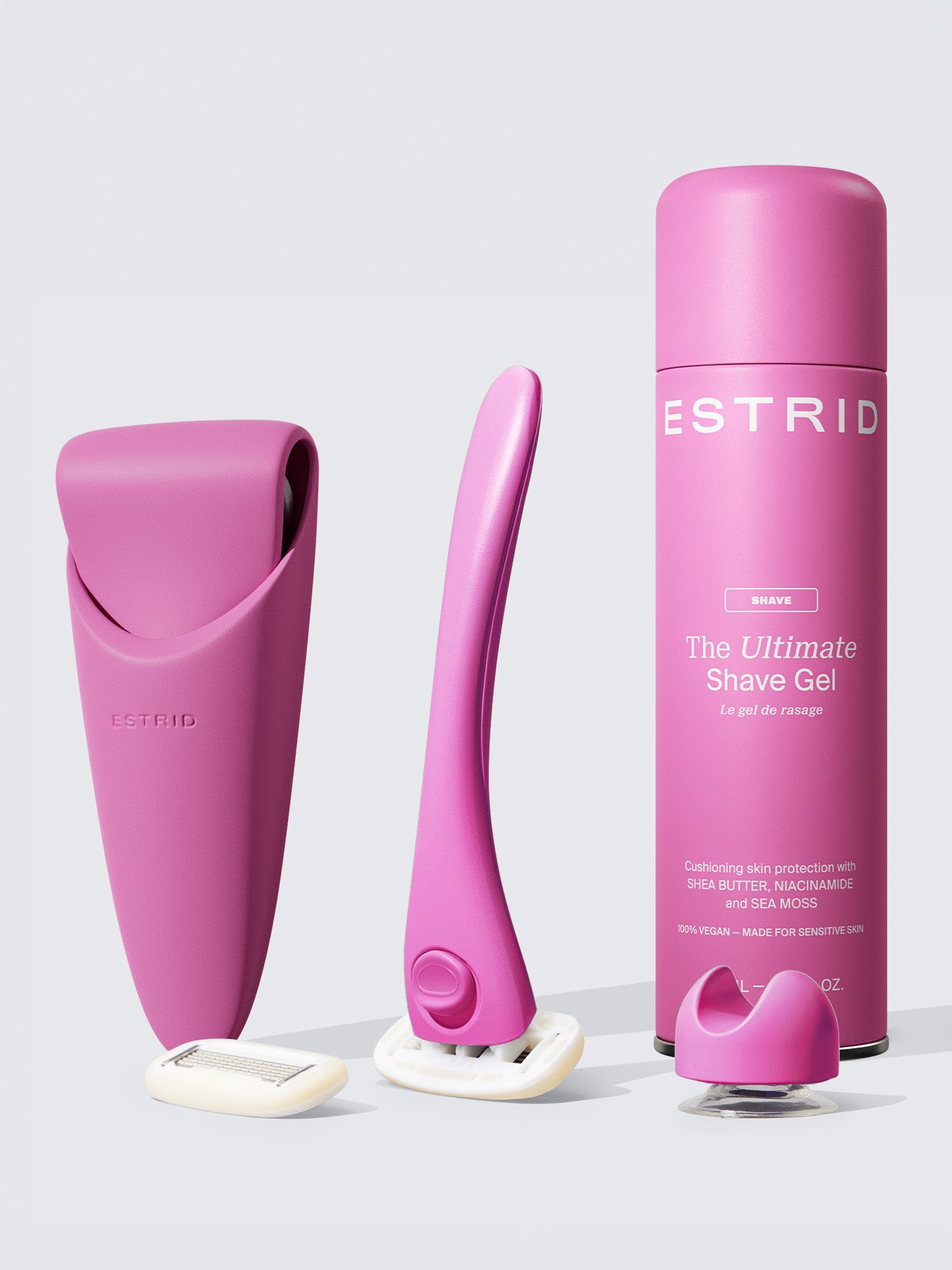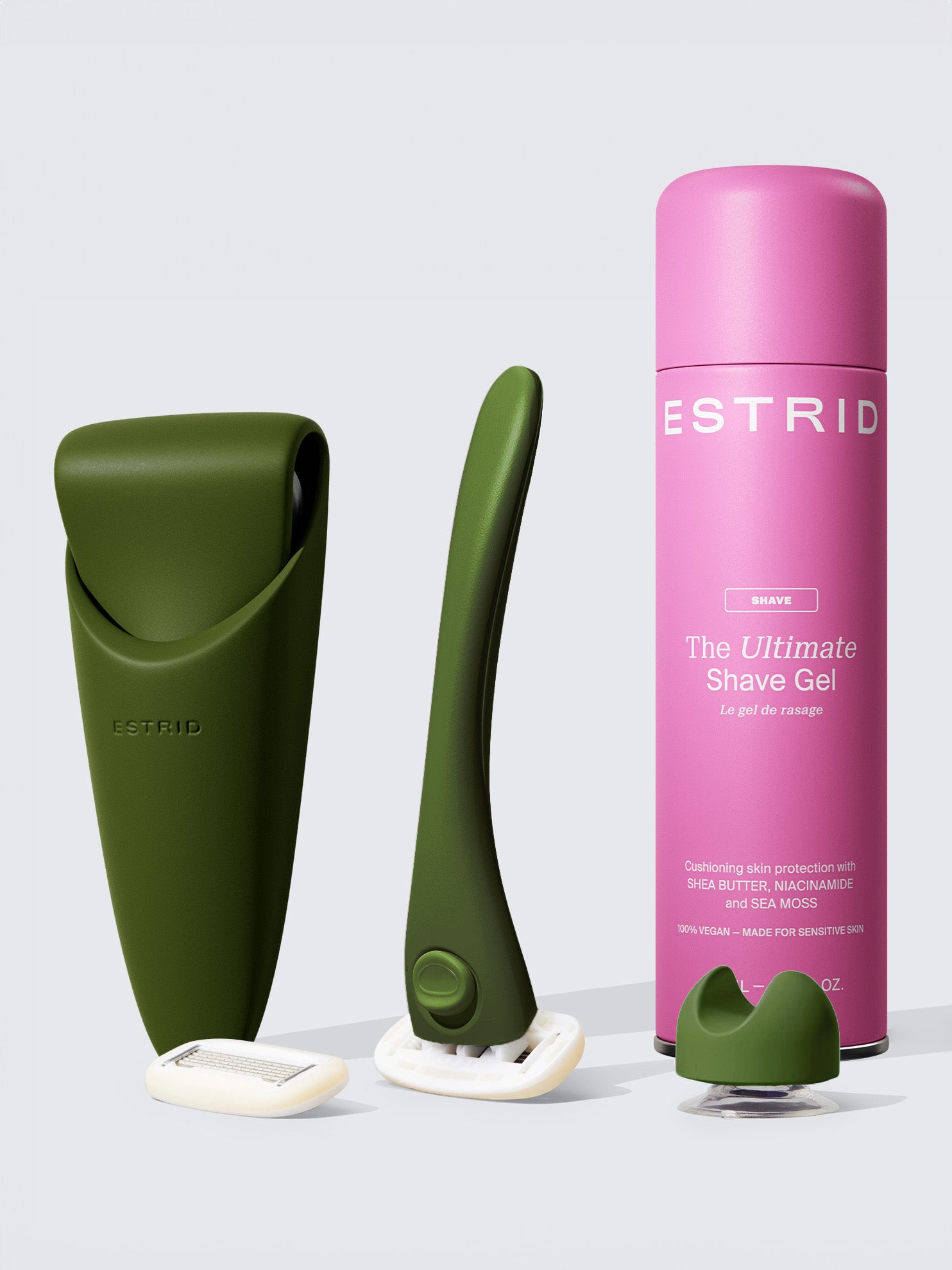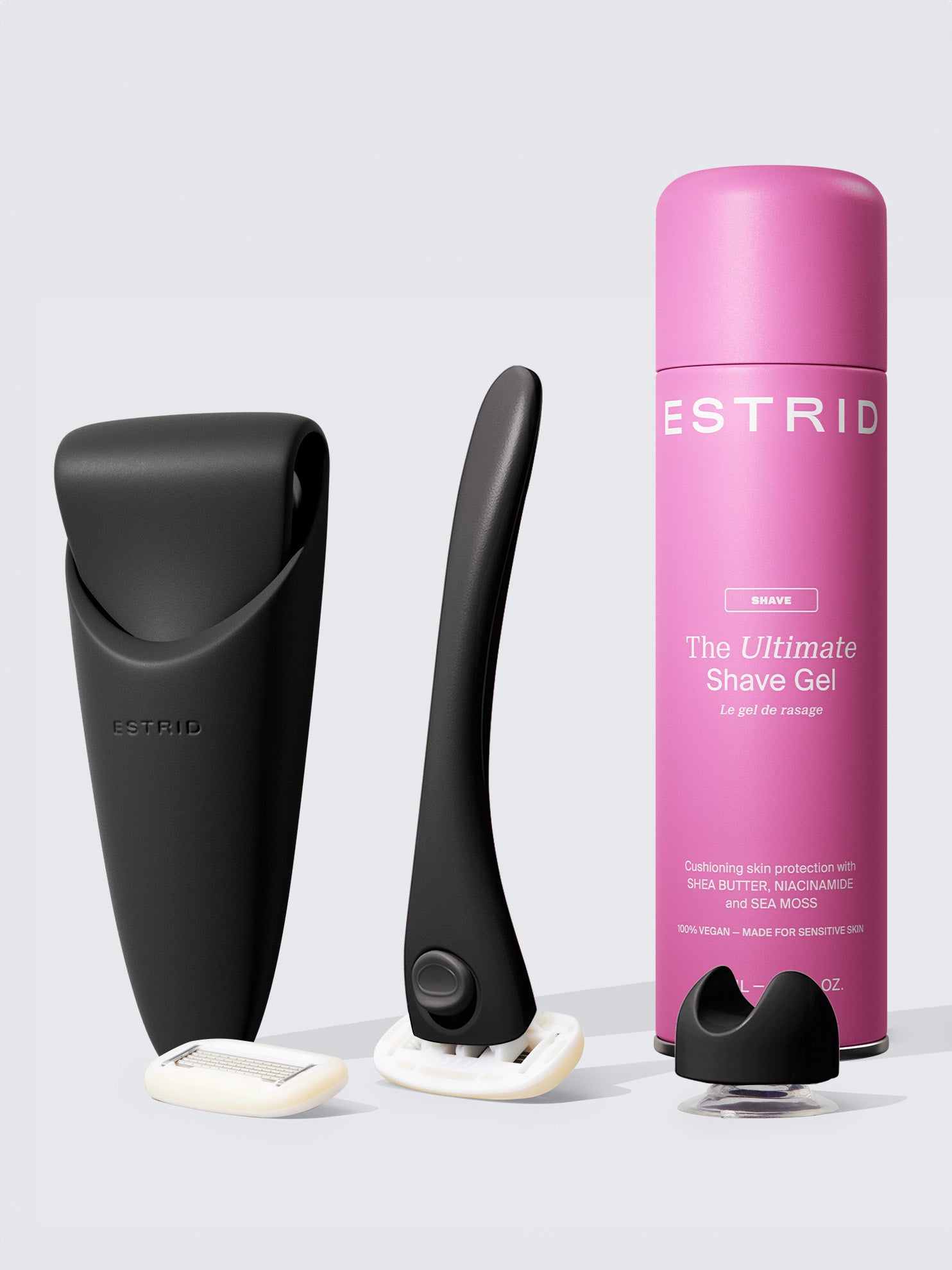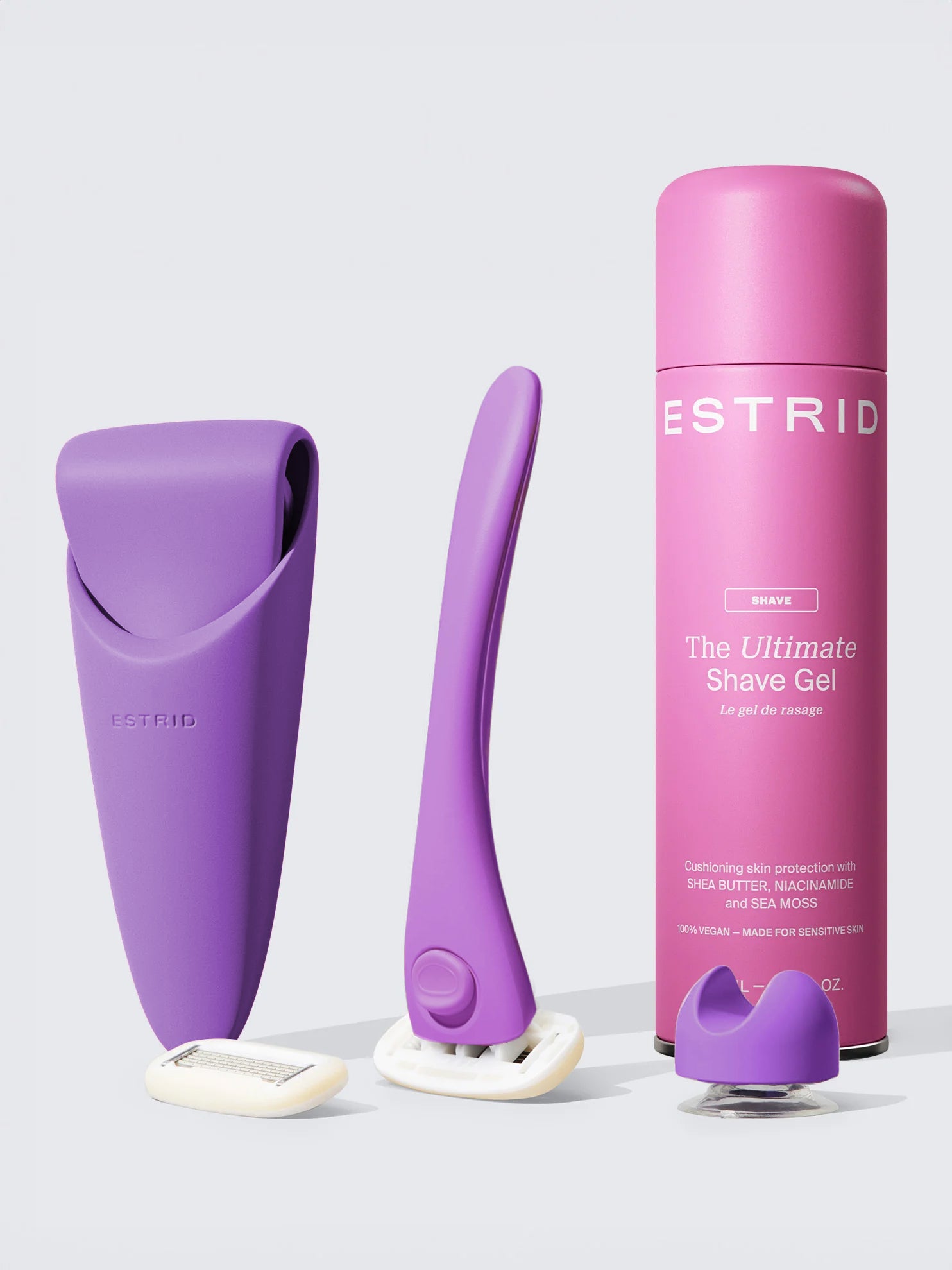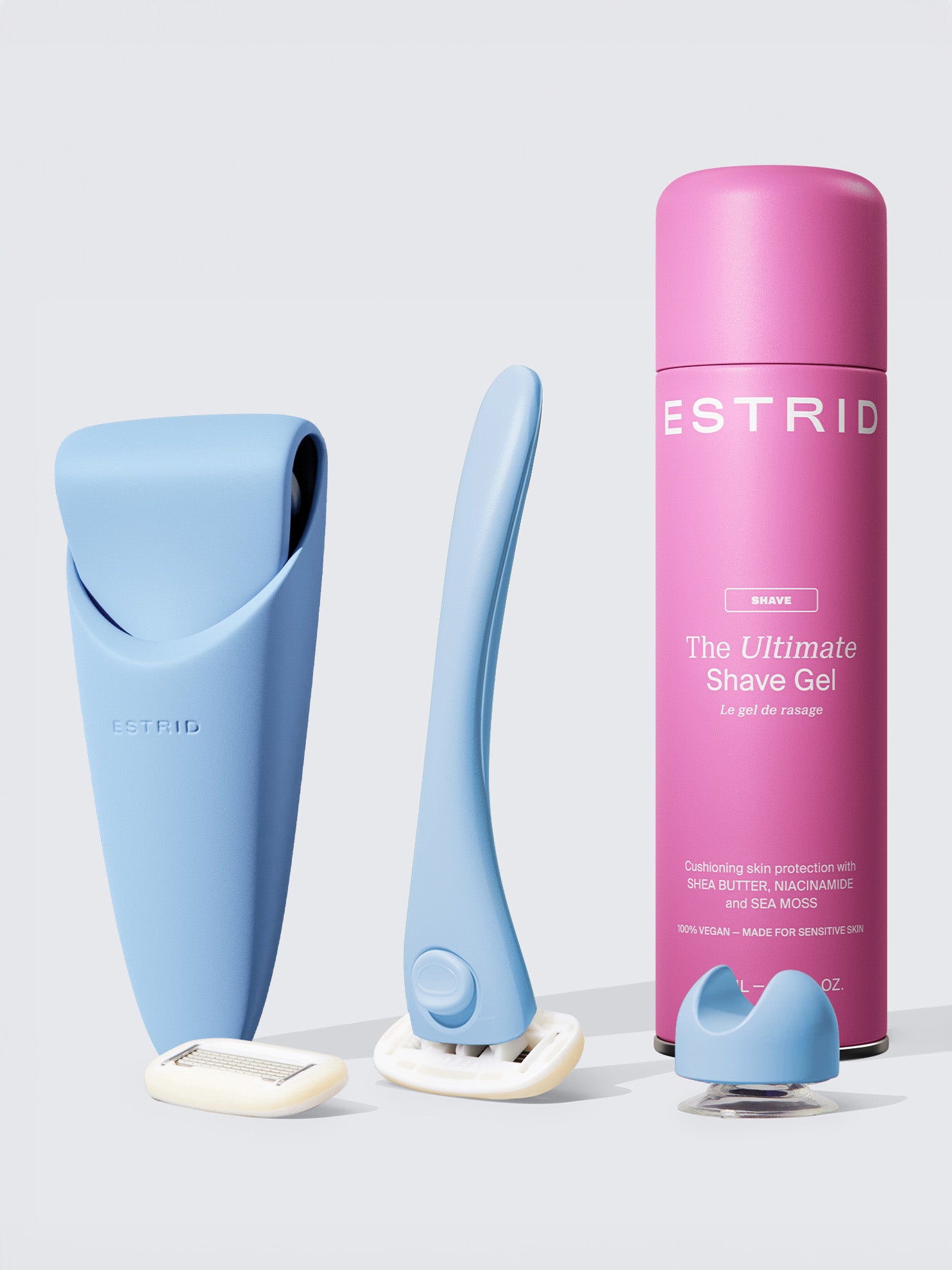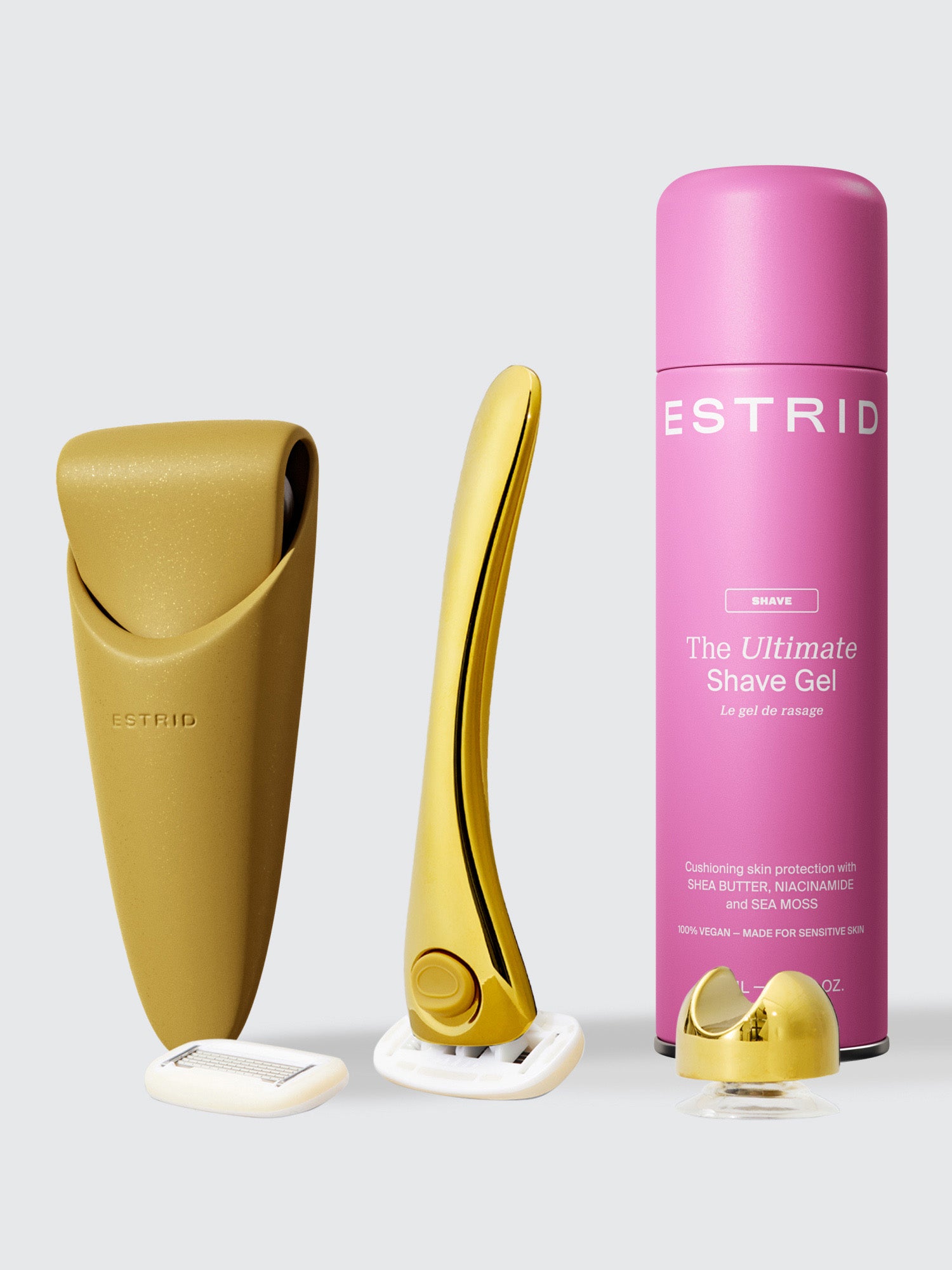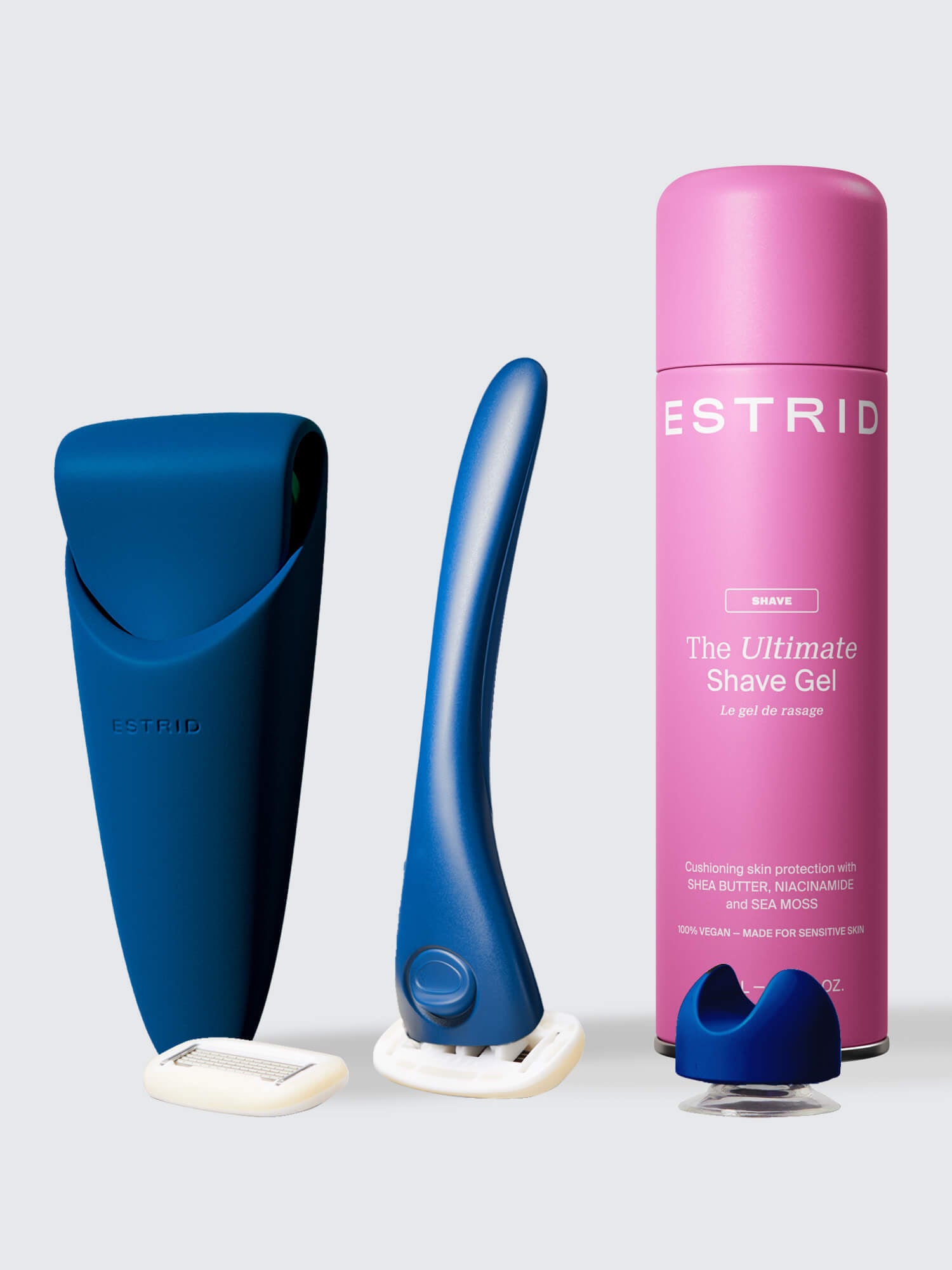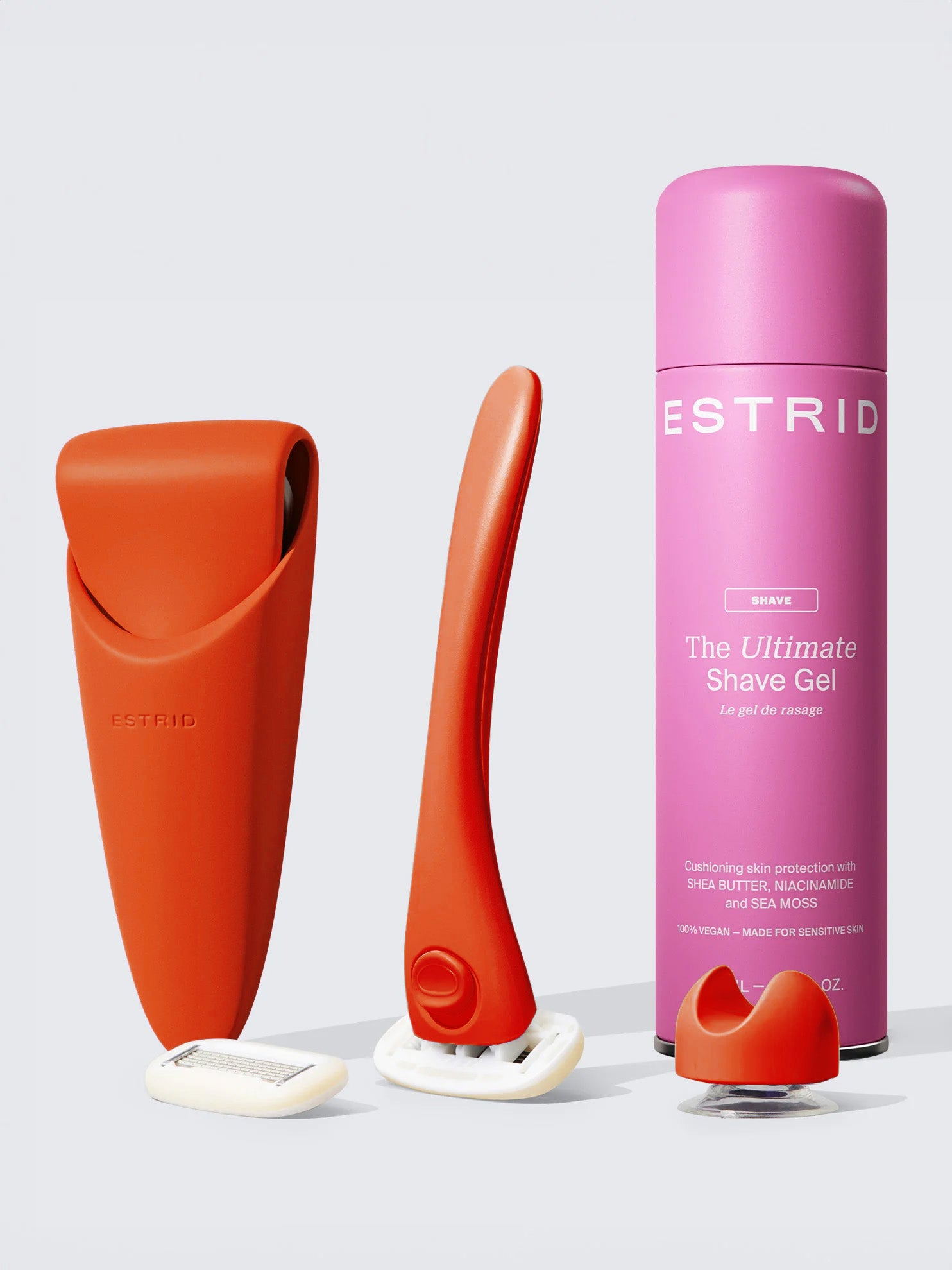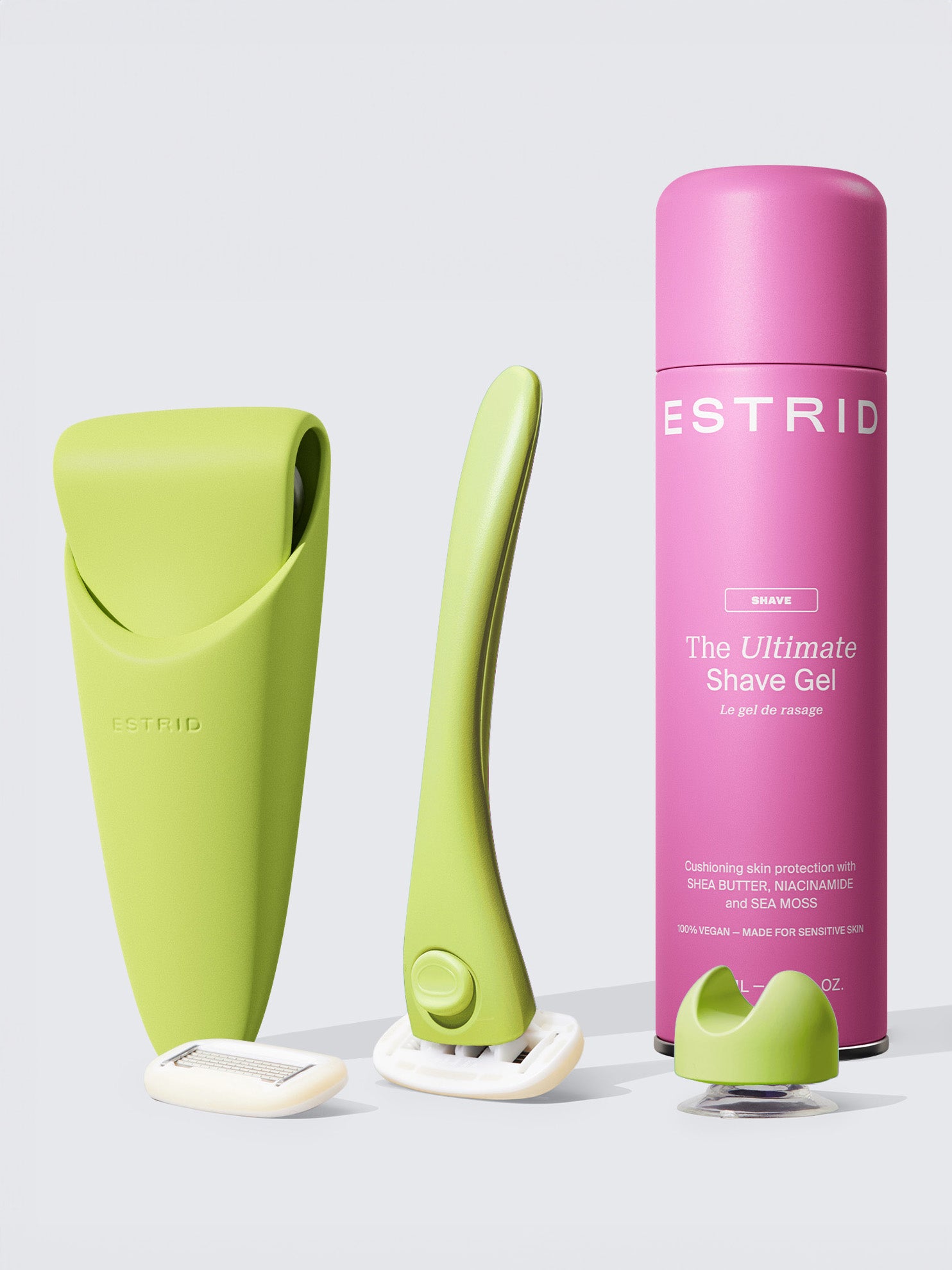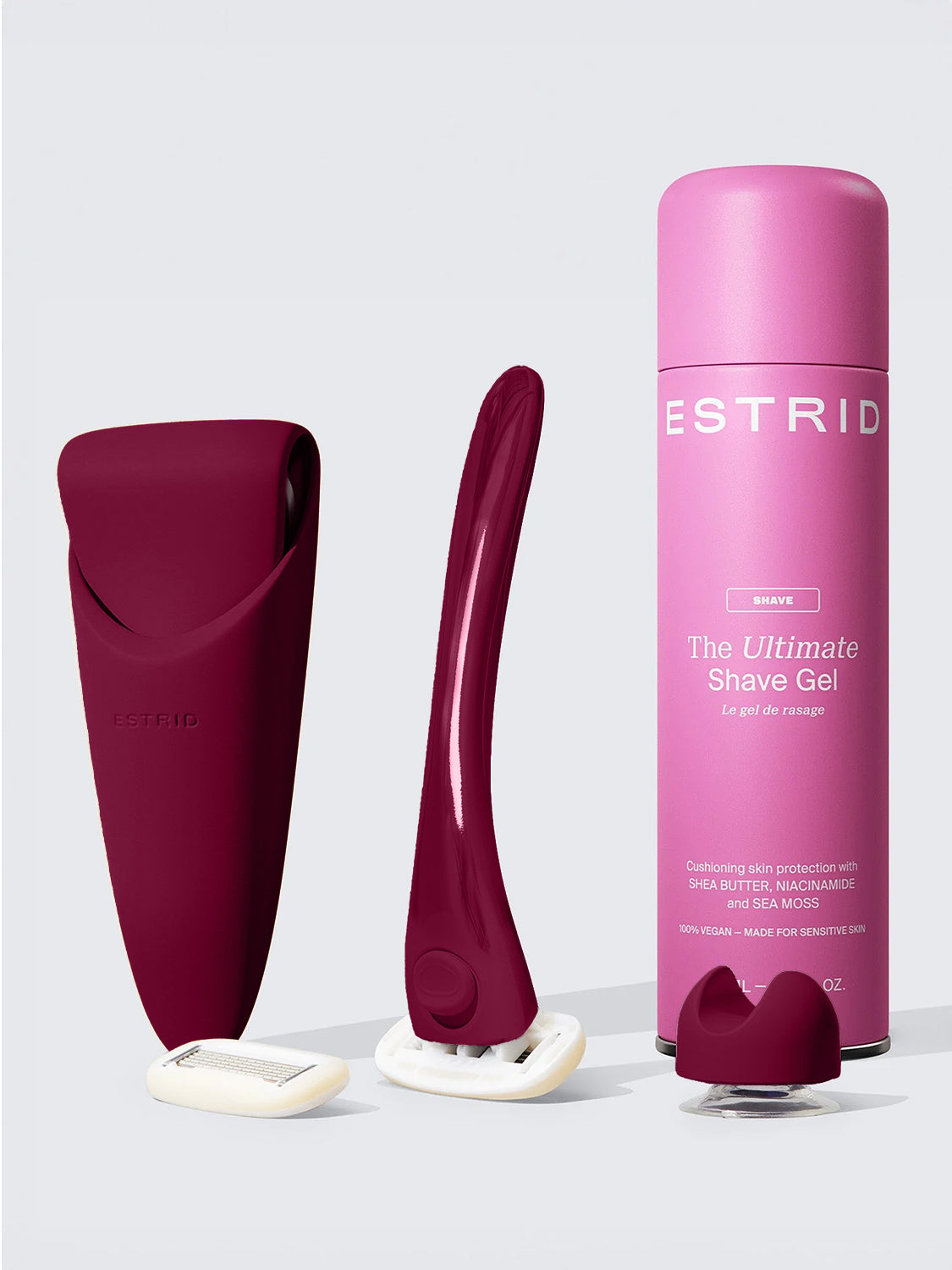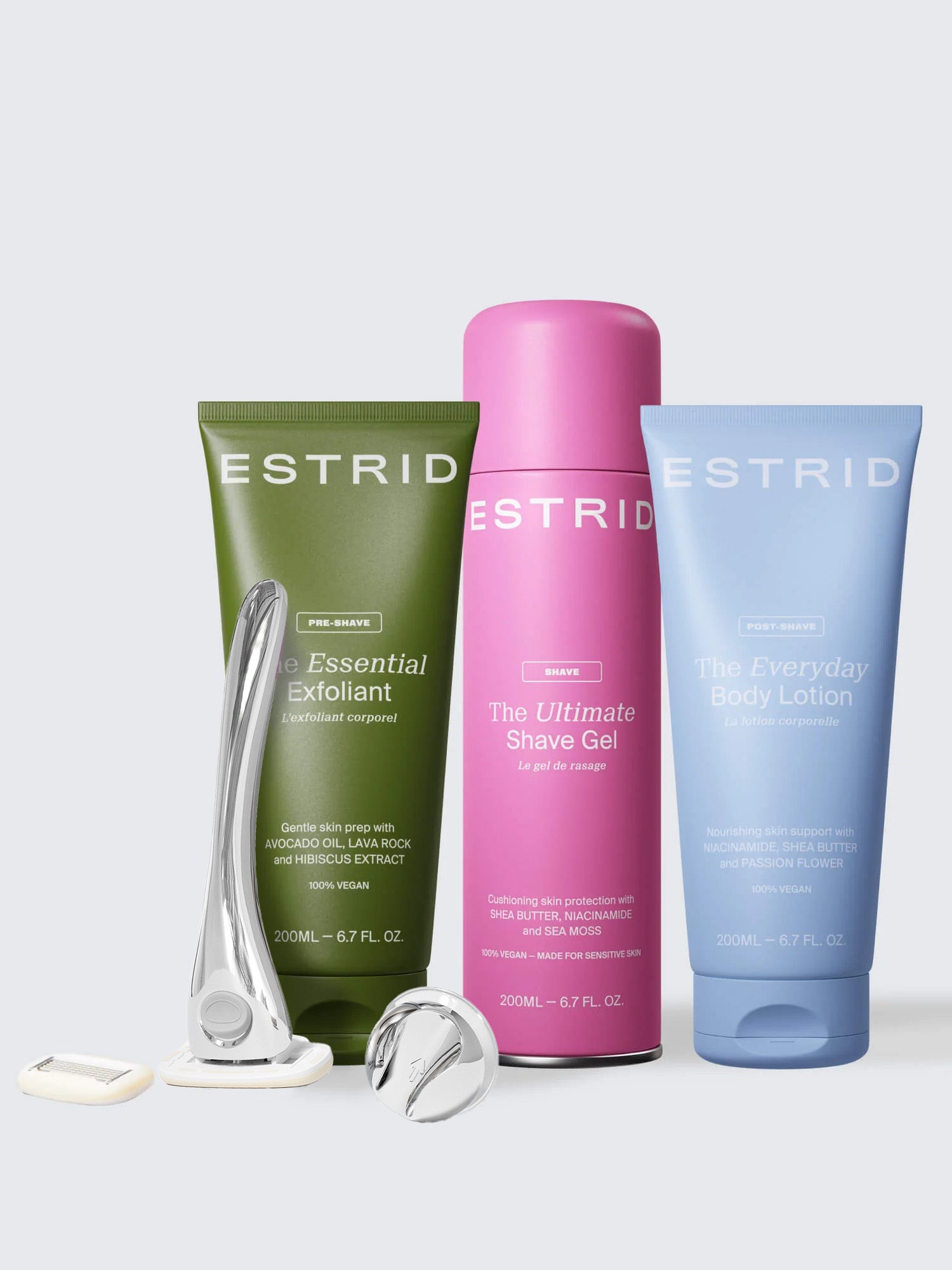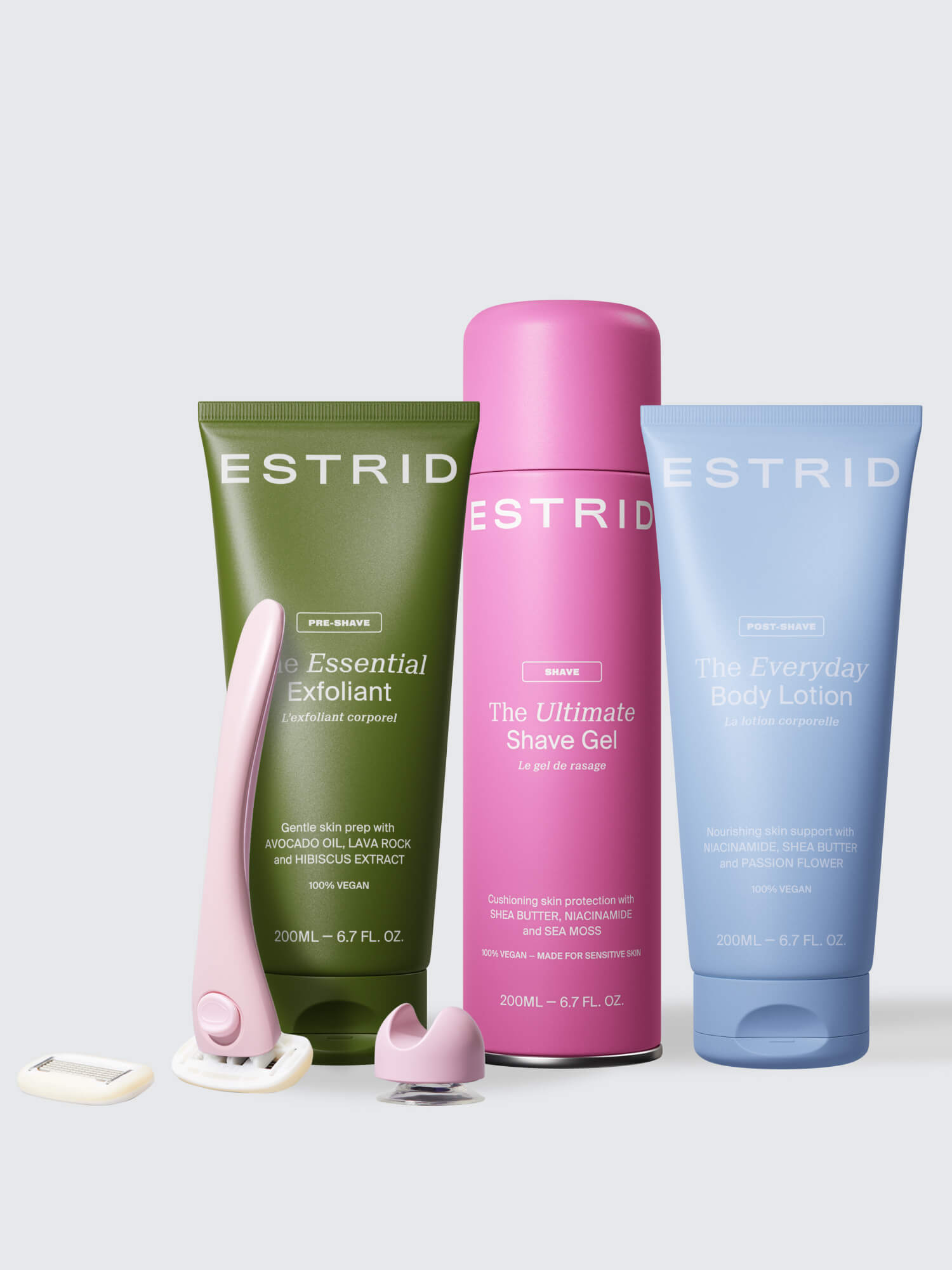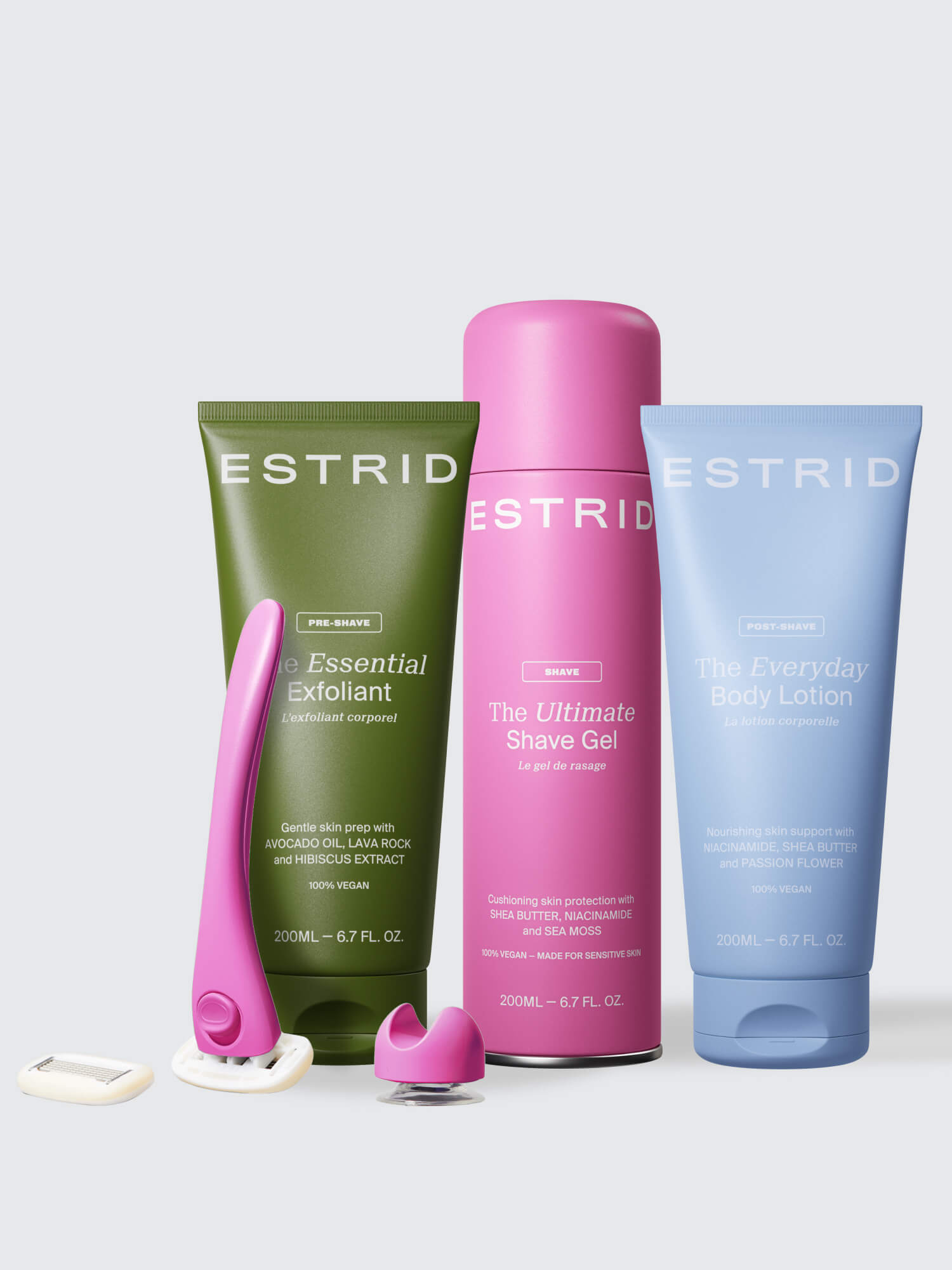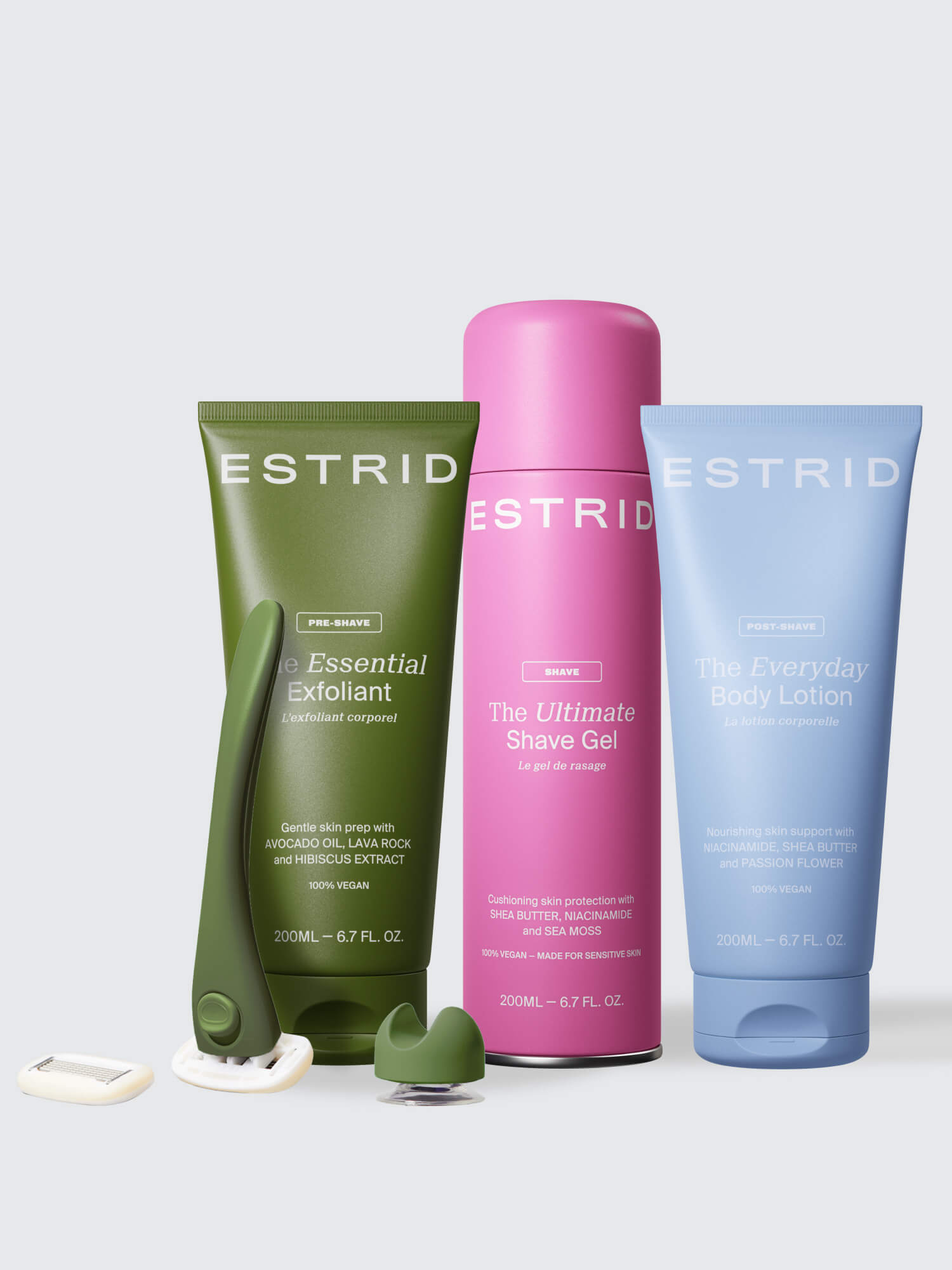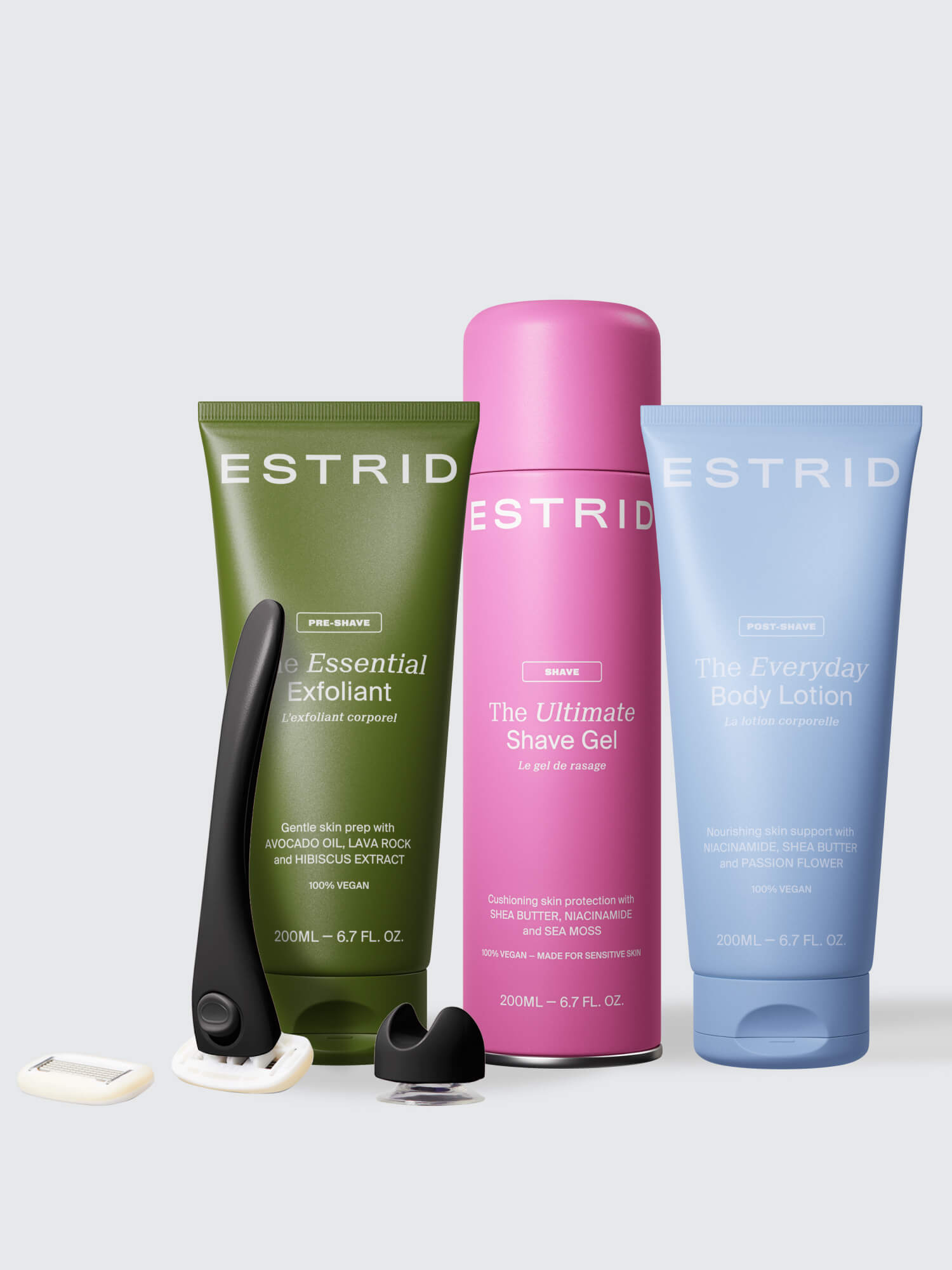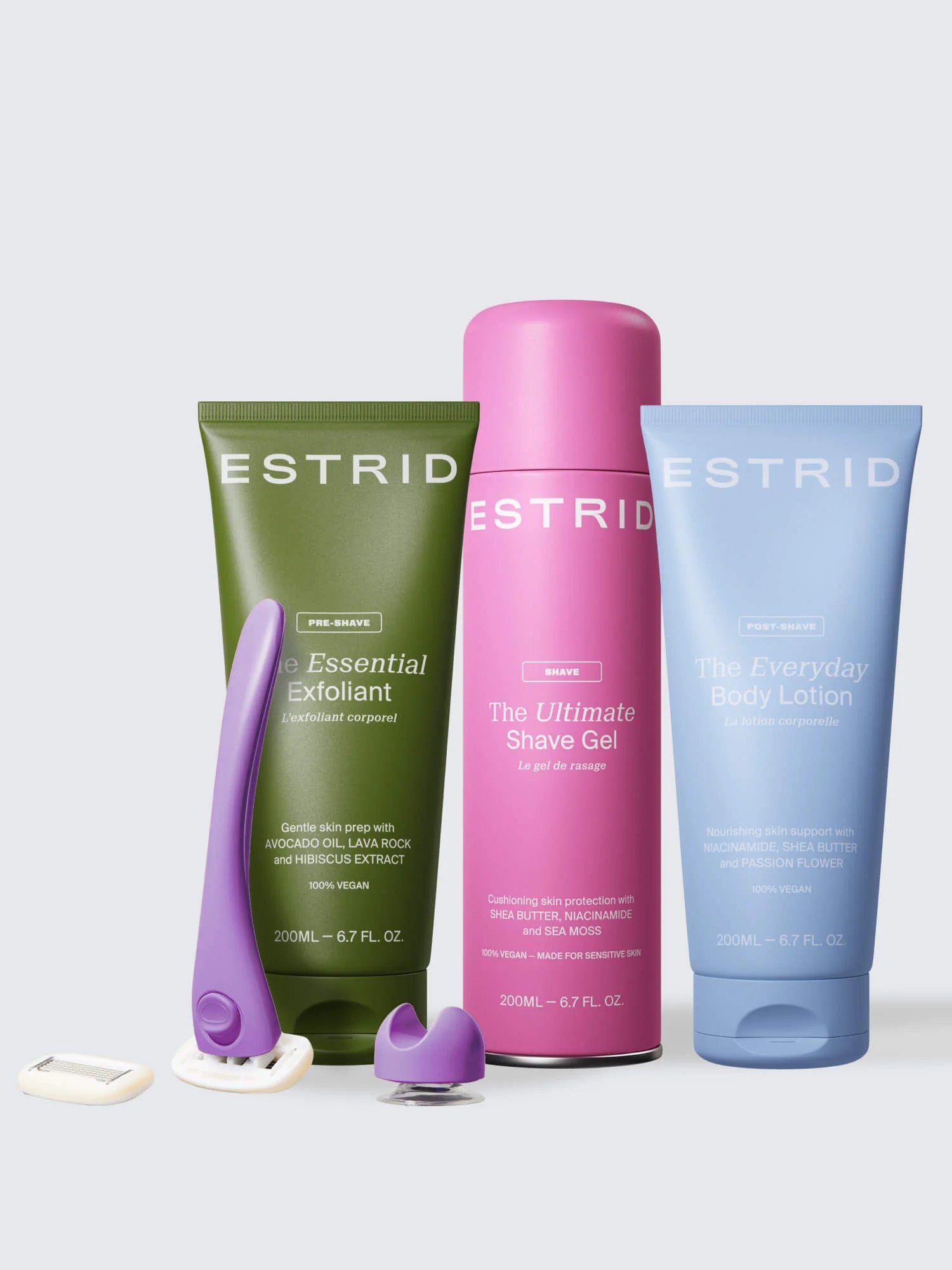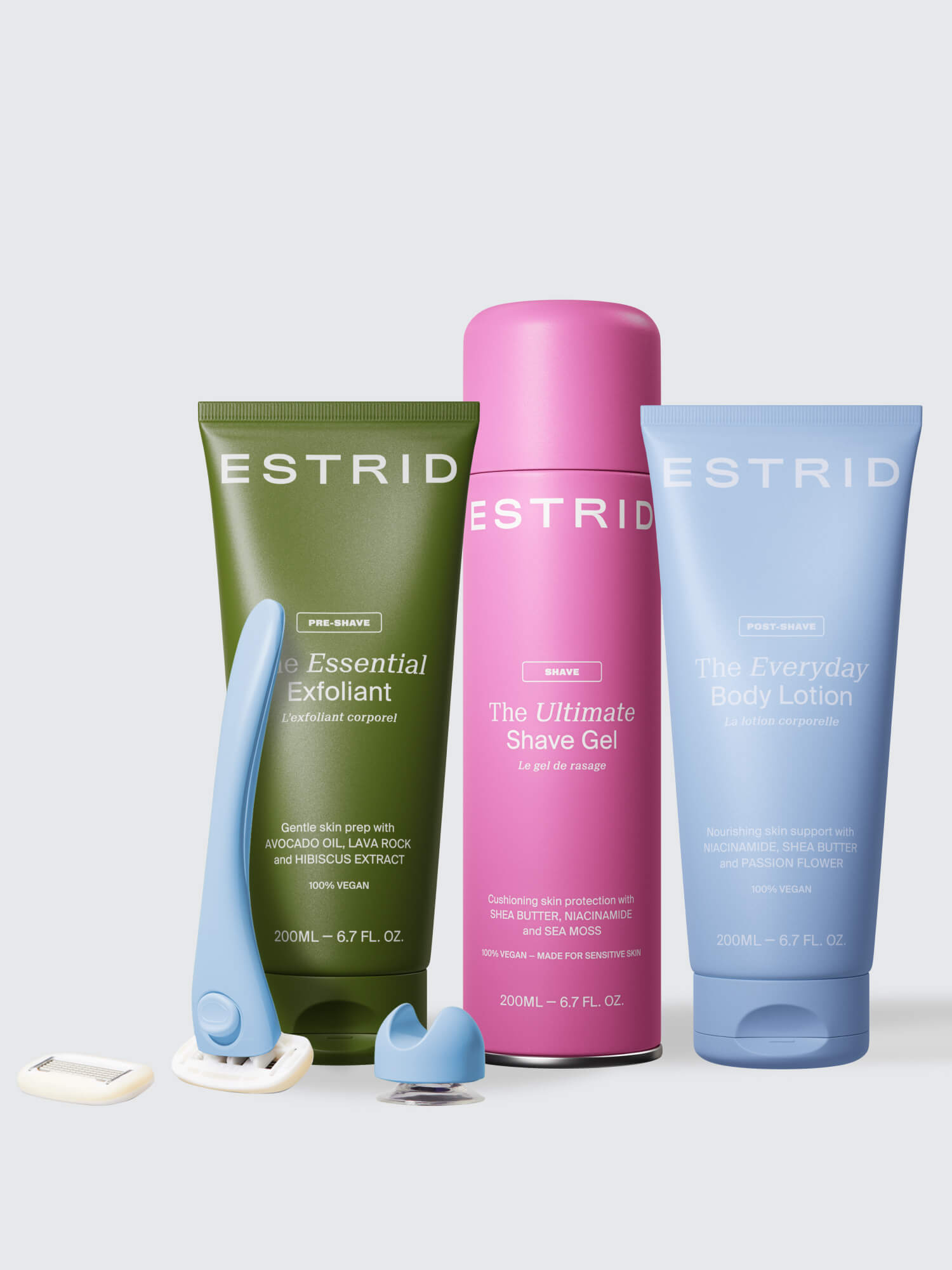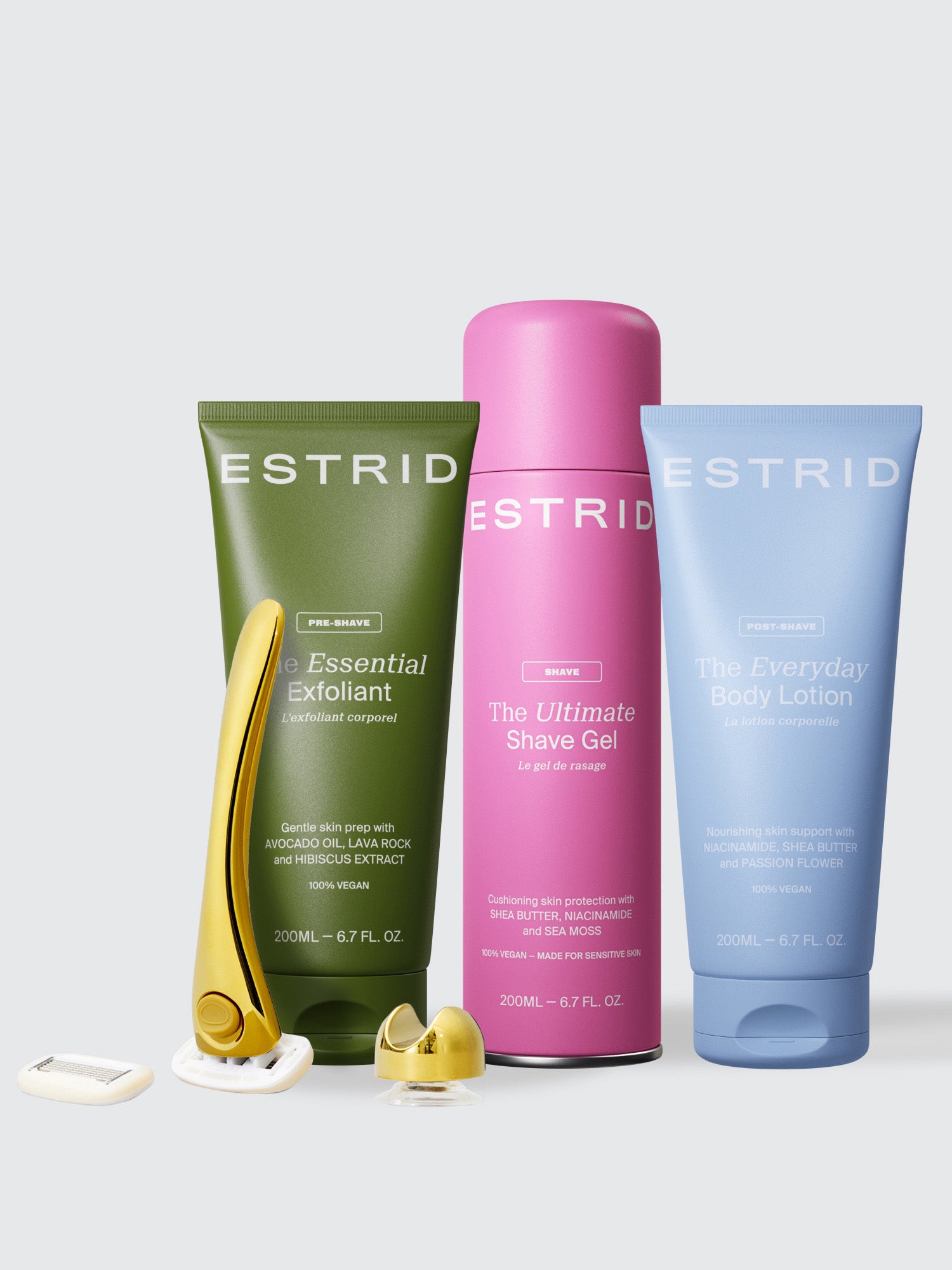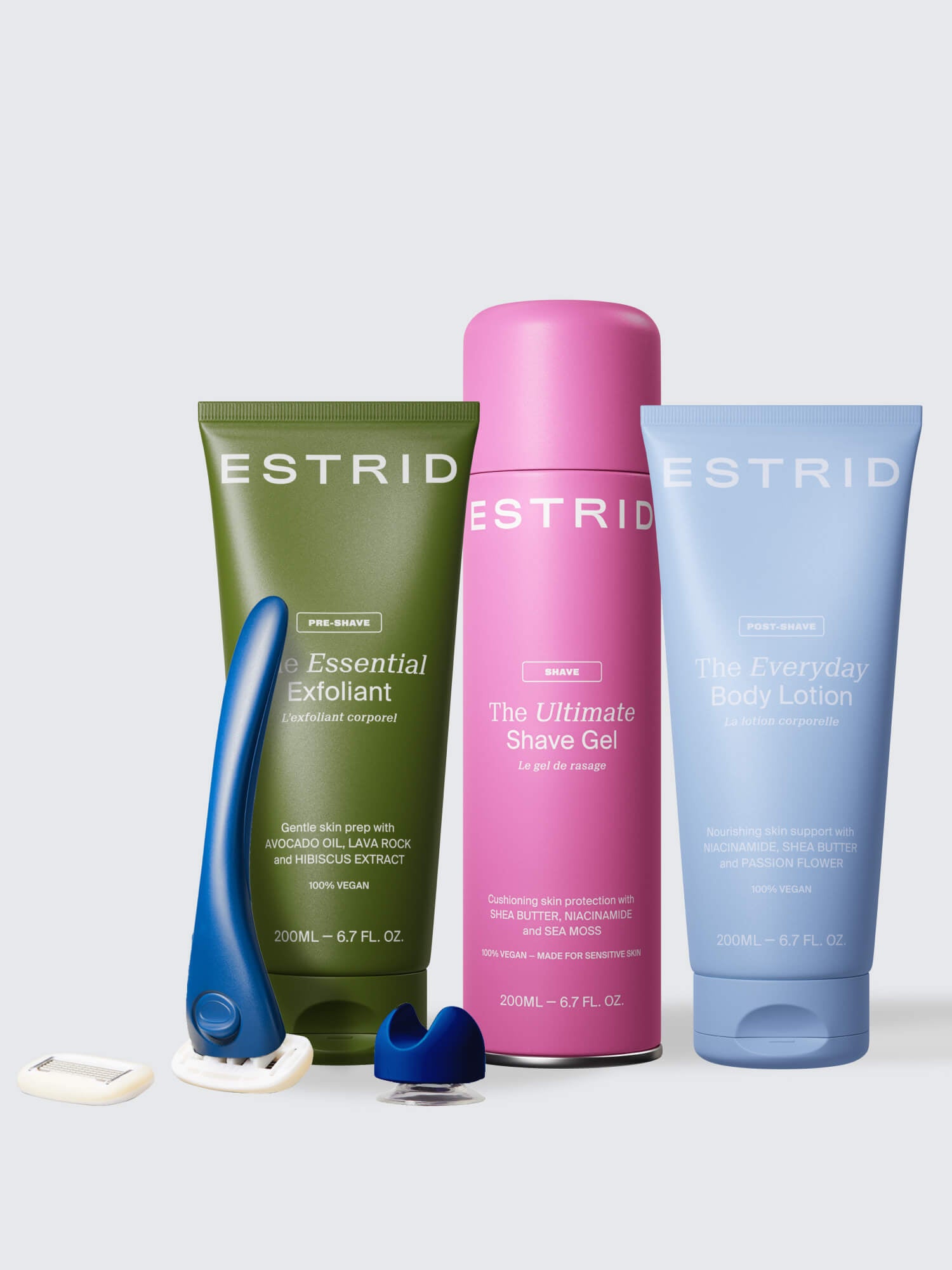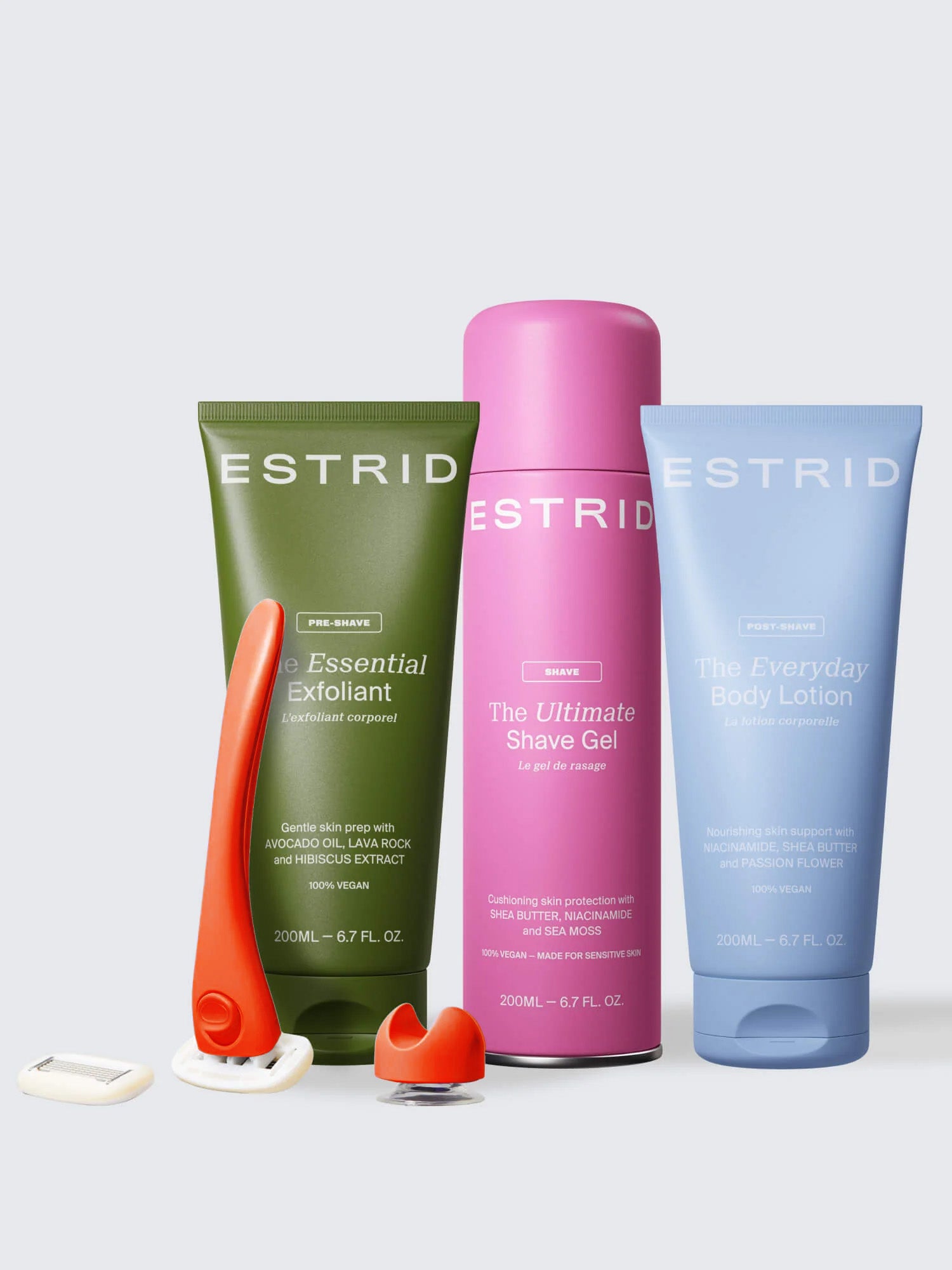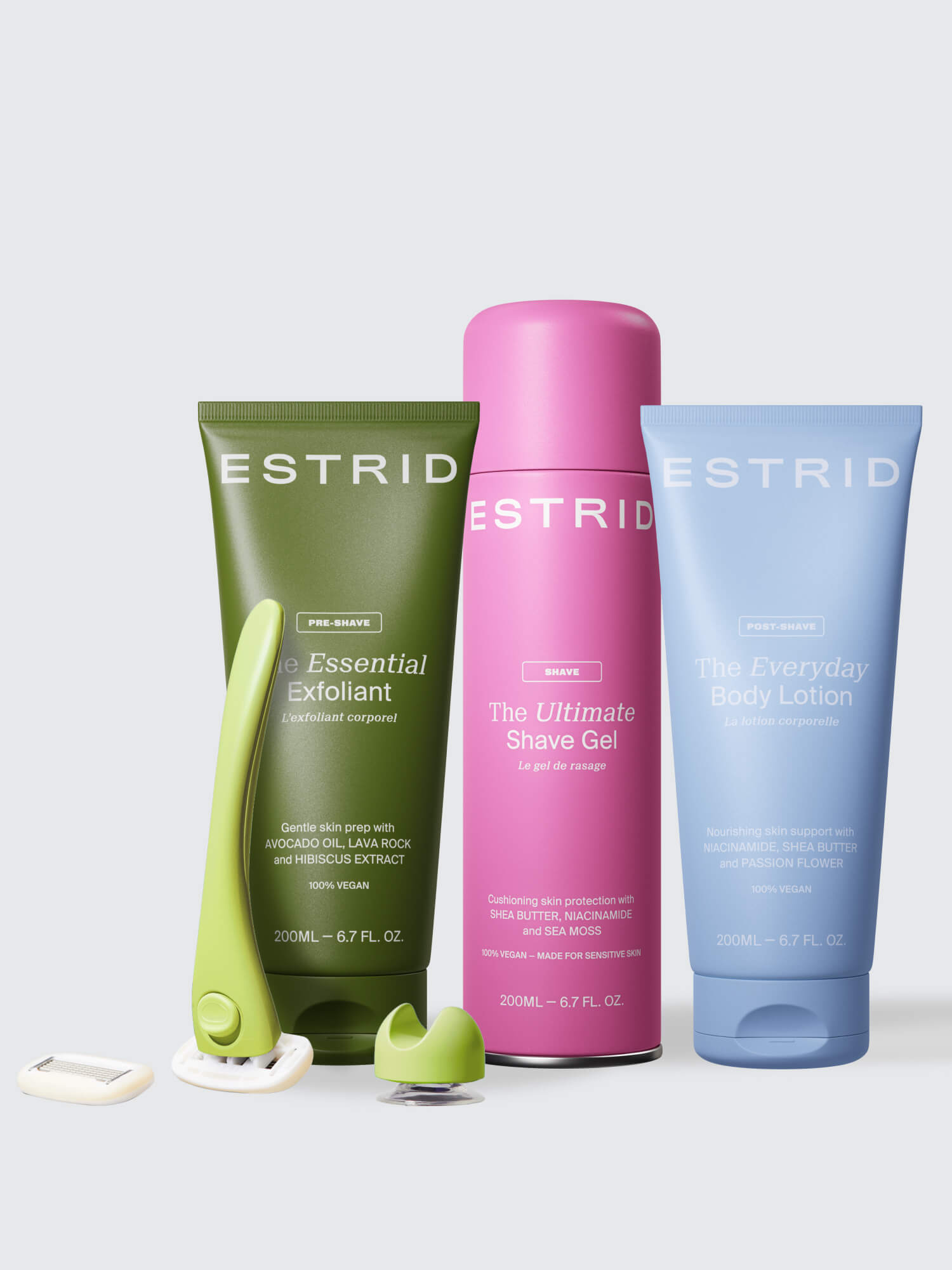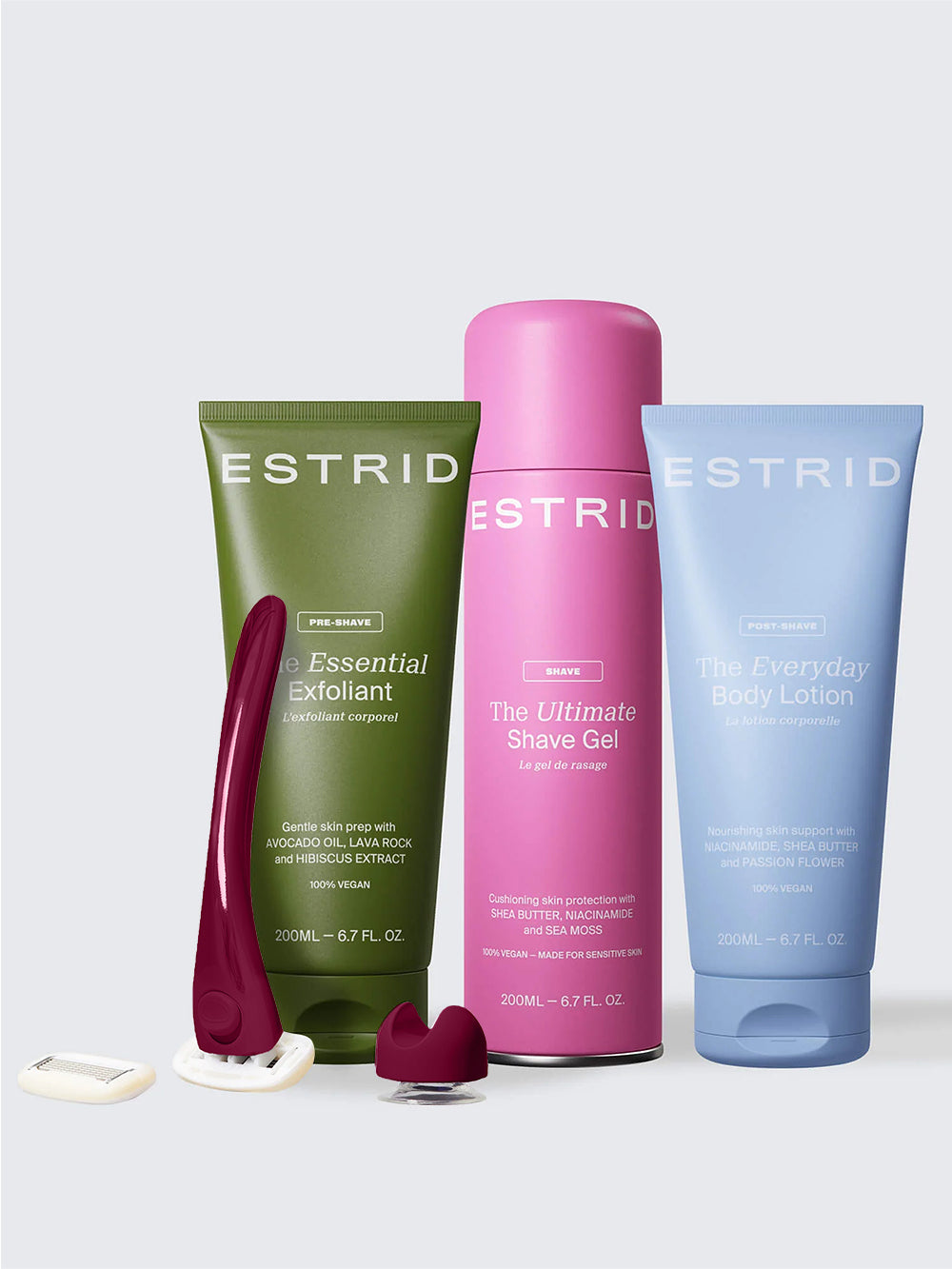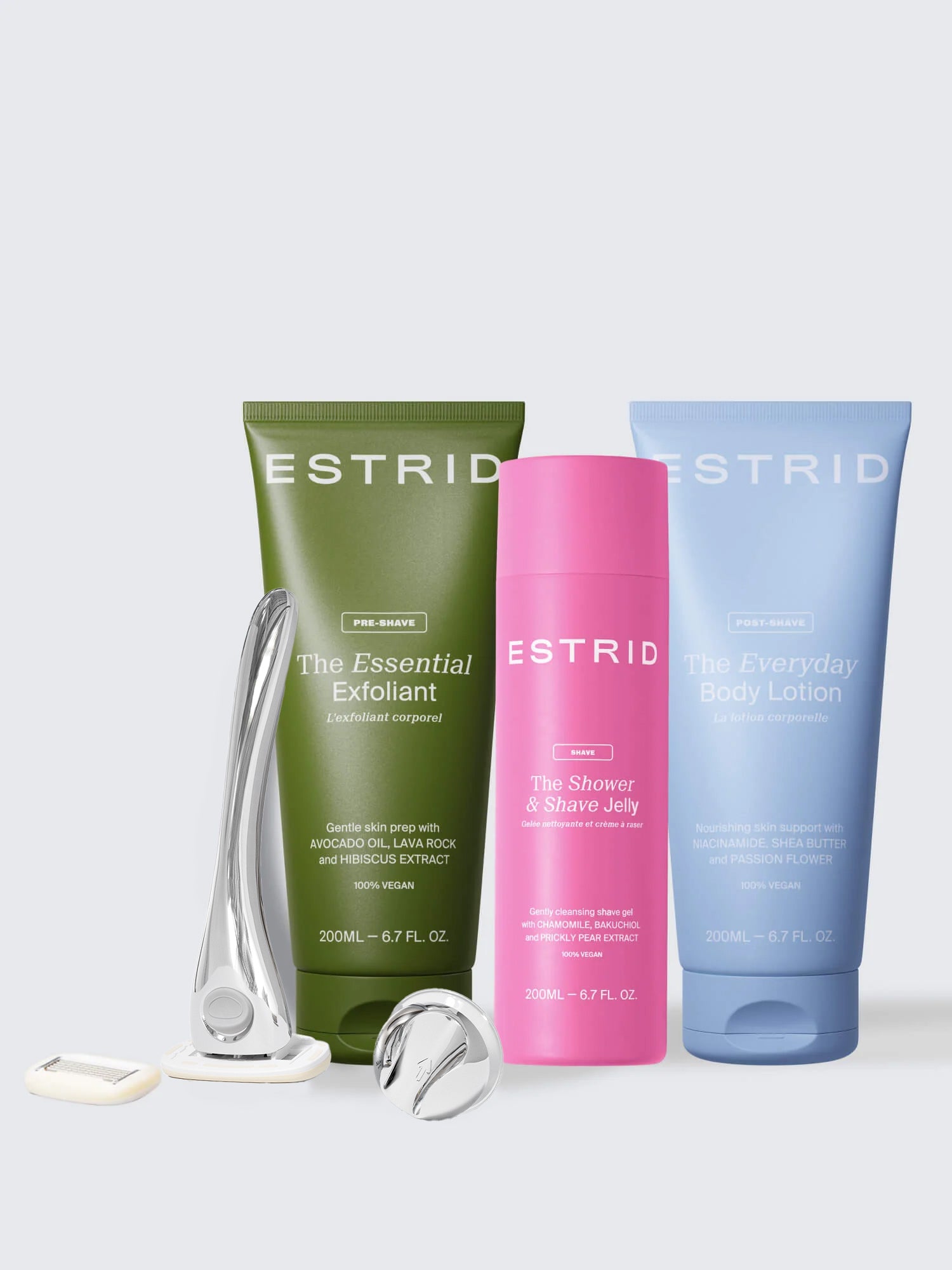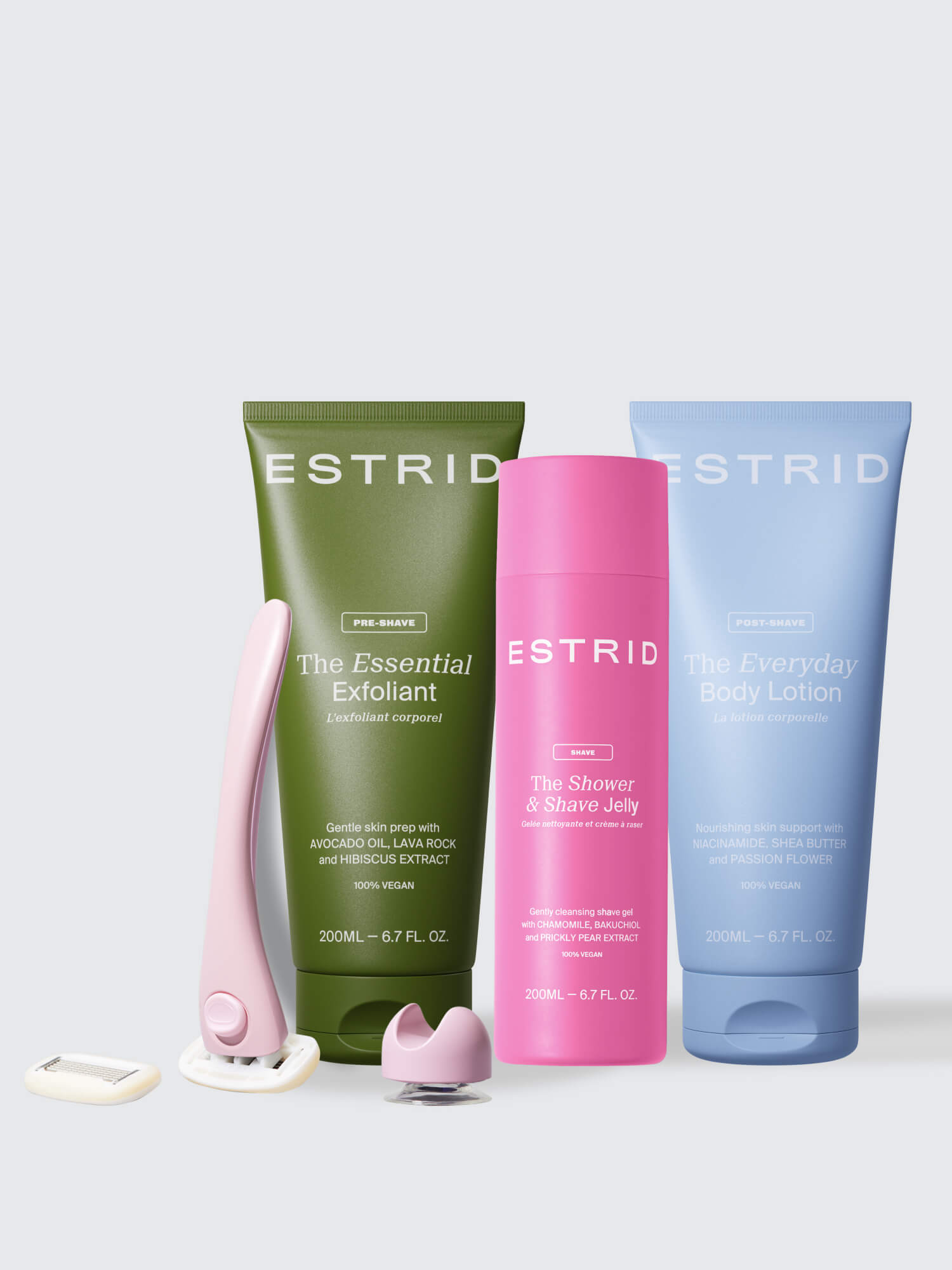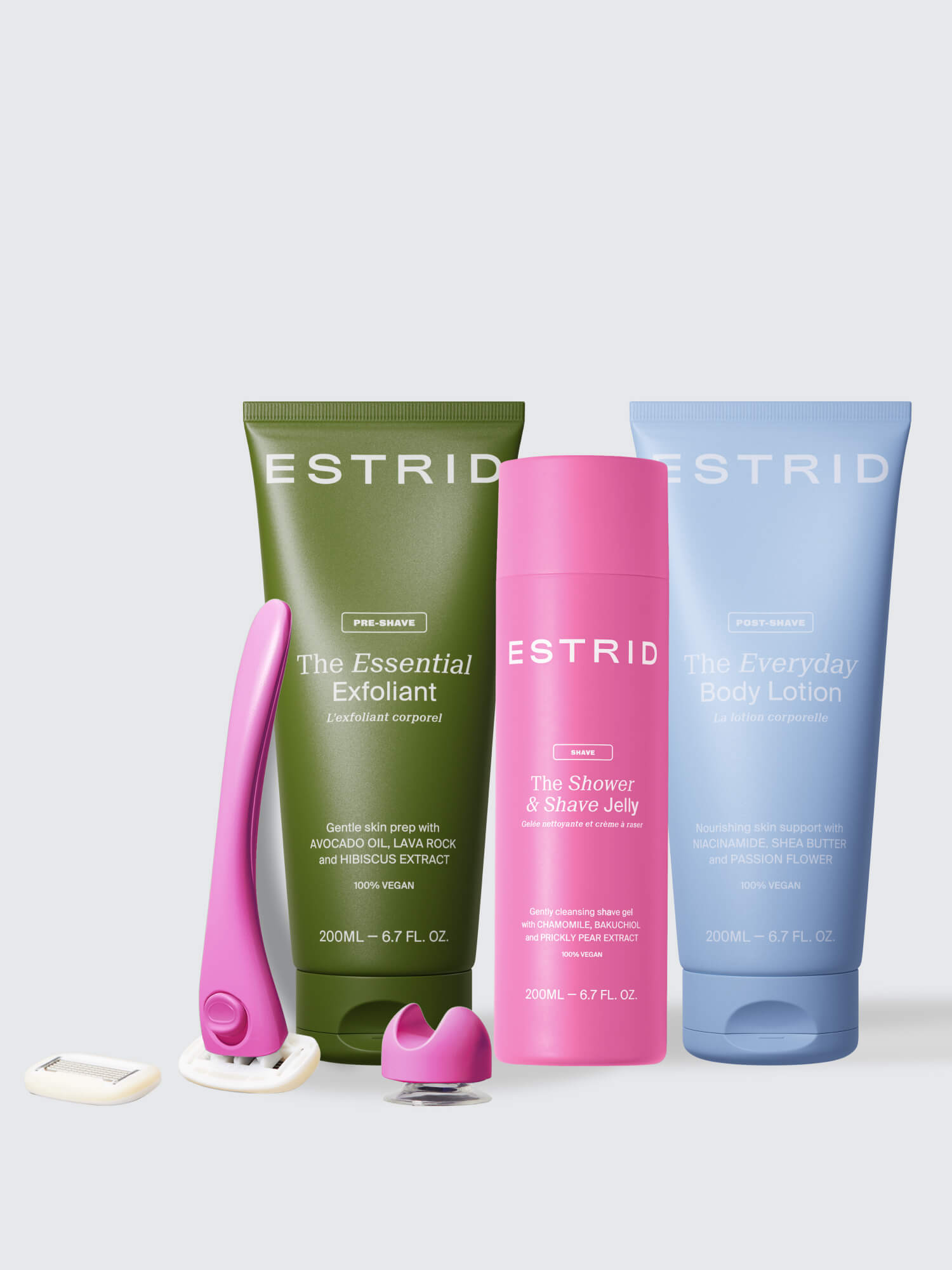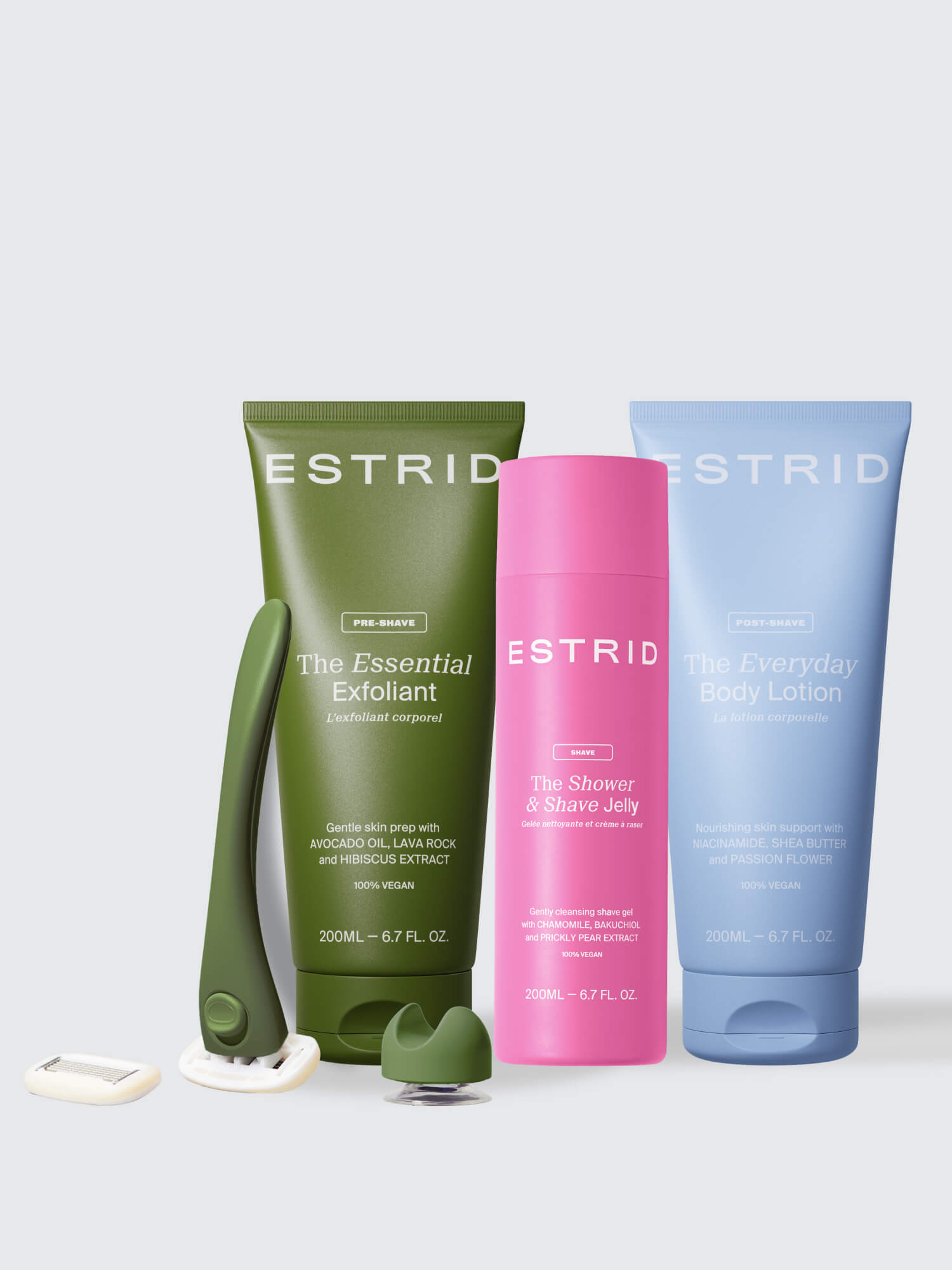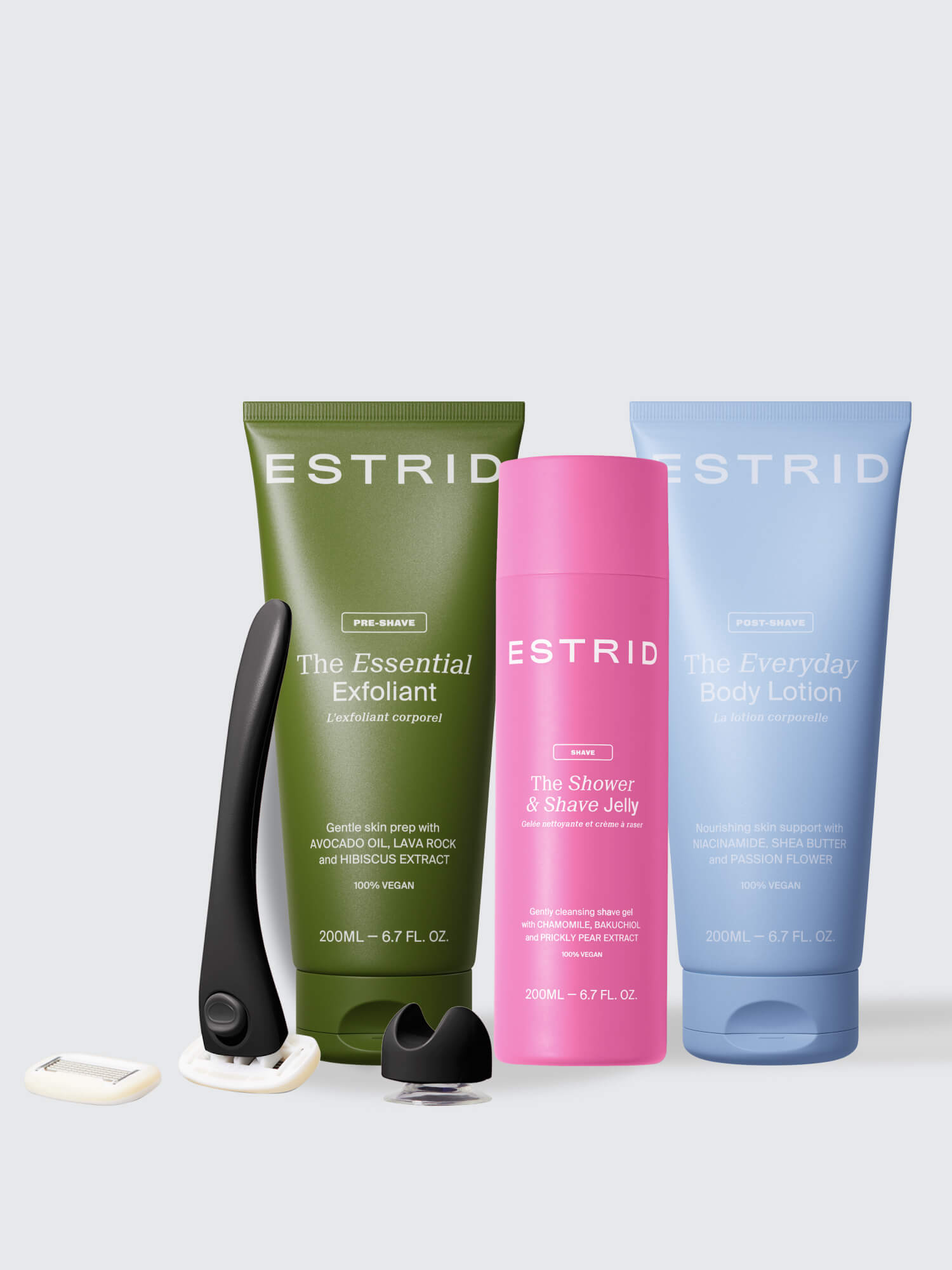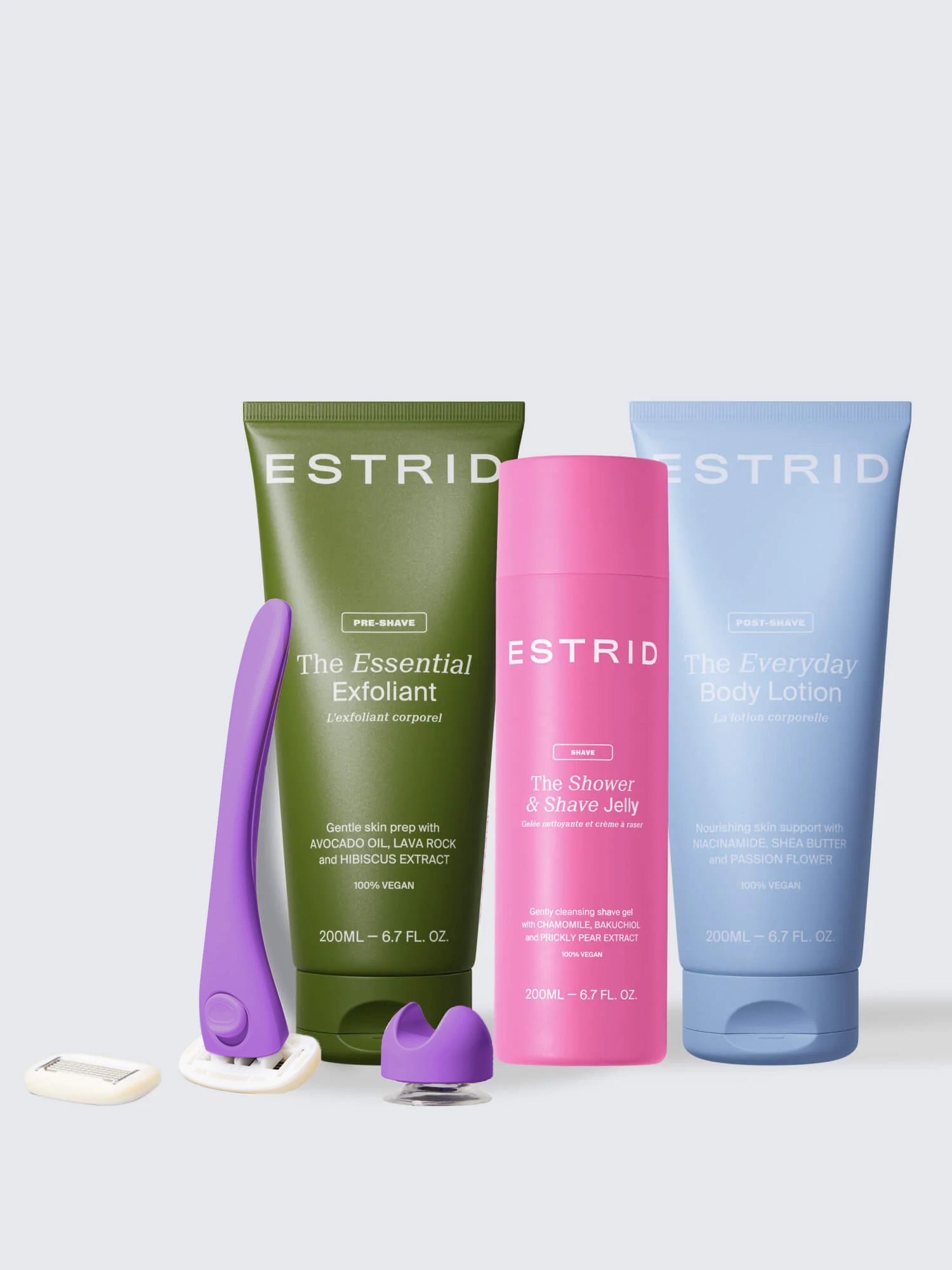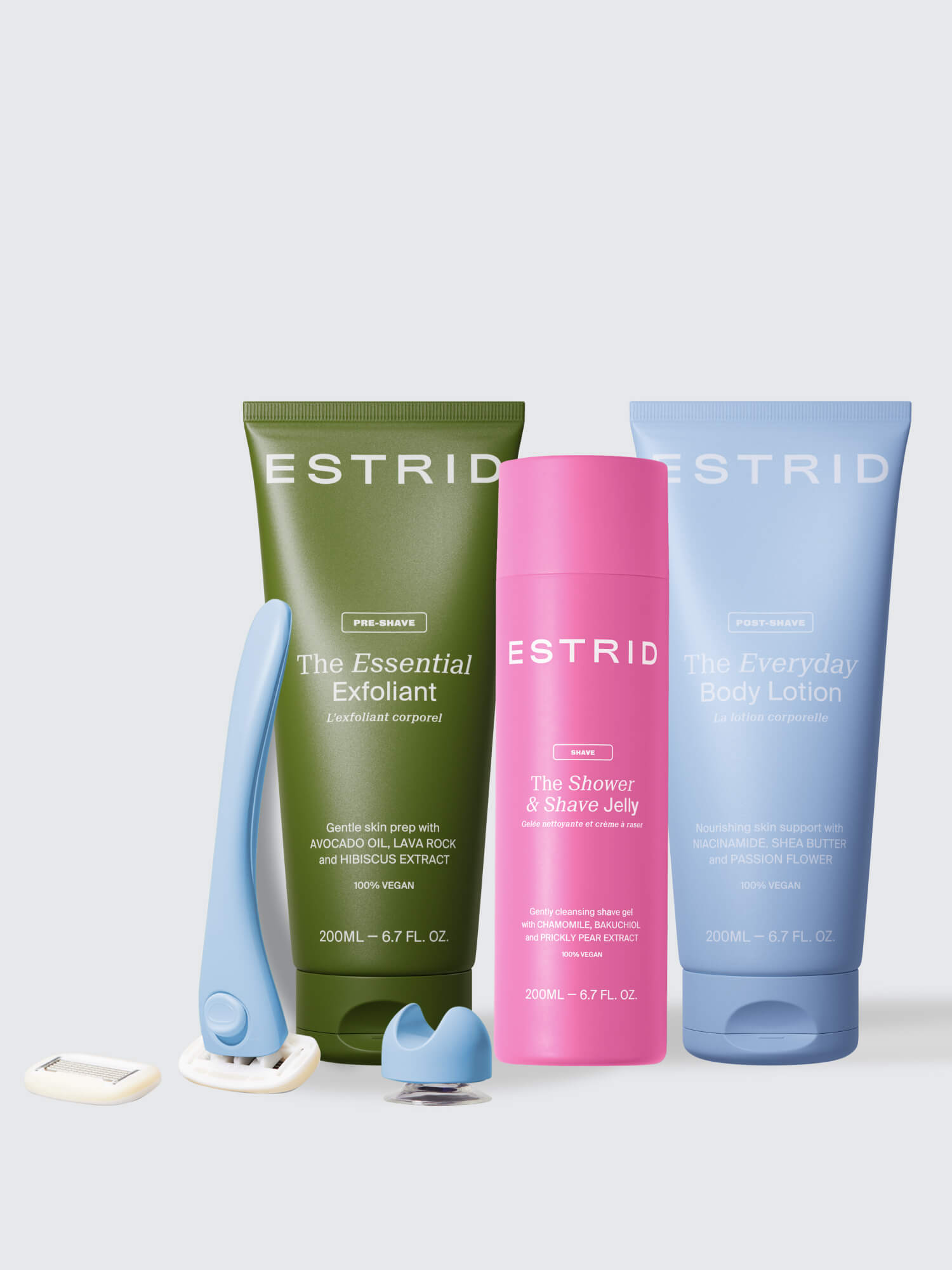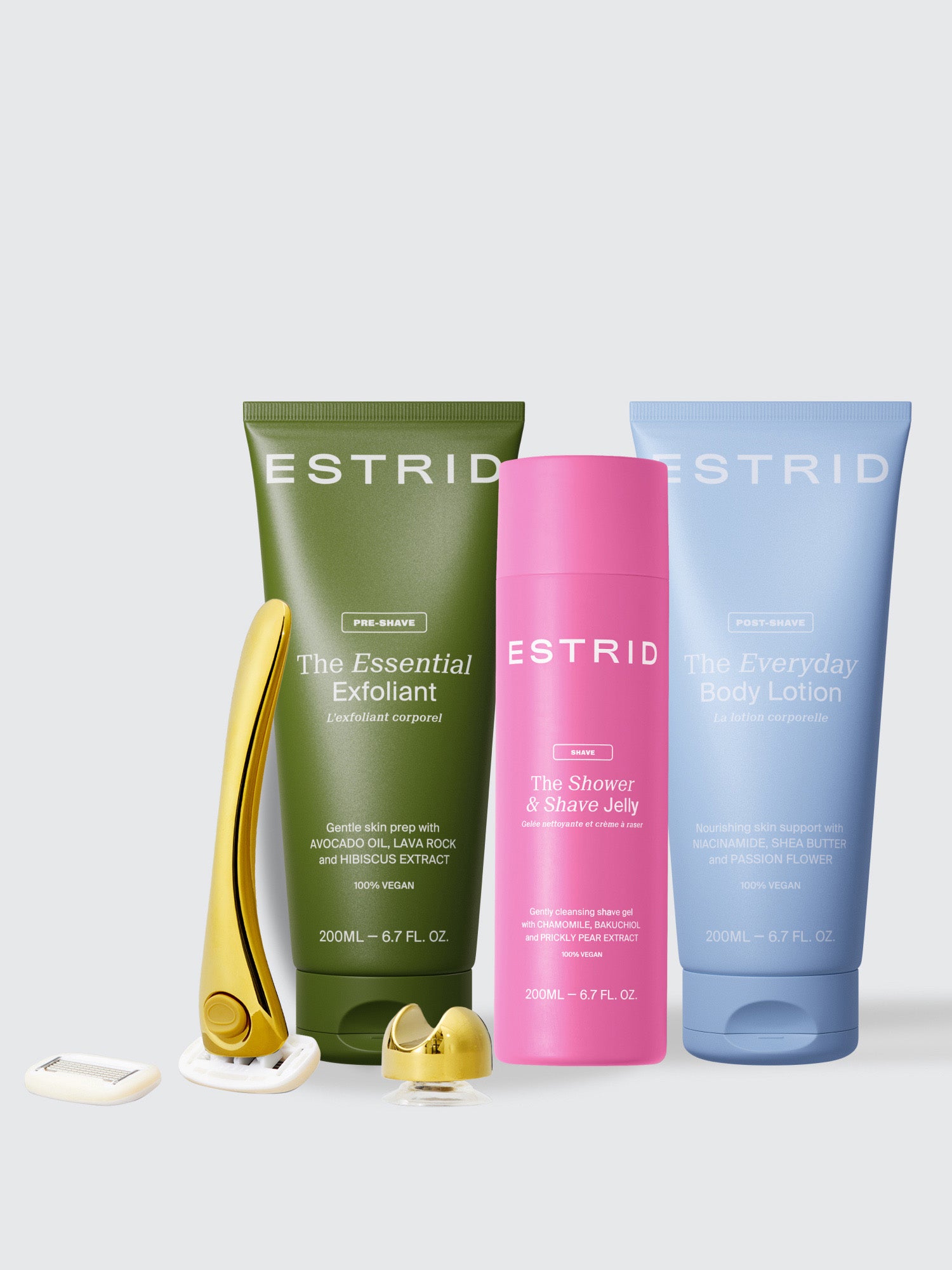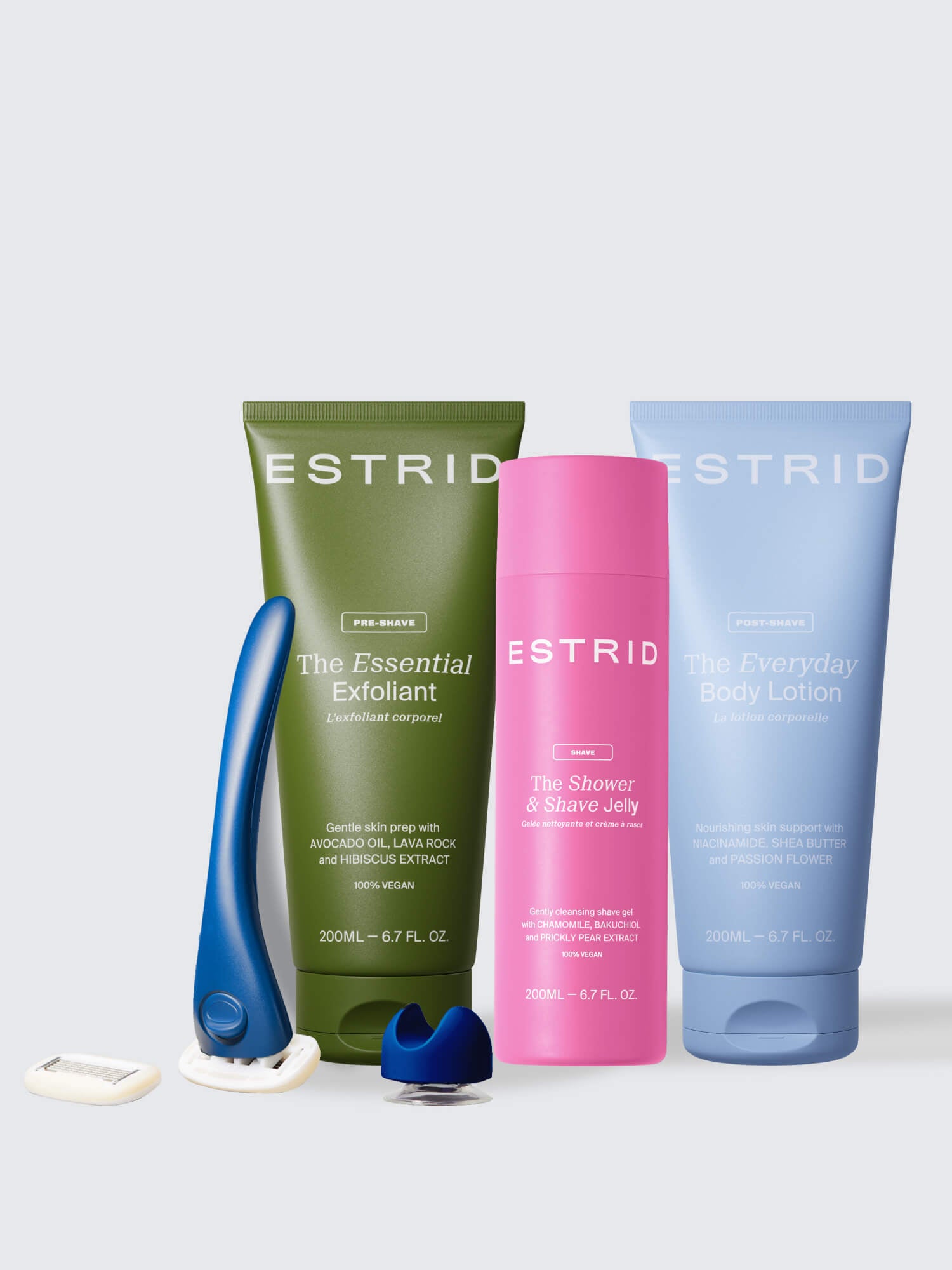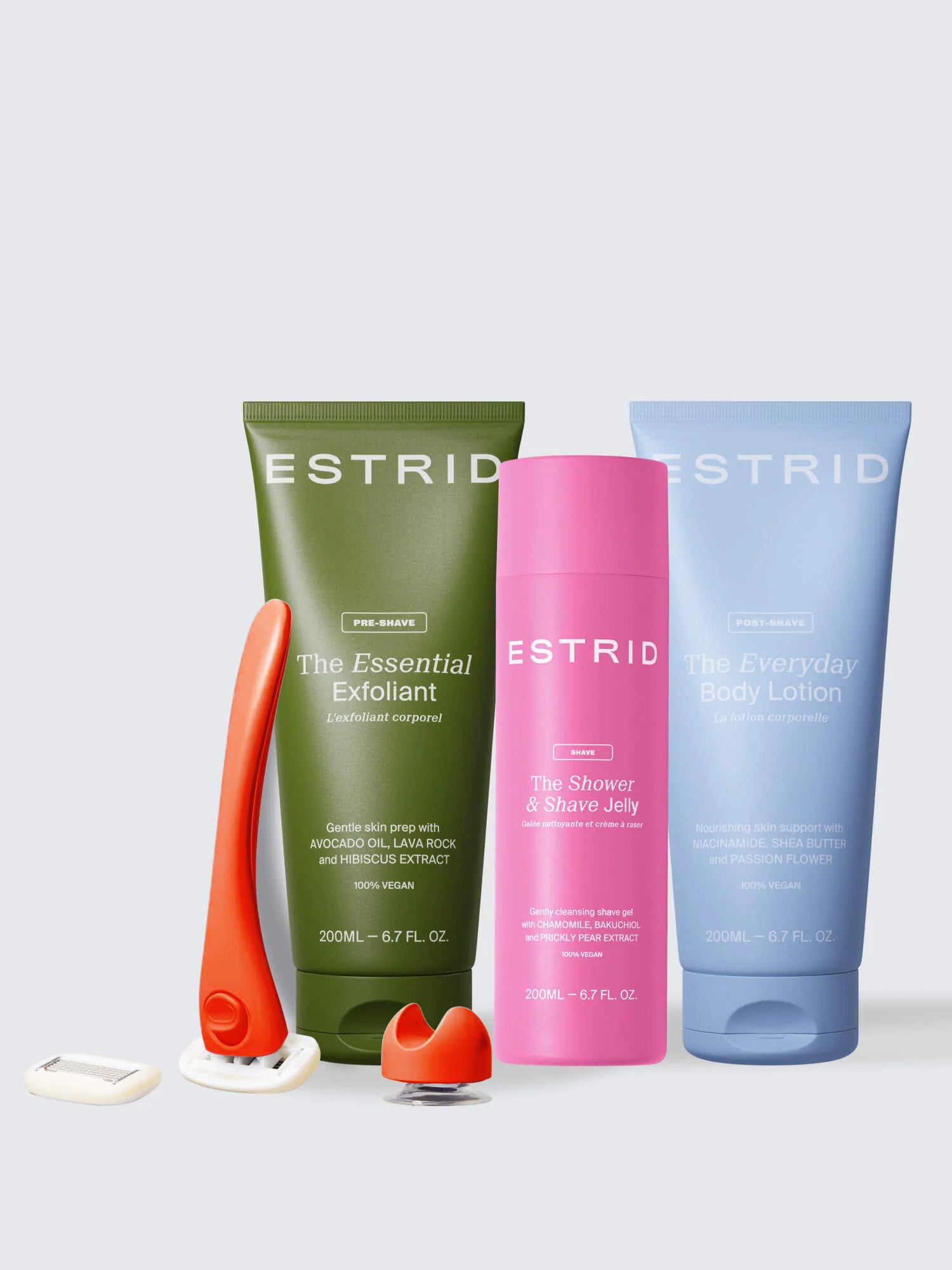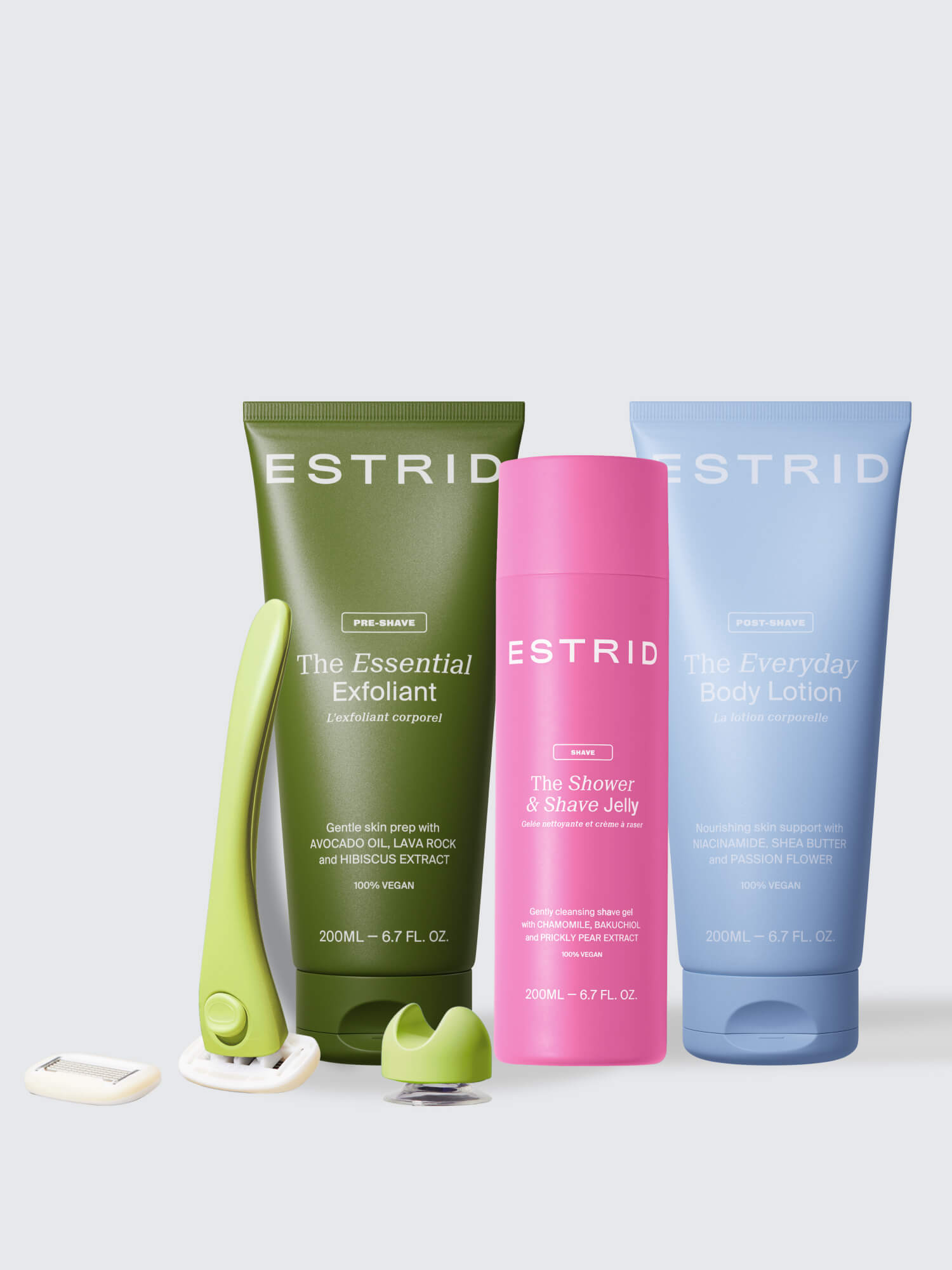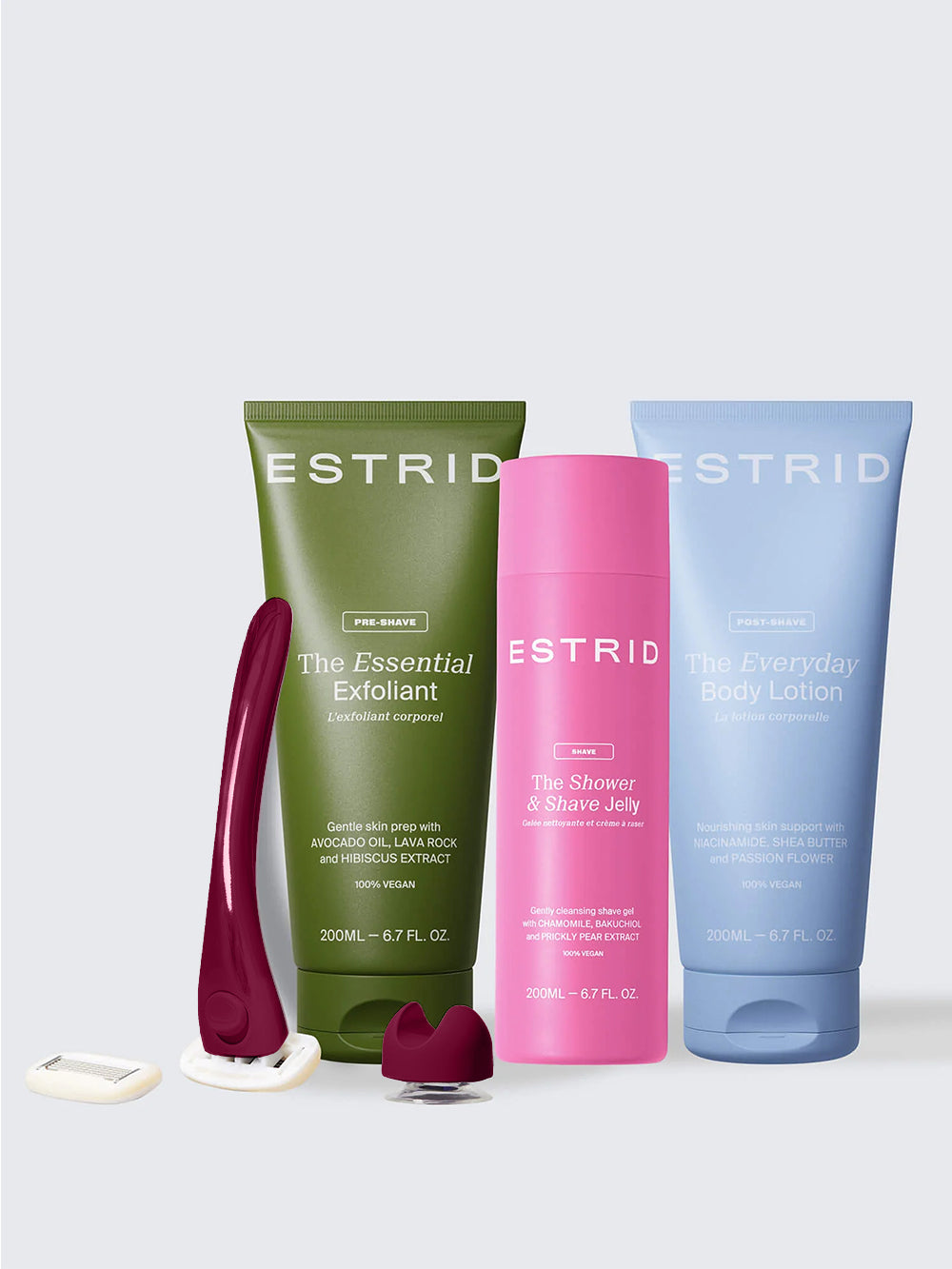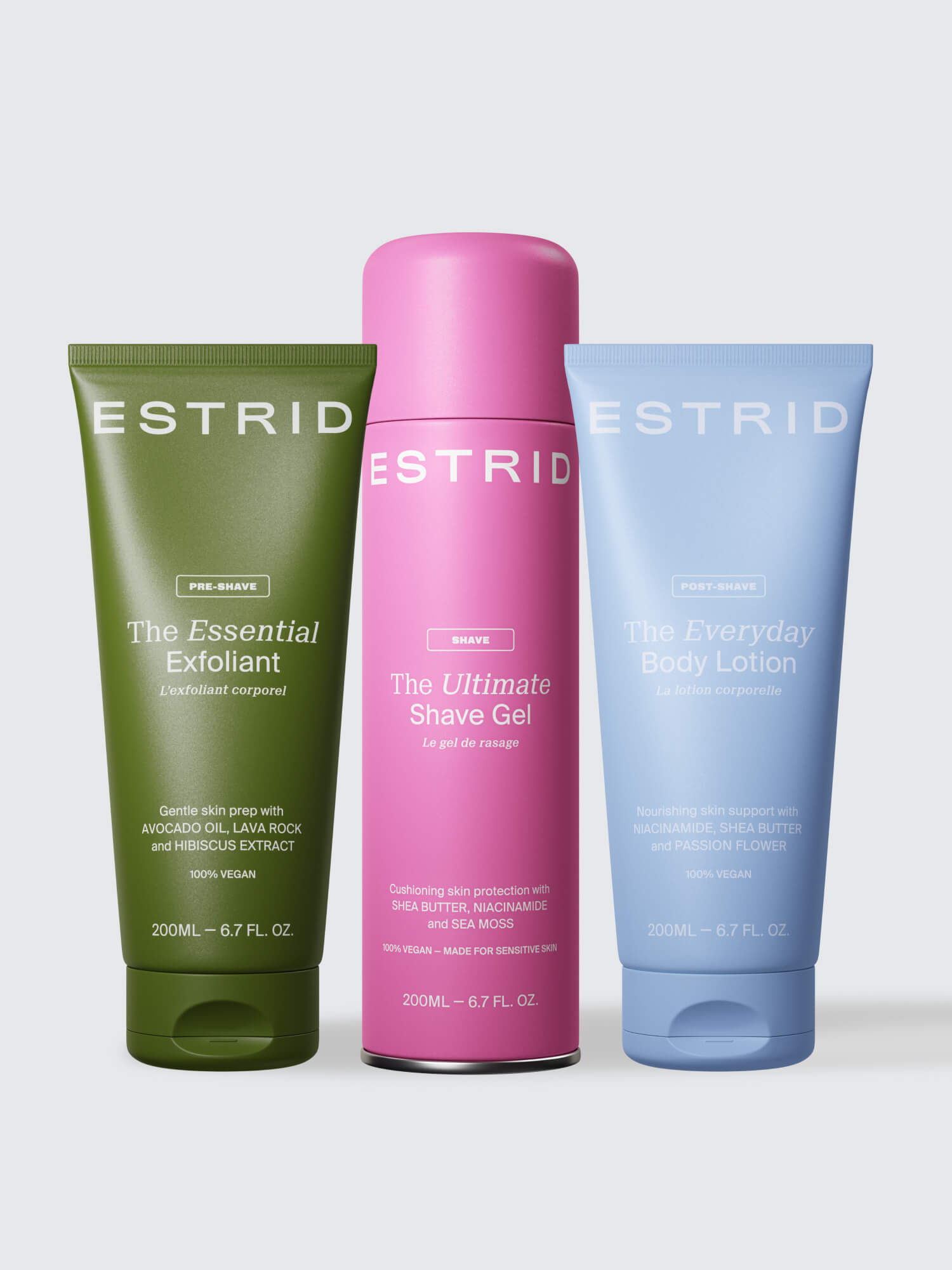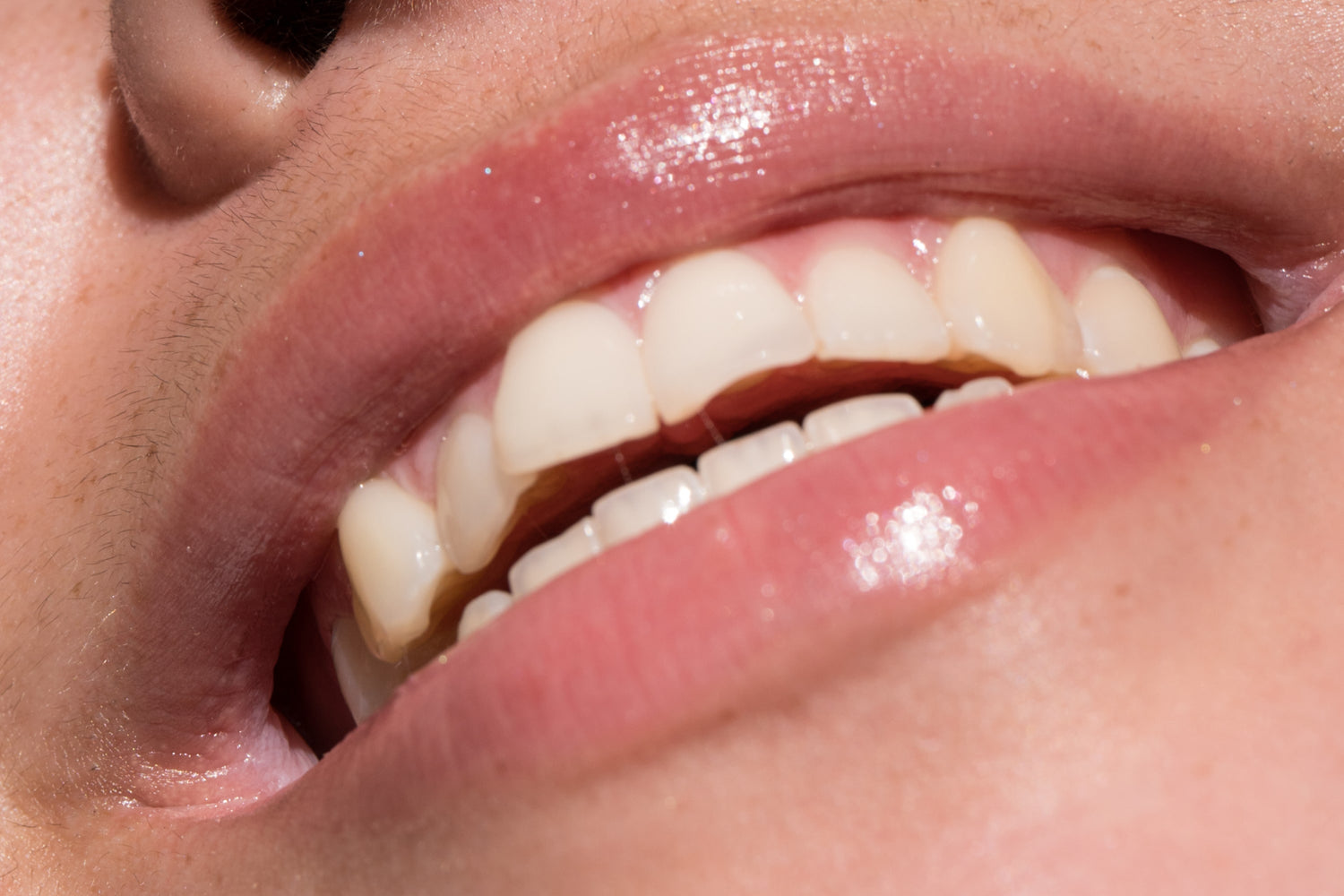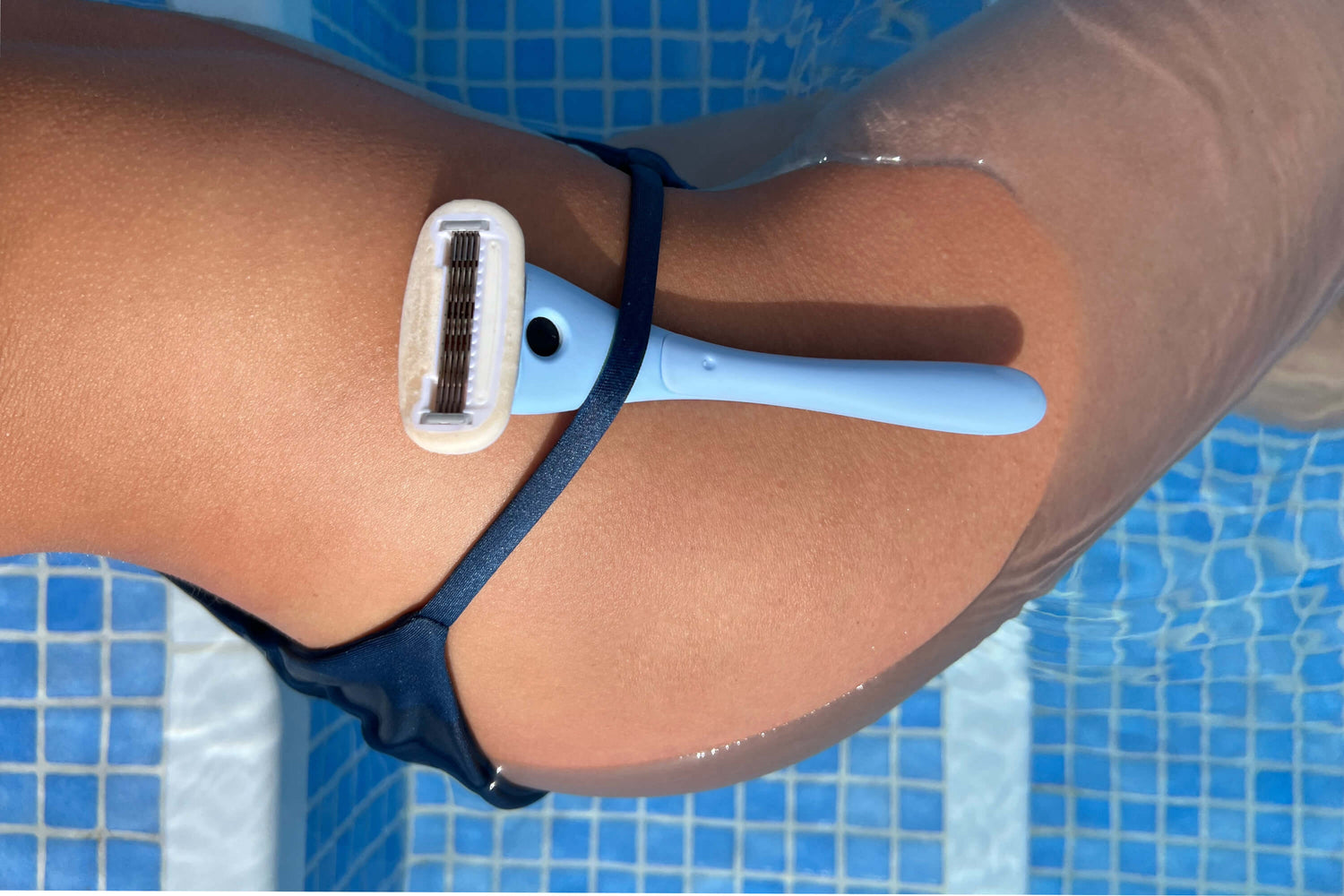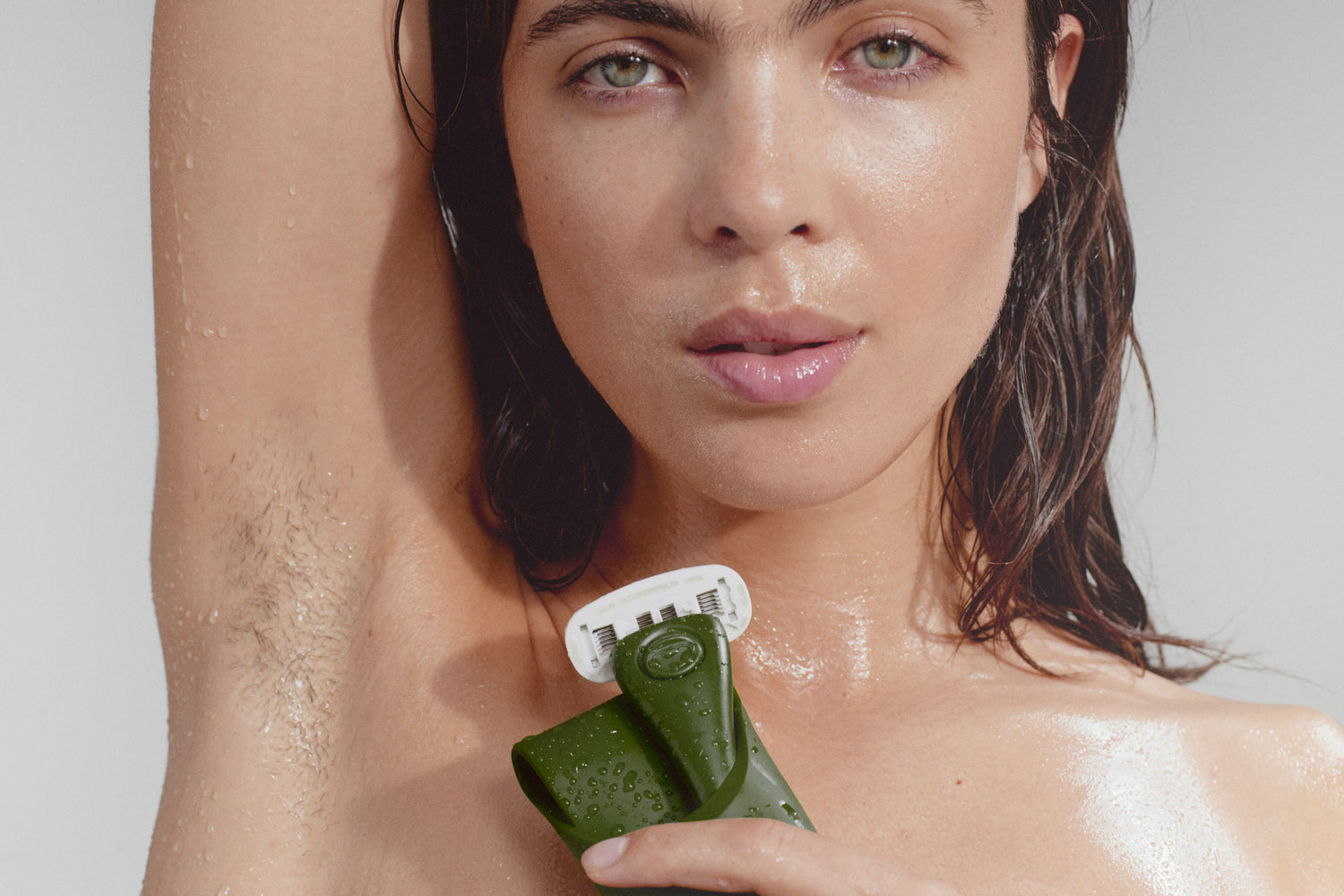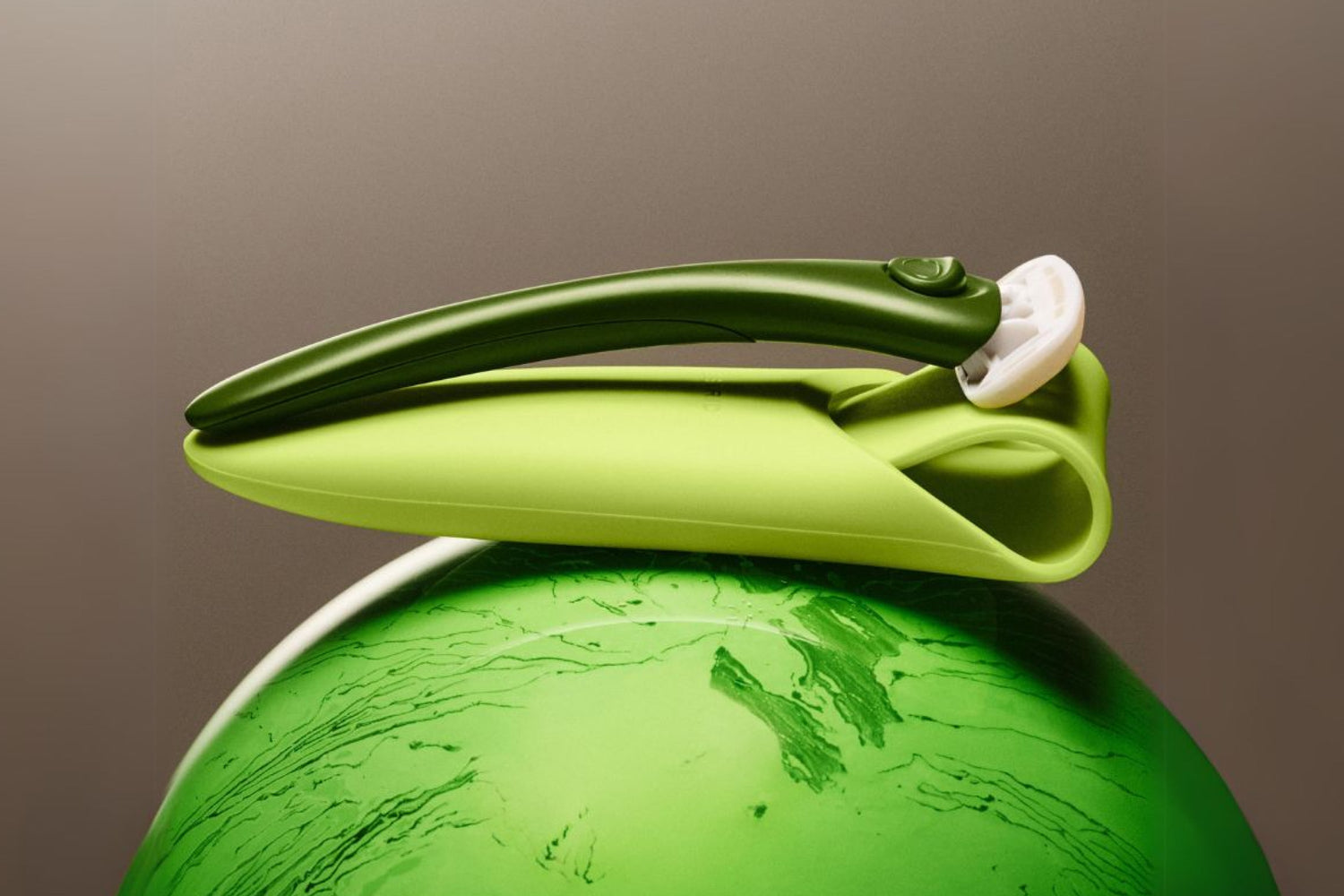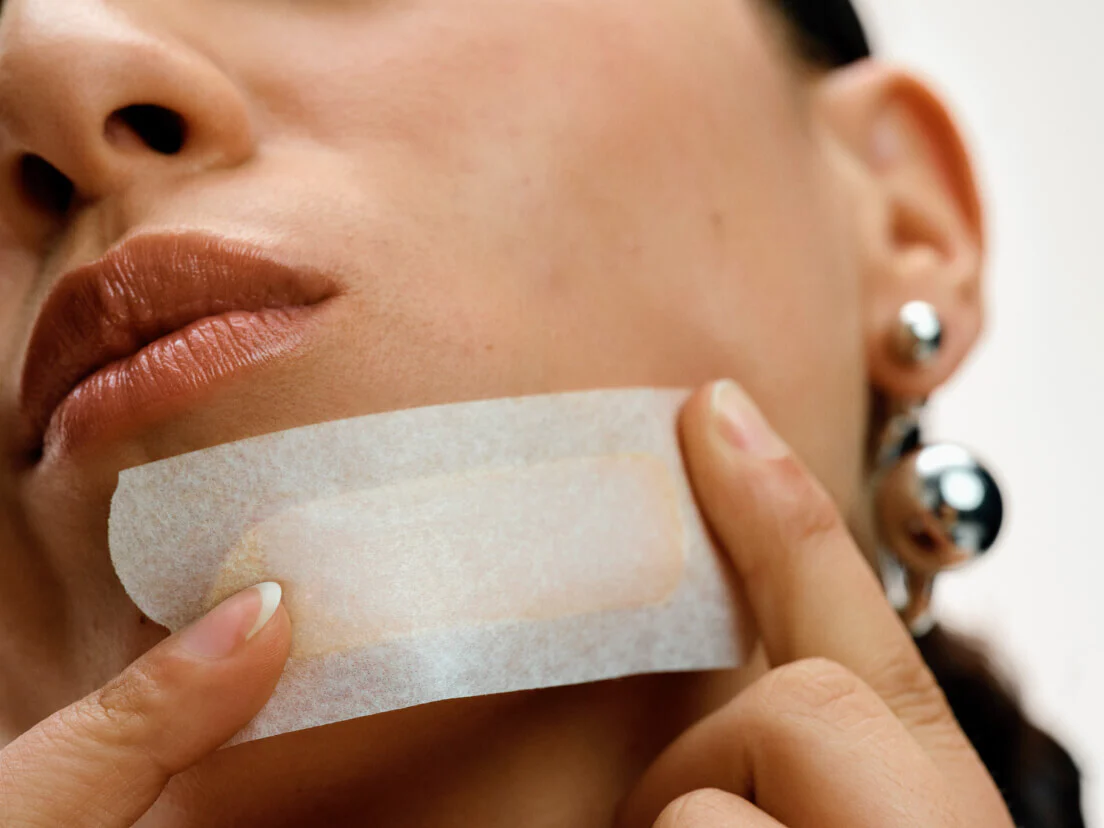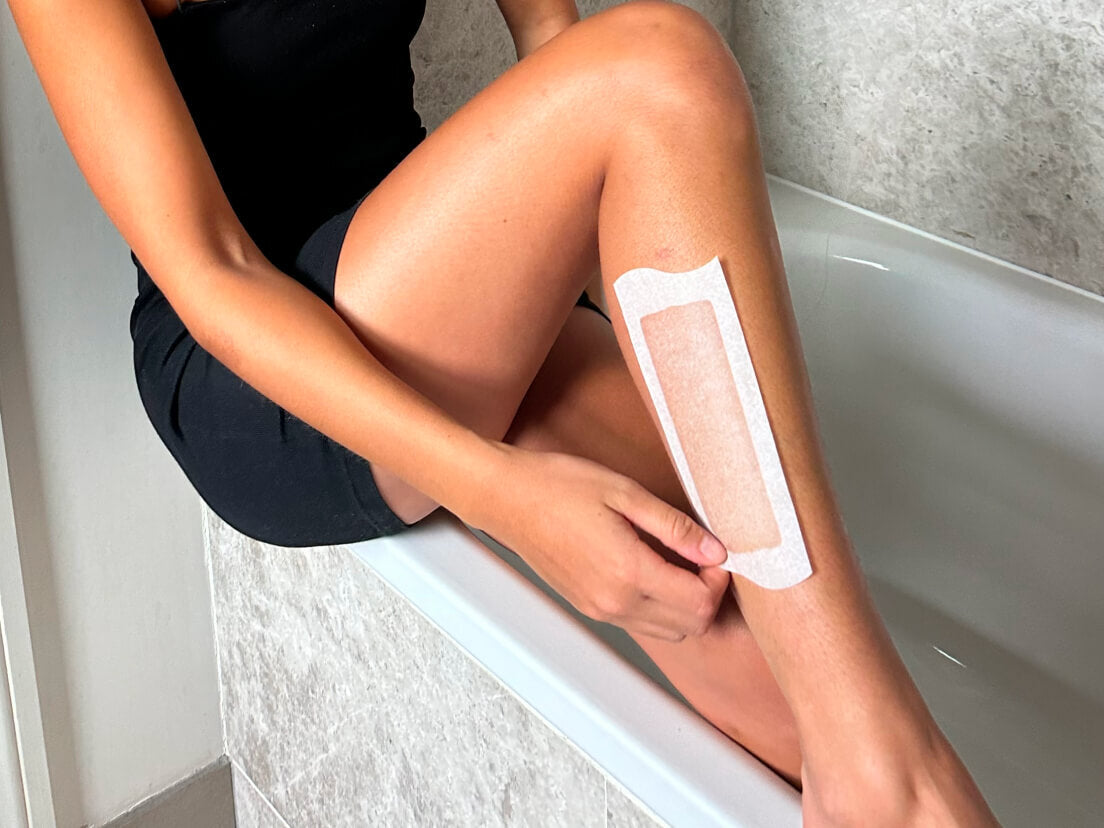Exfoliation is the holy grail of skincare. You may have heard this a million times over but honestly, it really is the key to achieving smooth, glowy skin. In this blog post, we will delve into the undeniable benefits of exfoliation and its legit super powers, including enhanced skin texture, improved skin tone, prevention of acne and breakouts and increased absorption of skincare products. Basically everything we all want to know in order to get that natural, lit-from-within glow. We’re here to help you unlock your skin's full potential and embrace the power of exfoliation.
Why is exfoliating your skin important?
- Enhanced skin texture
- Improved skin tone
- Prevention of acne and breakouts
- Increased absorption of skincare products
1. Enhanced Skin Texture
Exfoliation is a game-changer when it comes to achieving silky smooth skin. By gently buffing away dead skin cells, it helps to refine, rejuvenate and smooth the skin's surface over time, eliminating rough, dry patches.
2. Improved Skin Tone
Exfoliation has the remarkable ability to improve skin tone by stimulating cell turnover. This helps to fade away discoloration, dark spots, and uneven pigmentation, revealing a more balanced toned skin.
3. Prevention of Acne and Breakouts
Exfoliation has an amazing way of keeping acne and breakouts at bay. By unclogging pores and removing excess oil and dirt, it helps to prevent the buildup of bacteria. Regular exfoliation promotes a clean and clear complexion, allowing your skin to breathe. We should caveat this however, stick to gentle facial exfoliants like BHAs and AHAs to make sure you don’t over exfoliate, damaging the skin’s barrier. For your body you can take a slightly more intense scrub.
4. Increased Absorption of Skincare Products
Maximise the power of your routine! Exfoliation acts as a gateway to achieving maximum results from your skincare products. By eliminating the barrier of dead skin cells, it enhances the absorption of serums, moisturisers, and other skincare essentials. Every drop of nourishment penetrates deeper into the skin, delivering potent ingredients where they are needed most.

How to exfoliate your skin efficiently
Step 1: Choose an exfoliant for your skin’s needs
Step 2: Timing is everything
Step 3: Massage the exfoliator onto your skin
Step 4: Don't forget the hidden areas
Step 5: Listen to your skin
Step 6: Moisture is the key
Step 7: Use SPF
Step 1: Choose an exfoliant for your skin’s needs
Select an exfoliator that suits your skin type and concerns. Whether it's a gentle chemical exfoliant with AHAs or BHAs, or a more intense sugar scrub with natural exfoliating beads, find the perfect companion for your skin.
Step 2: Timing is everything
Generally, 1 a week is enough, but listen to your skin's needs and adjust accordingly. Balance is key. If you are waxing or shaving it’s a great idea to exfoliate at least a couple of days before and afterwards to give your skin the smoothest results.
Step 3: Massage the exfoliator onto your skin
Use gentle, circular motions to massage the exfoliator onto your skin, avoiding harsh scrubbing that may cause irritation.
Step 4: Don't forget the hidden areas
Don’t forget the neck, décolletage, and even your hands to give your whole body a glow boost.
Step 5: Listen to Your Skin
Pay attention to how your skin reacts to exfoliation. If you see any signs of irritation, adjust the intensity or frequency of exfoliation. Finding the right balance is essential for achieving healthy skin.
Step 6: Moisture is the Key
After exfoliation, replenish and hydrate your skin with a nourishing moisturiser. Lock in the benefits of exfoliation by sealing in moisture.
Step 7: Use SPF
Sun Protection, Always! Protect your freshly exfoliated skin from harmful UV rays by applying a broad-spectrum sunscreen with an appropriate SPF. Shielding your skin from sun damage prevents any unwanted pigmentation.
